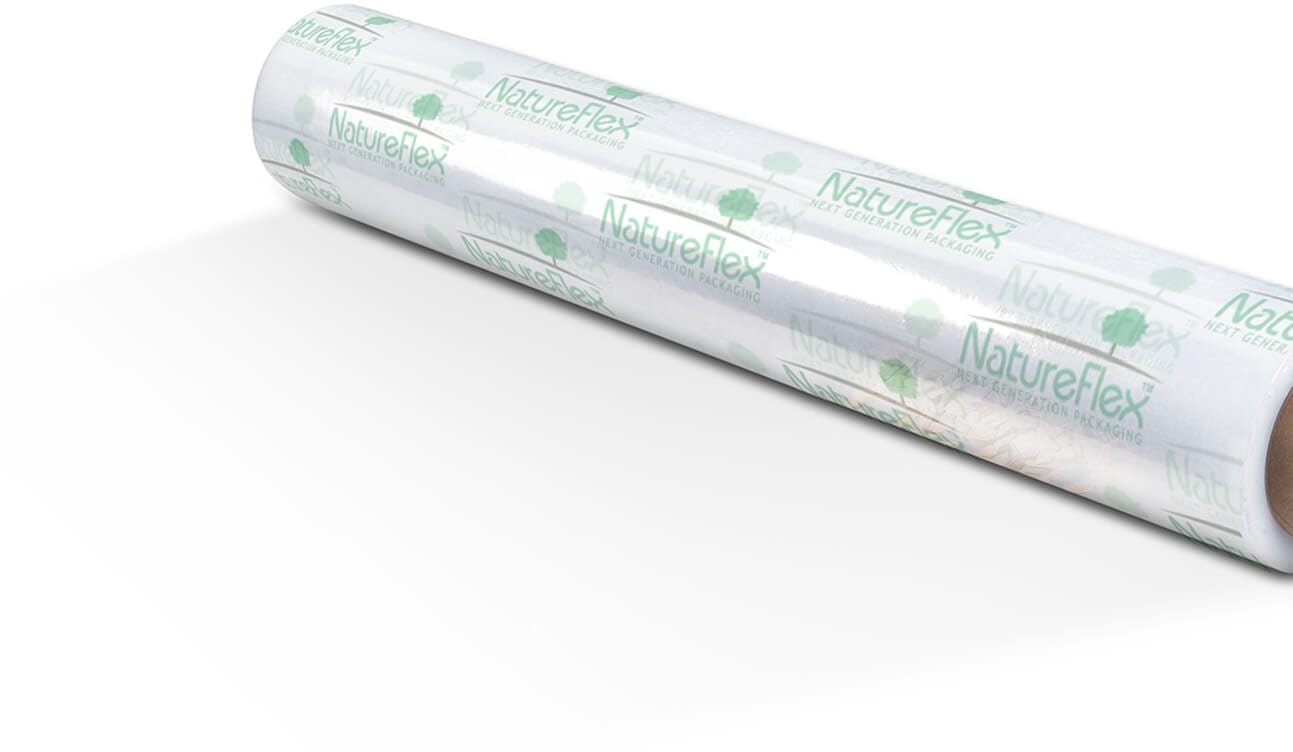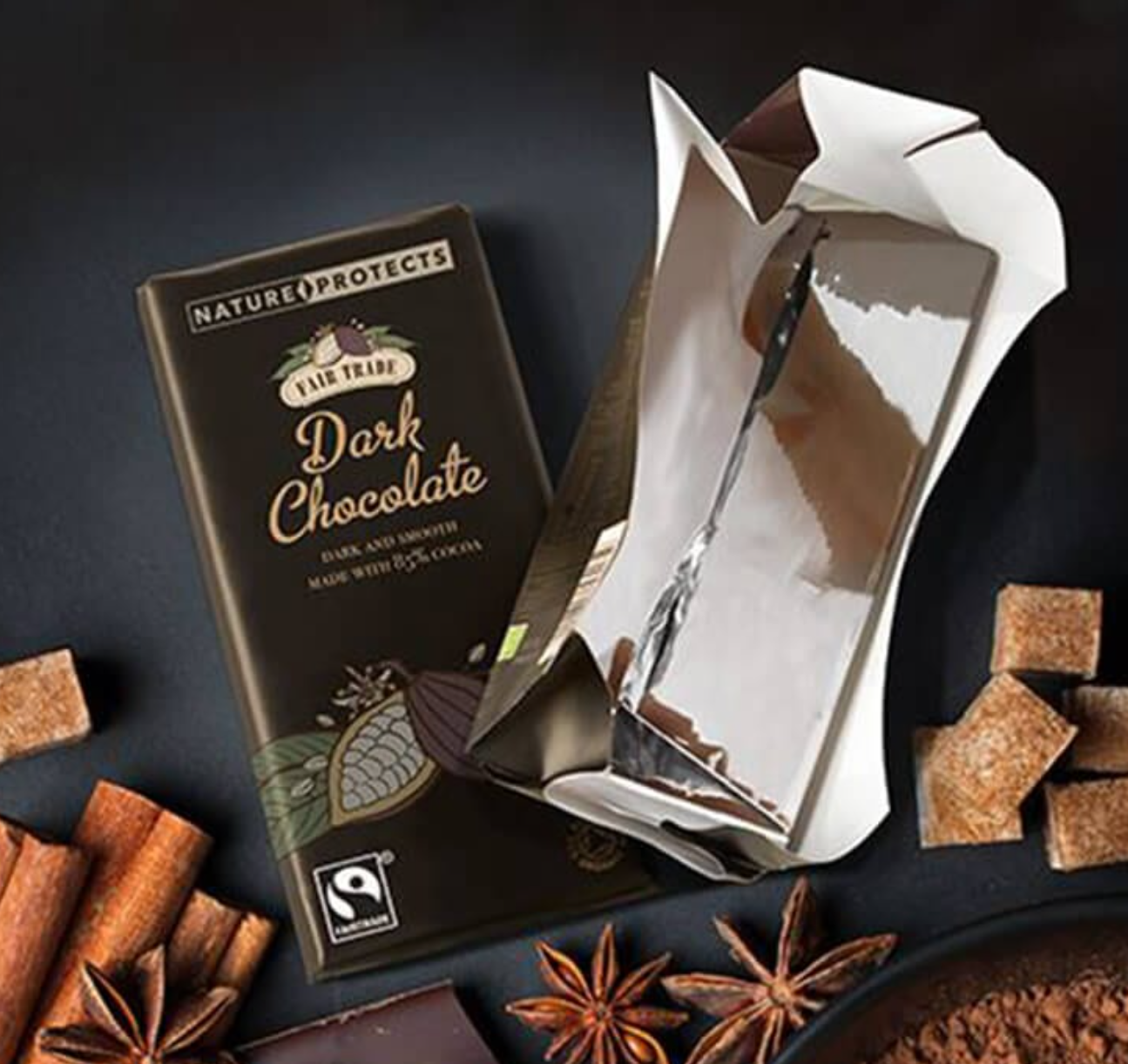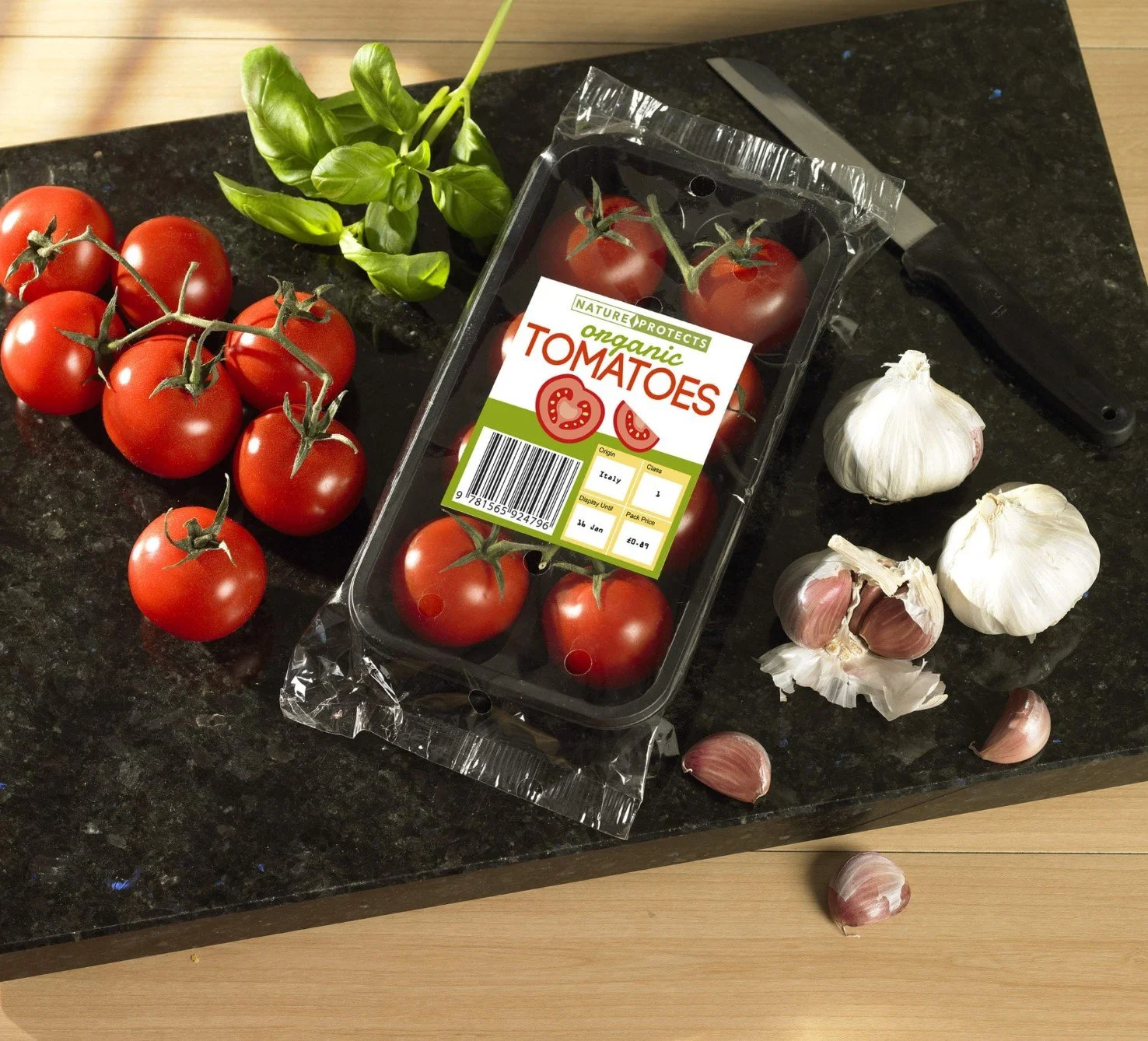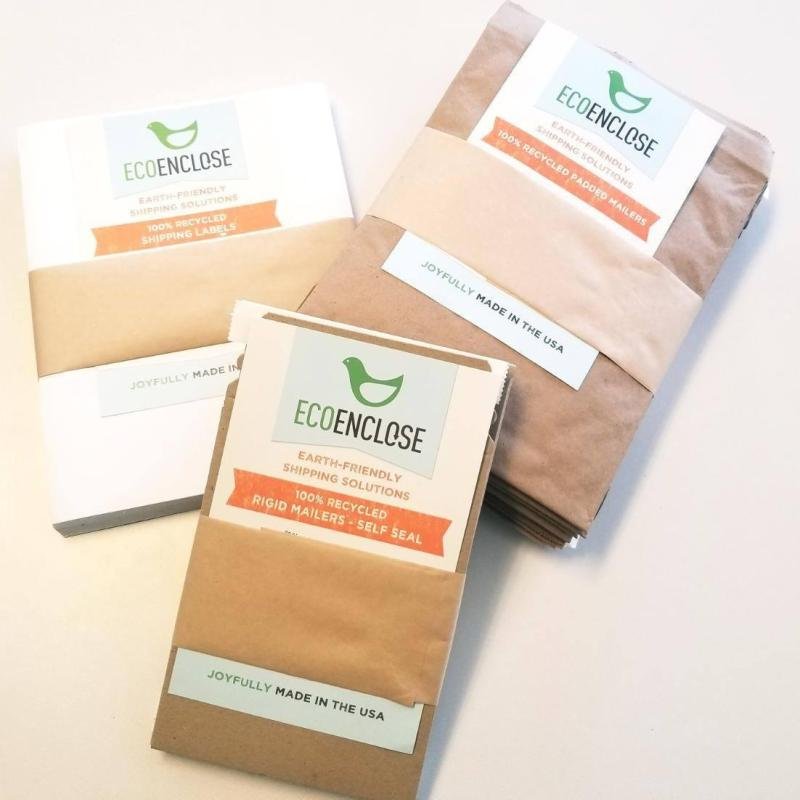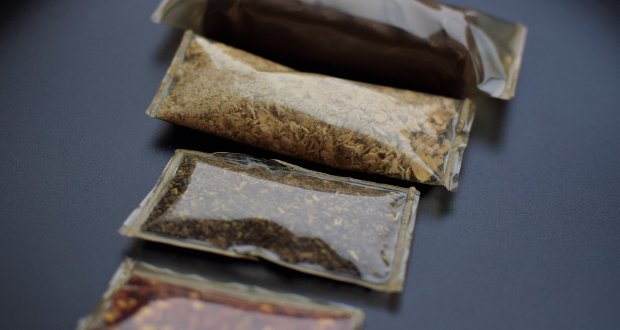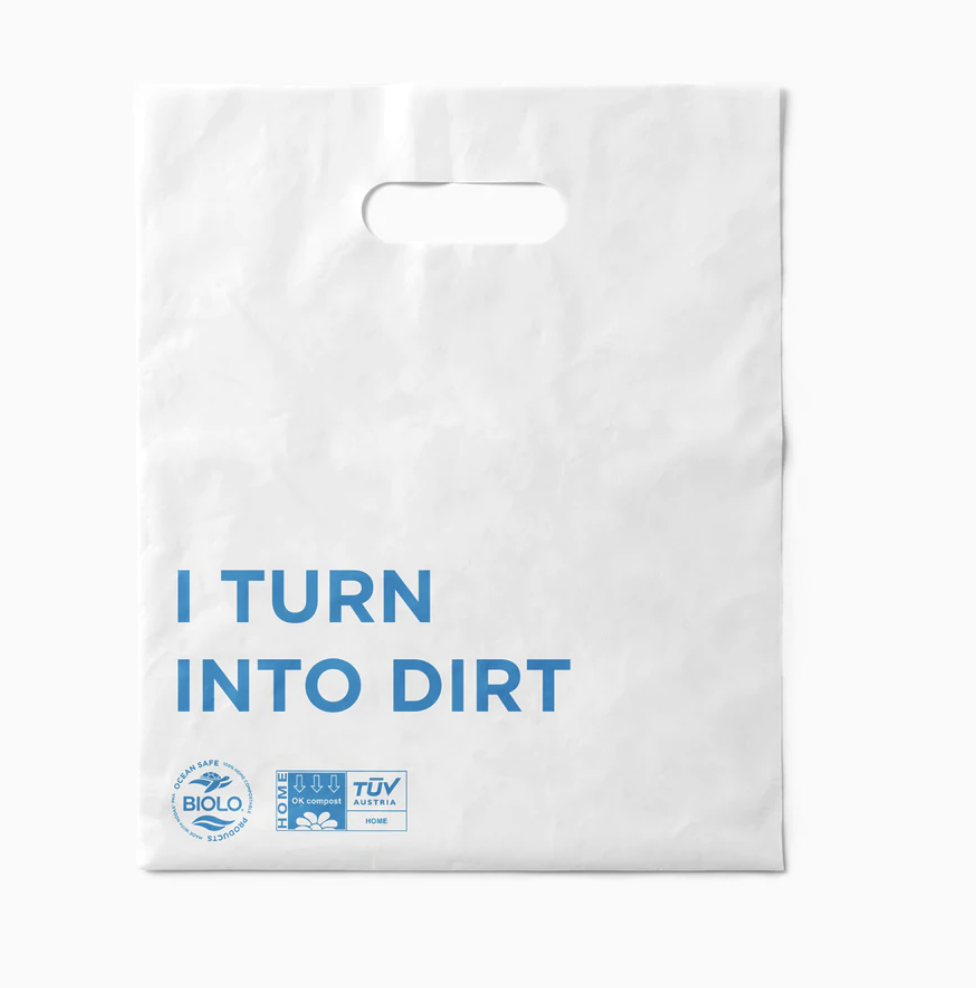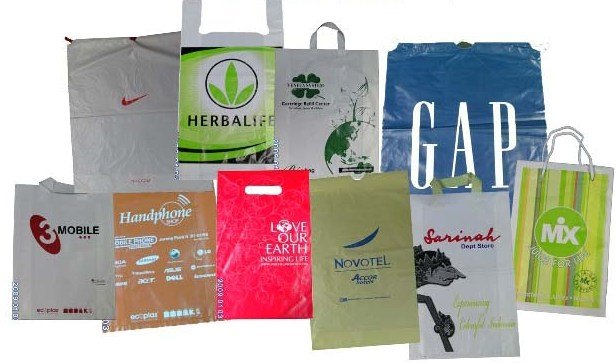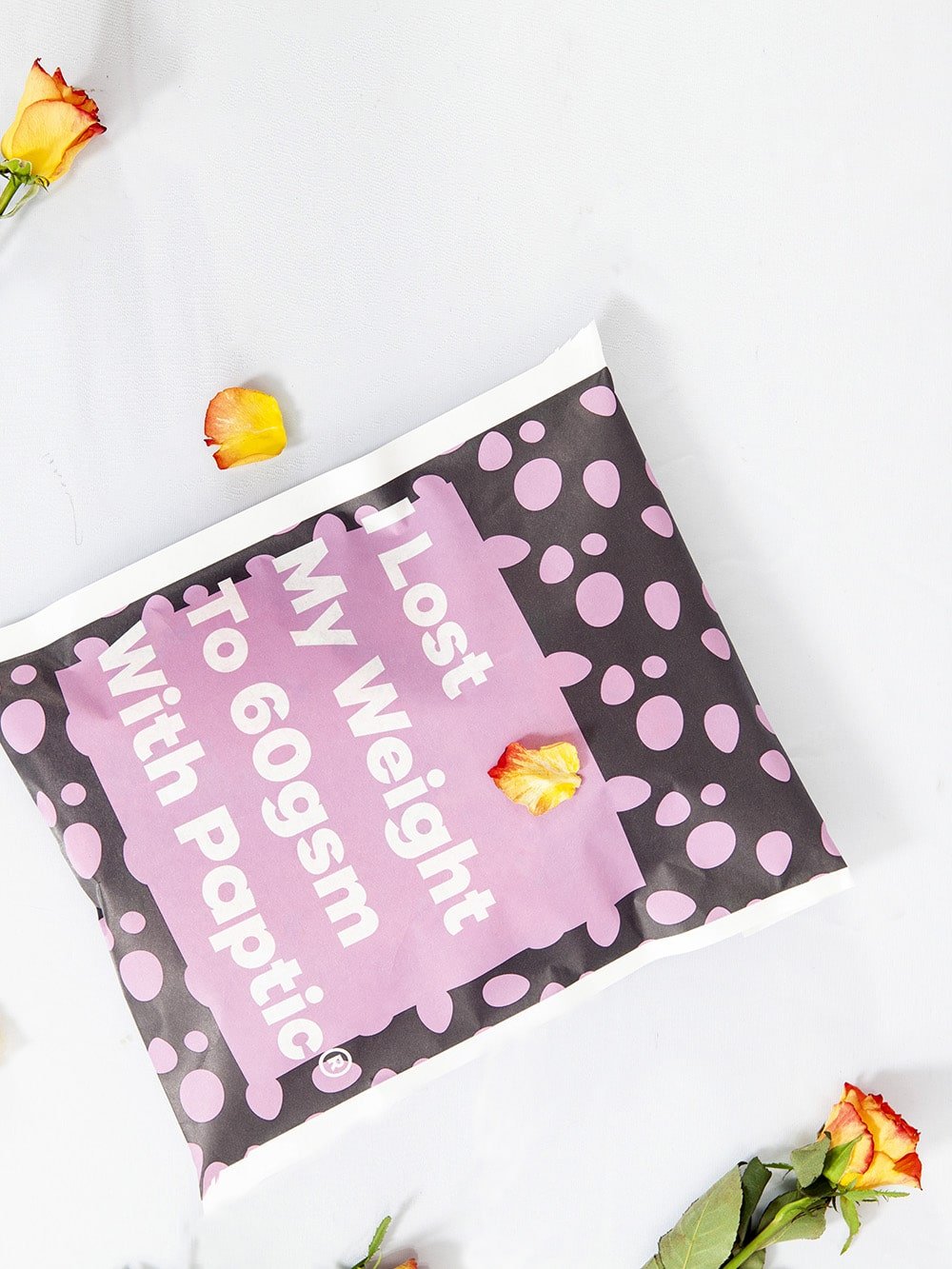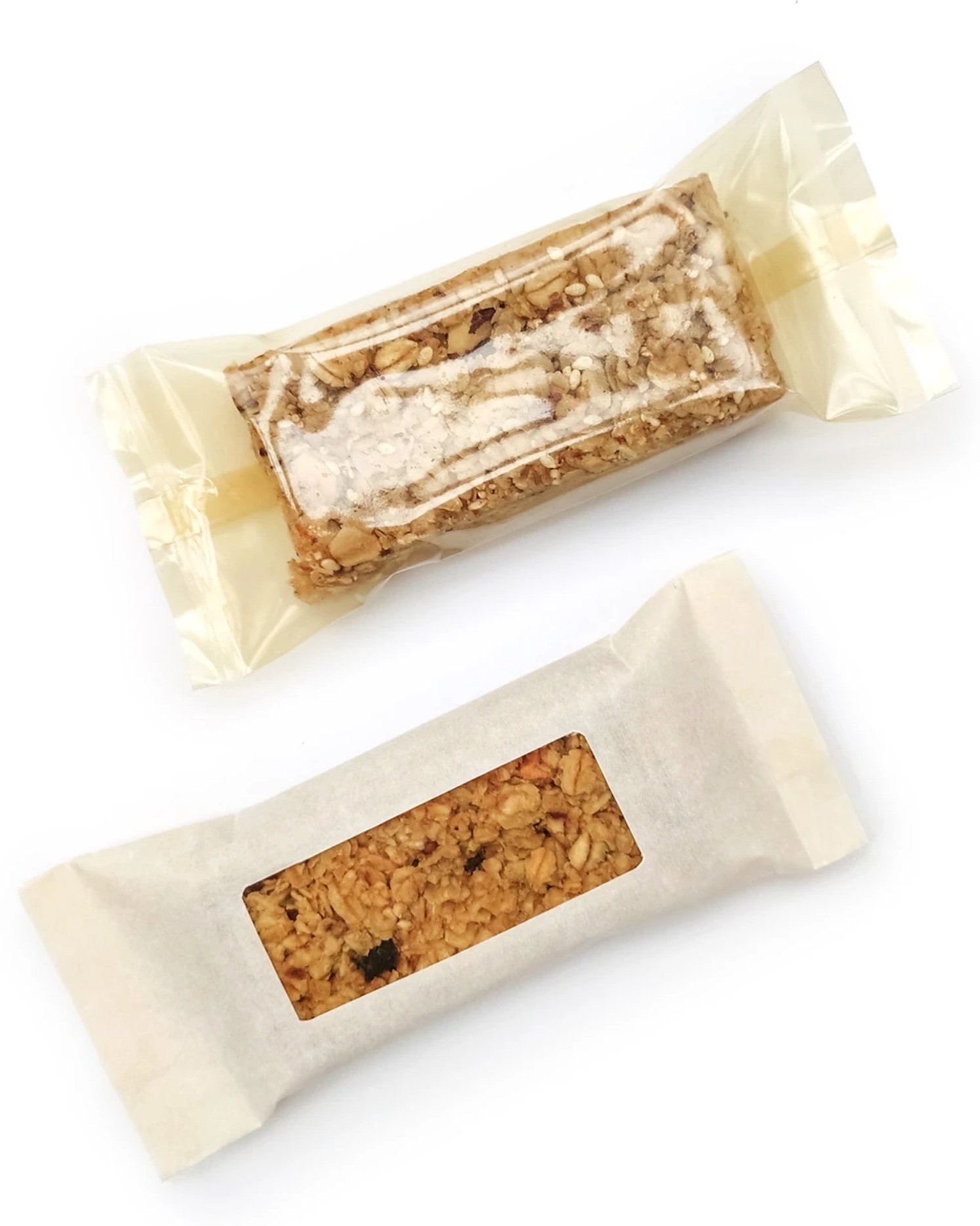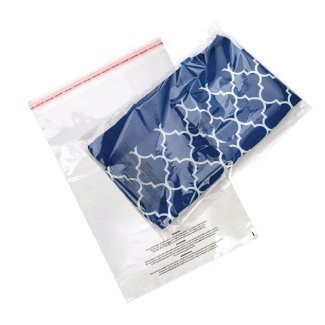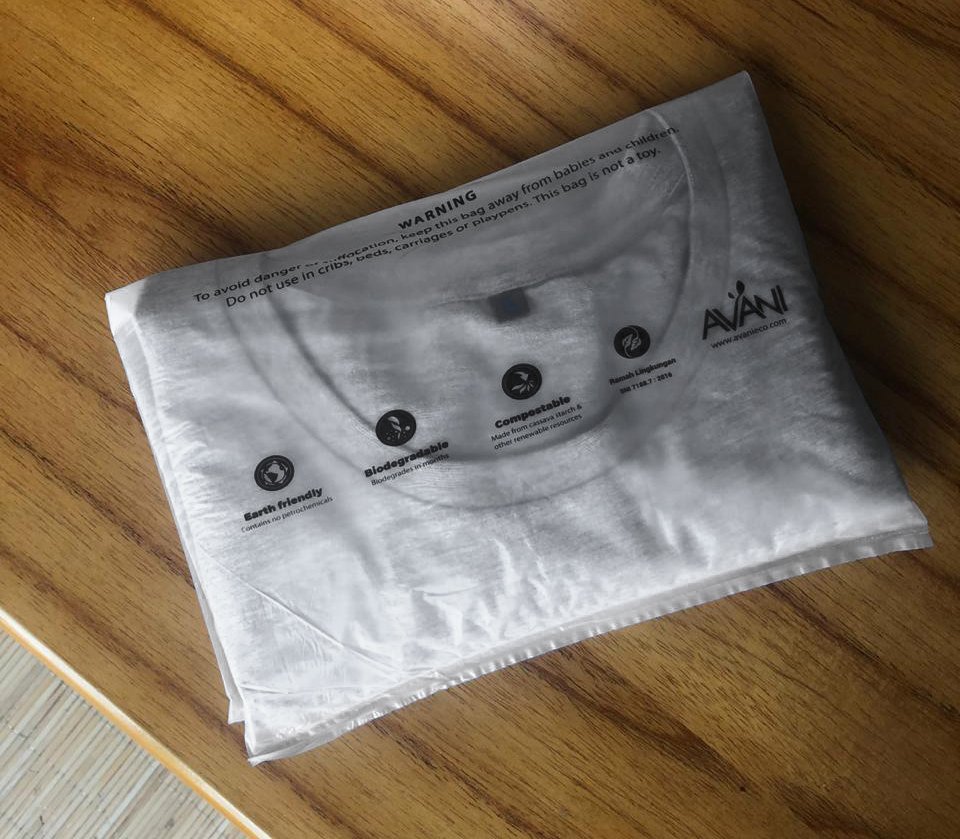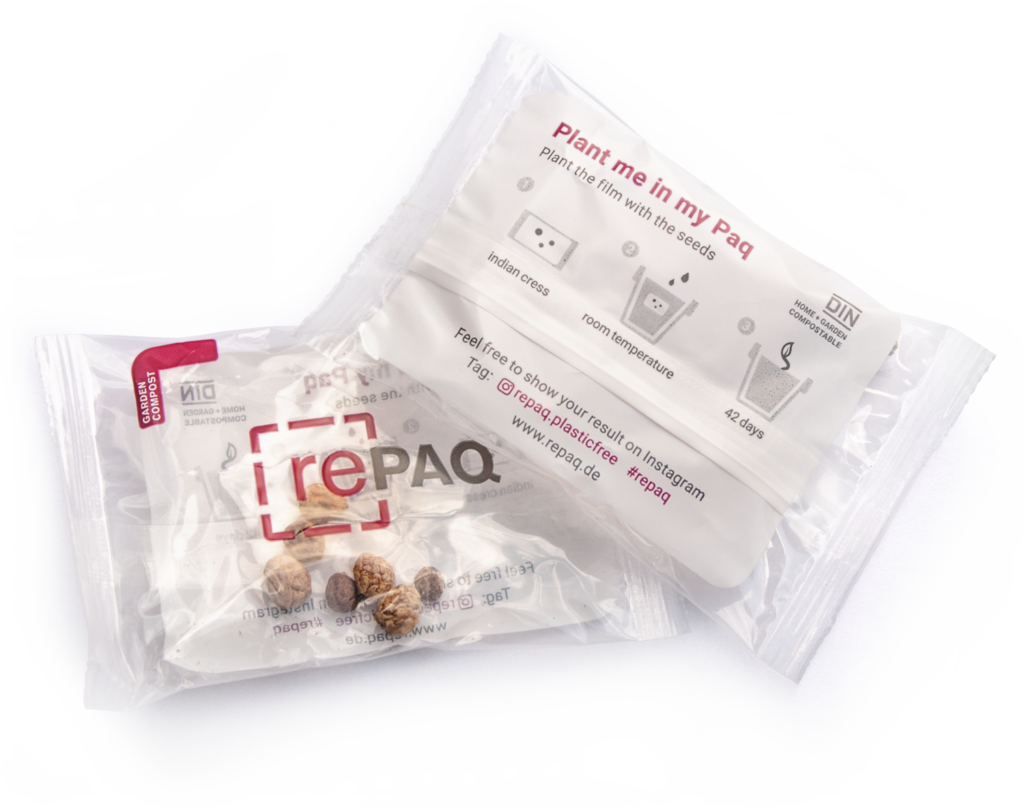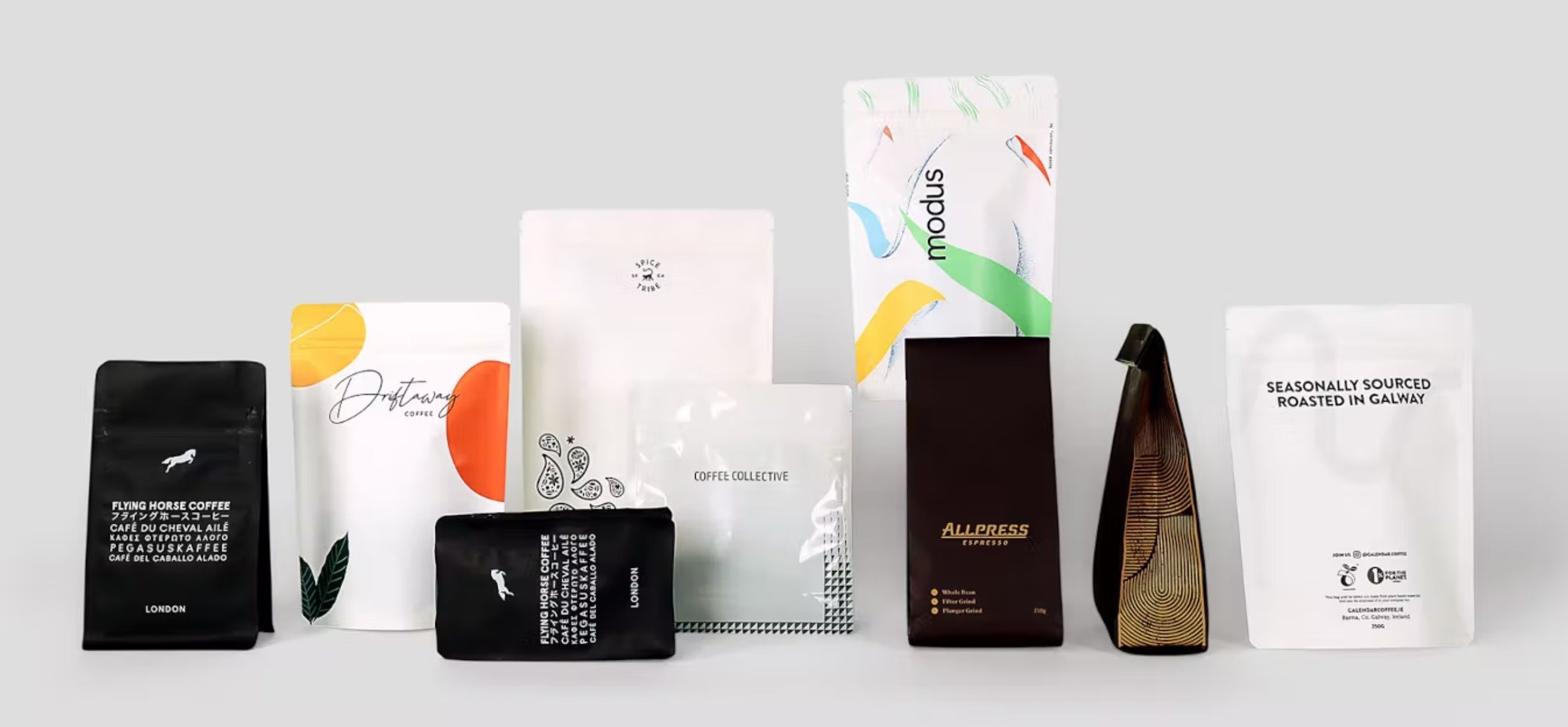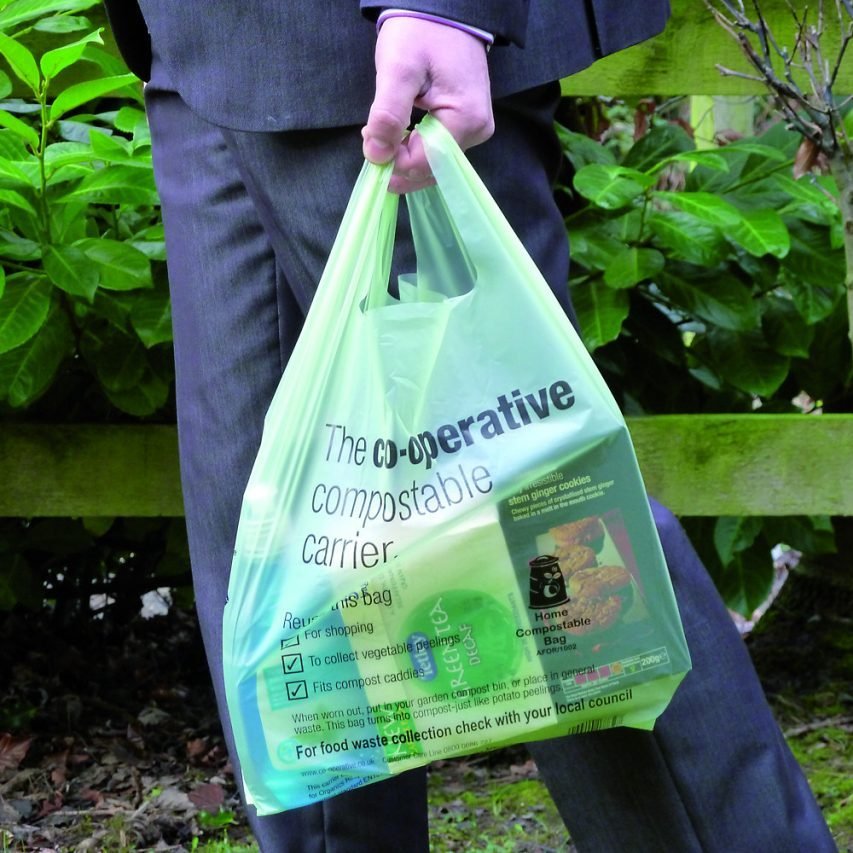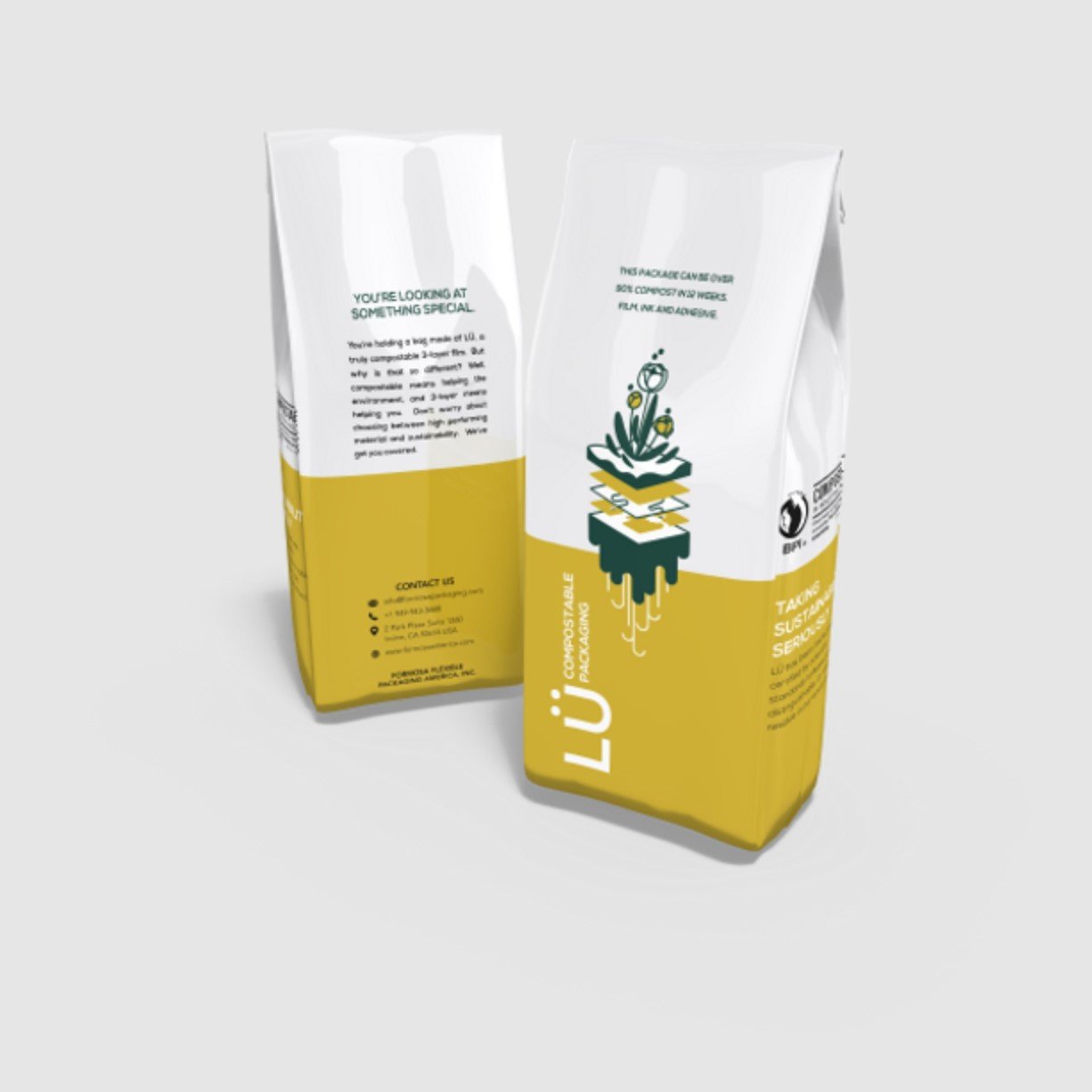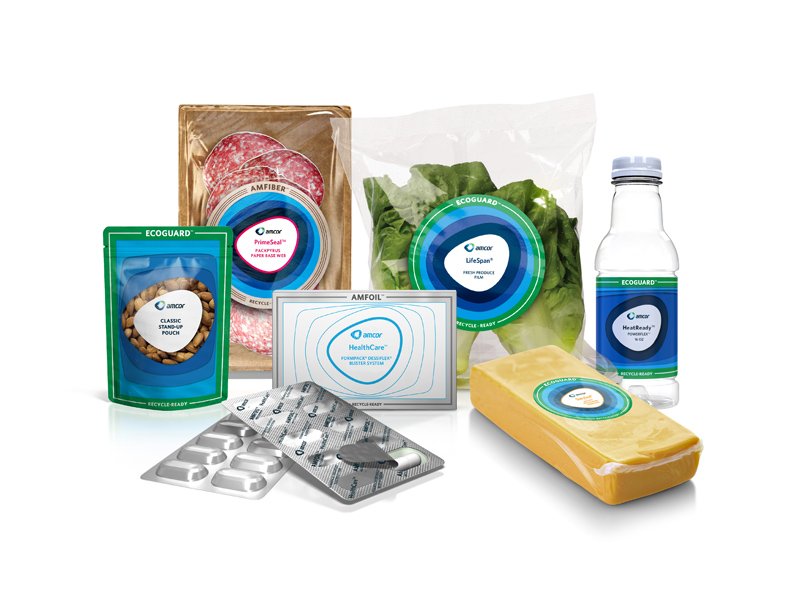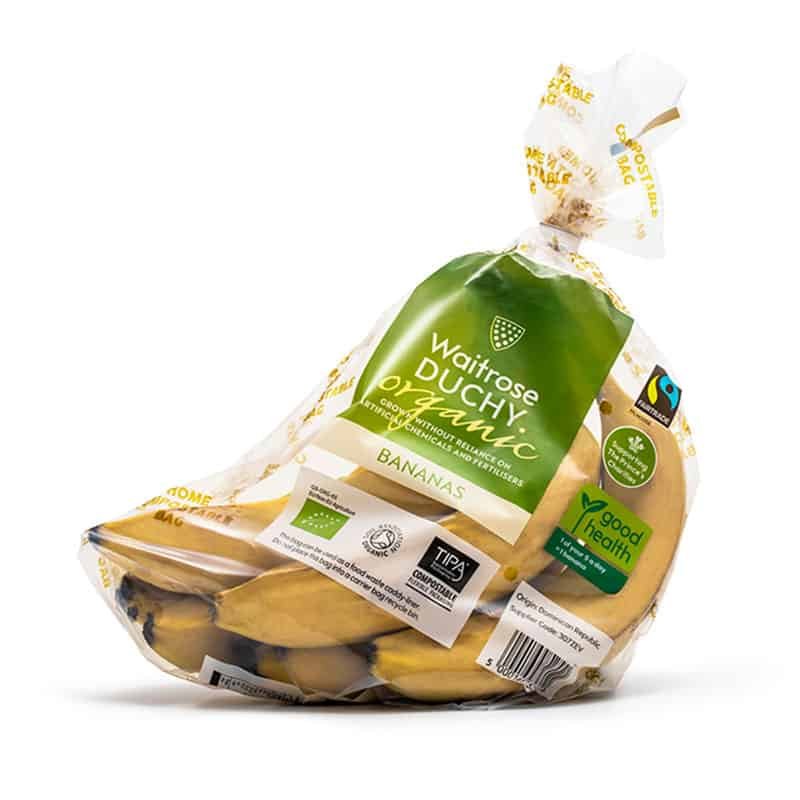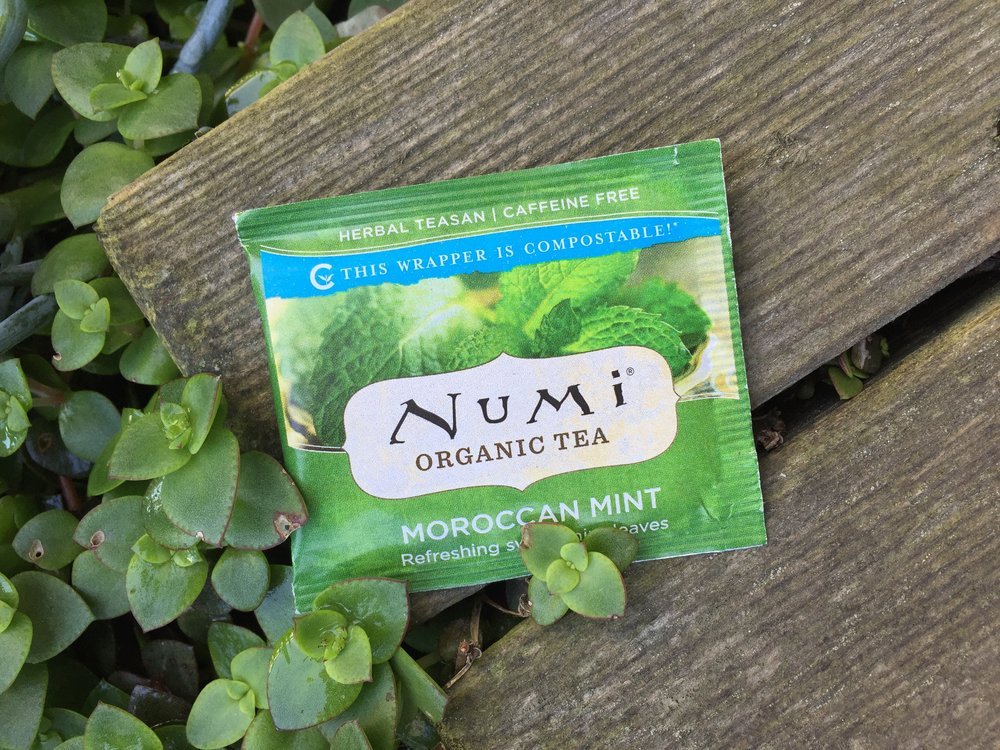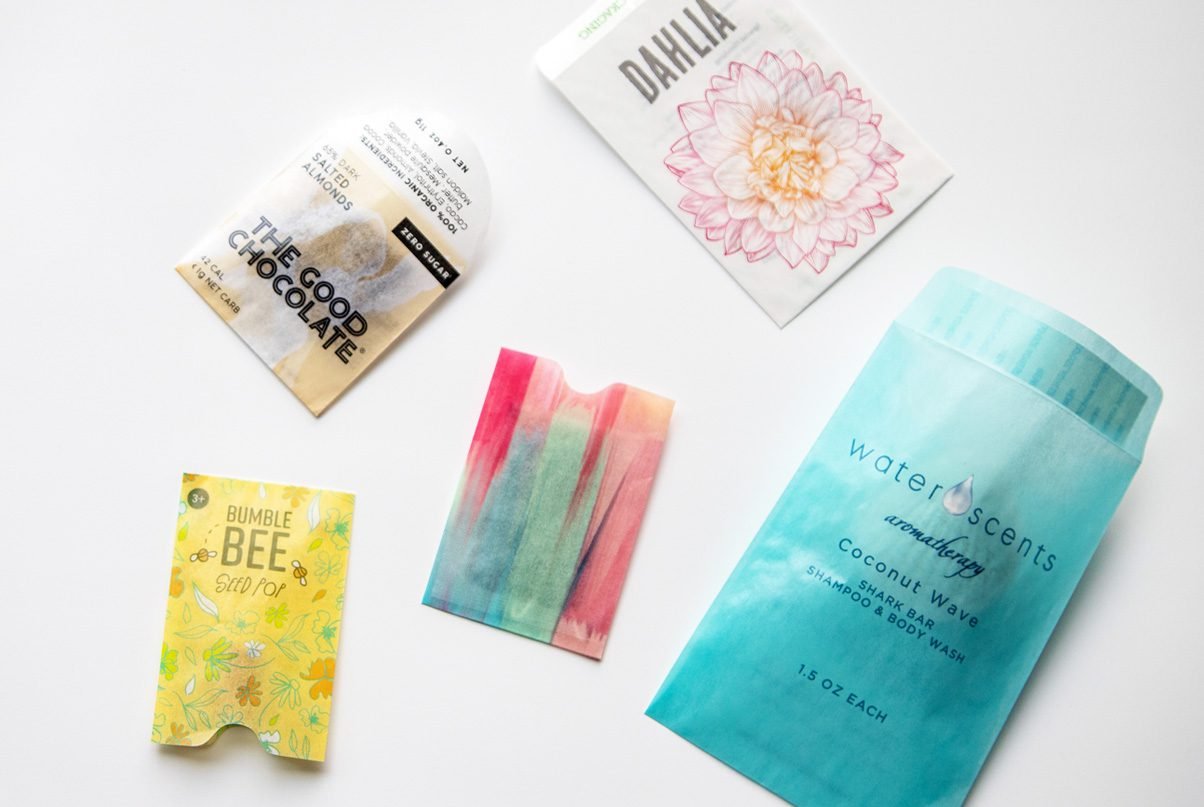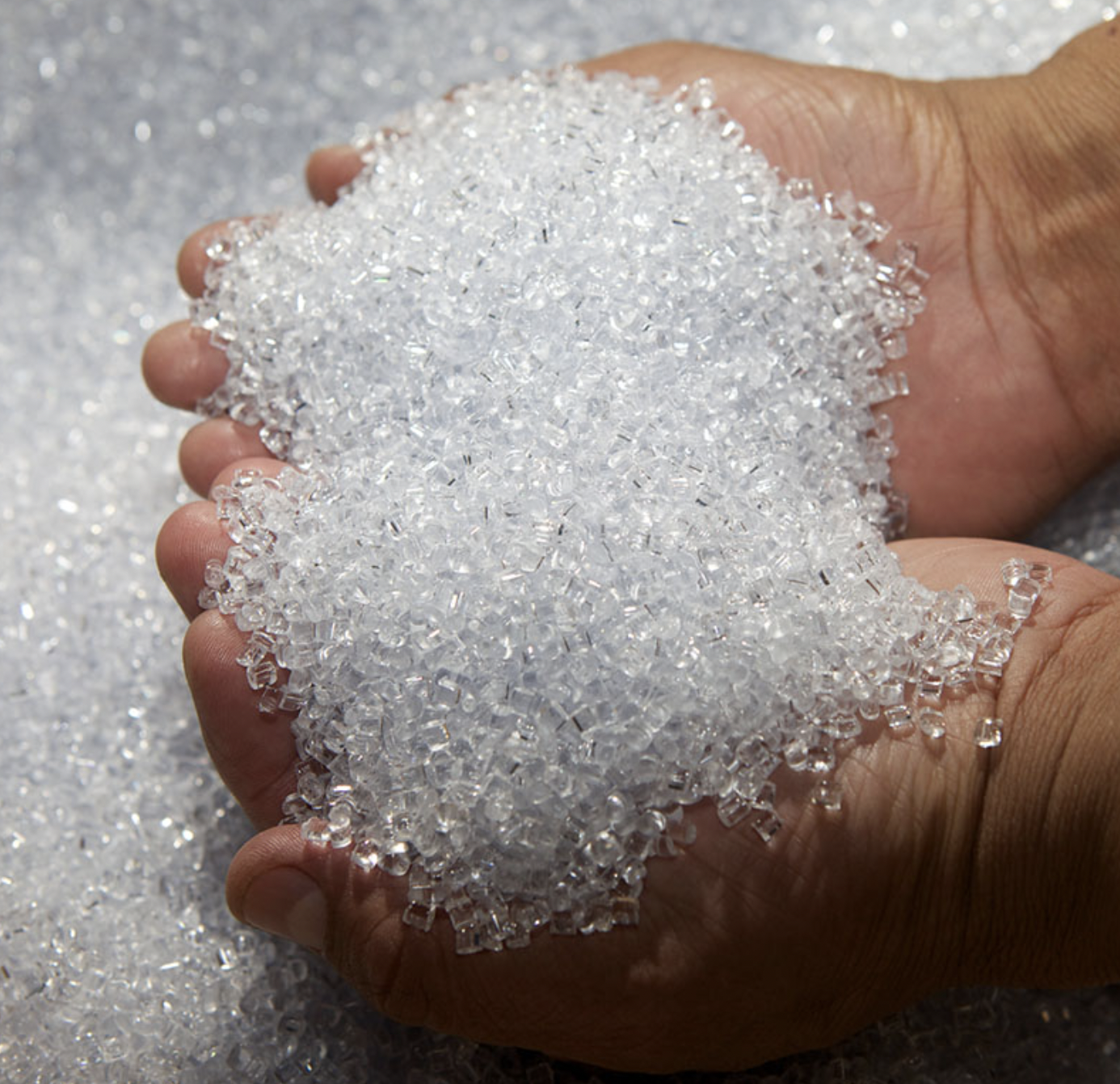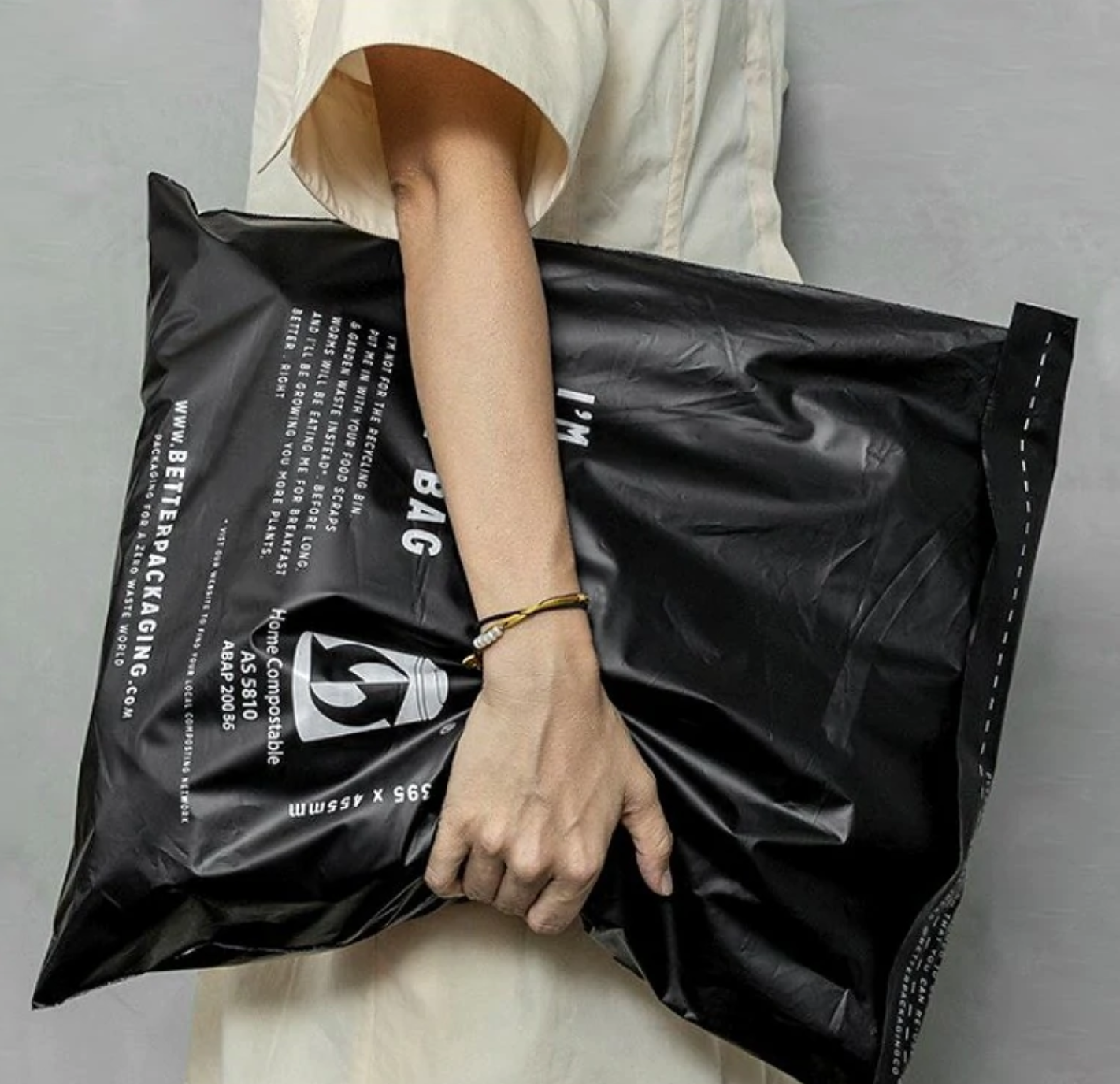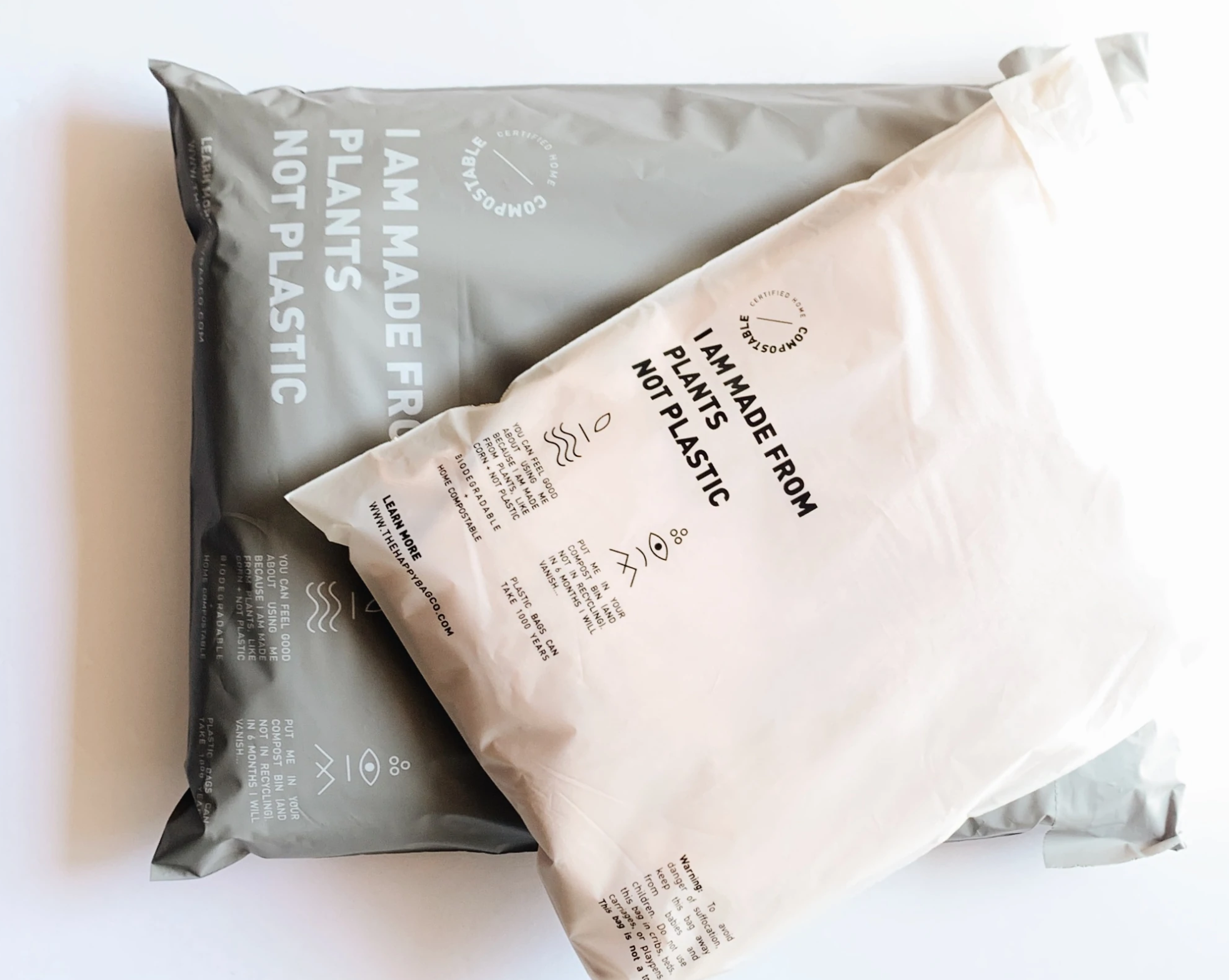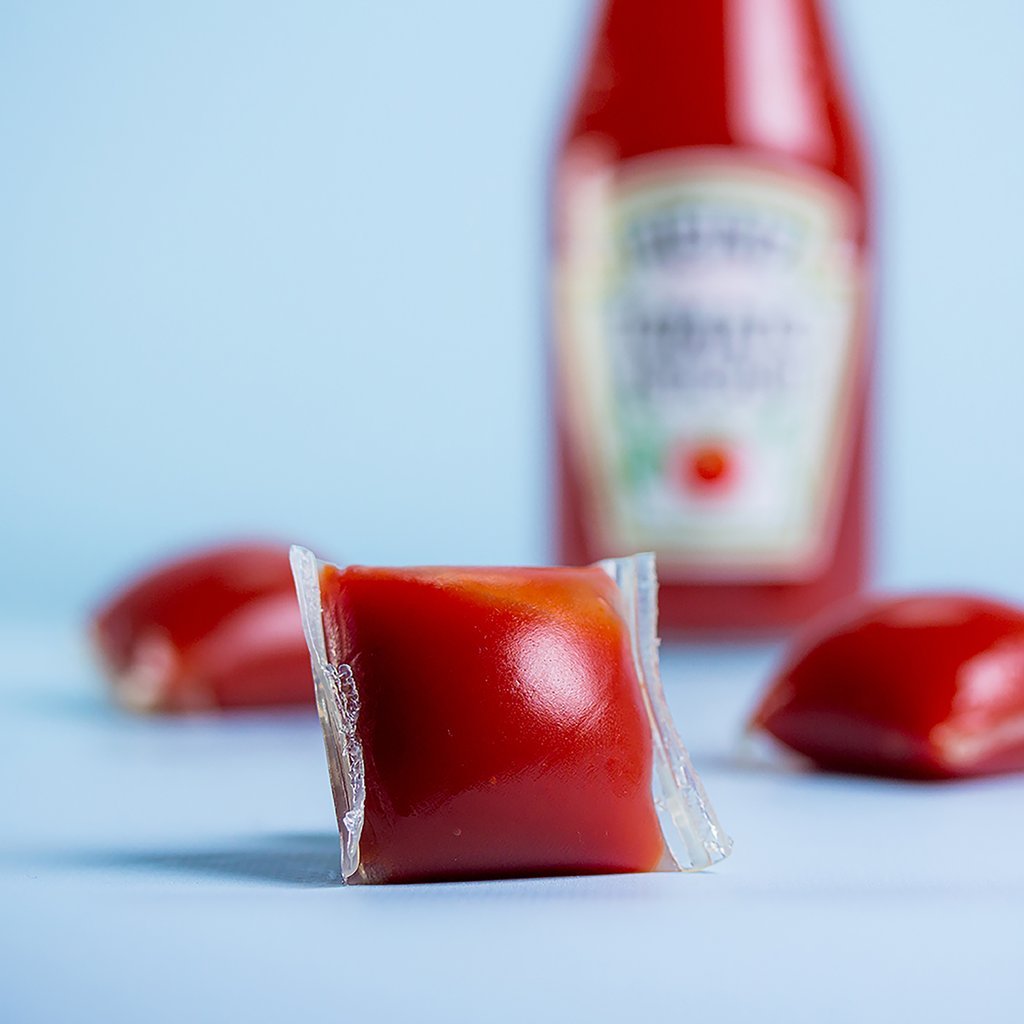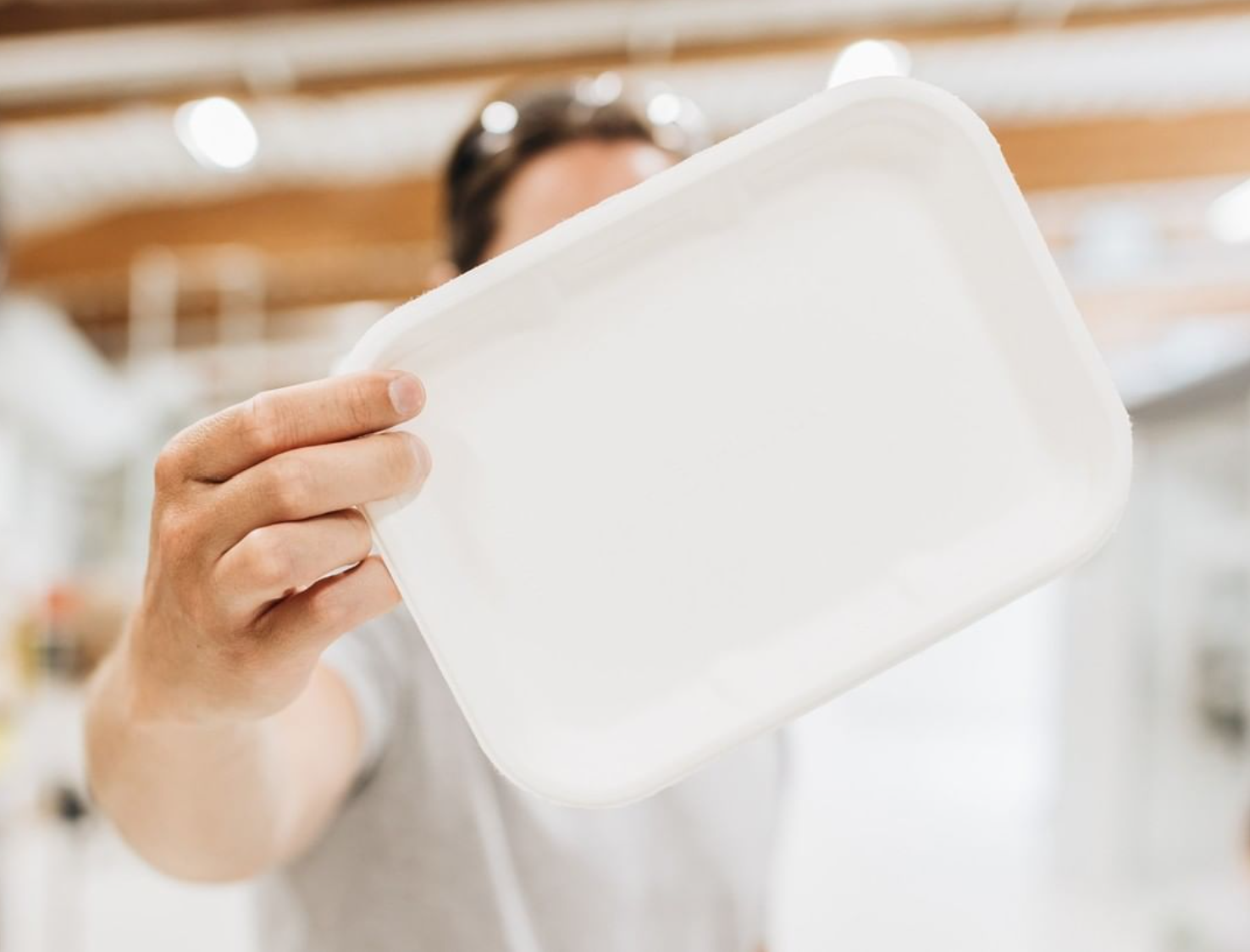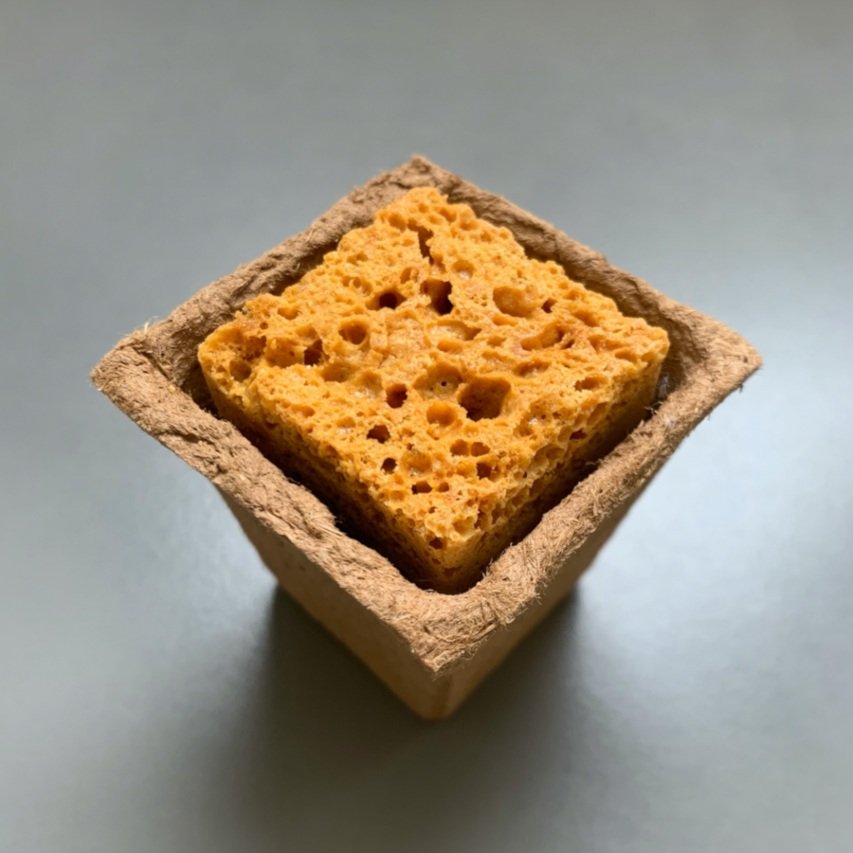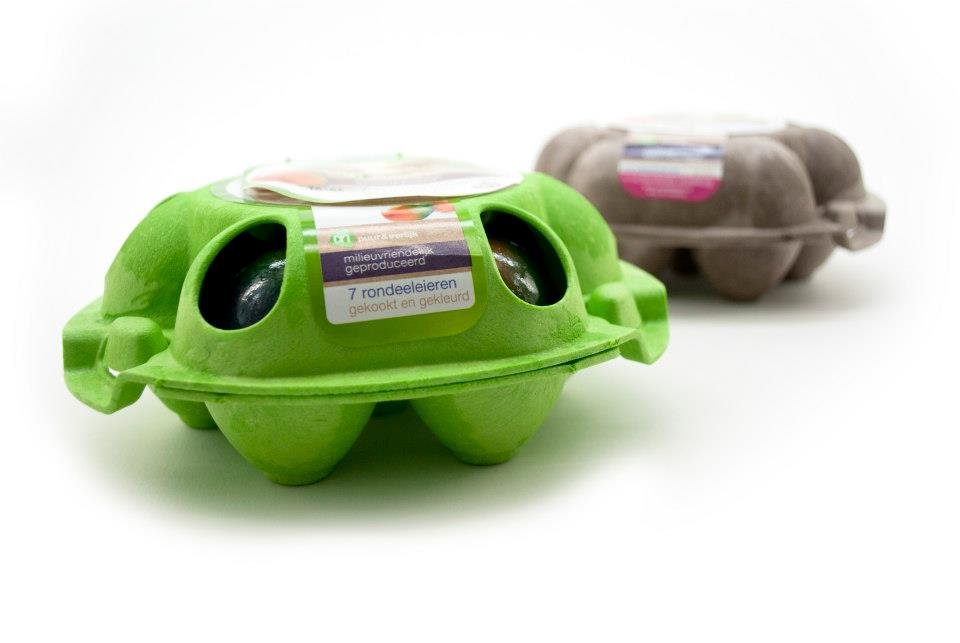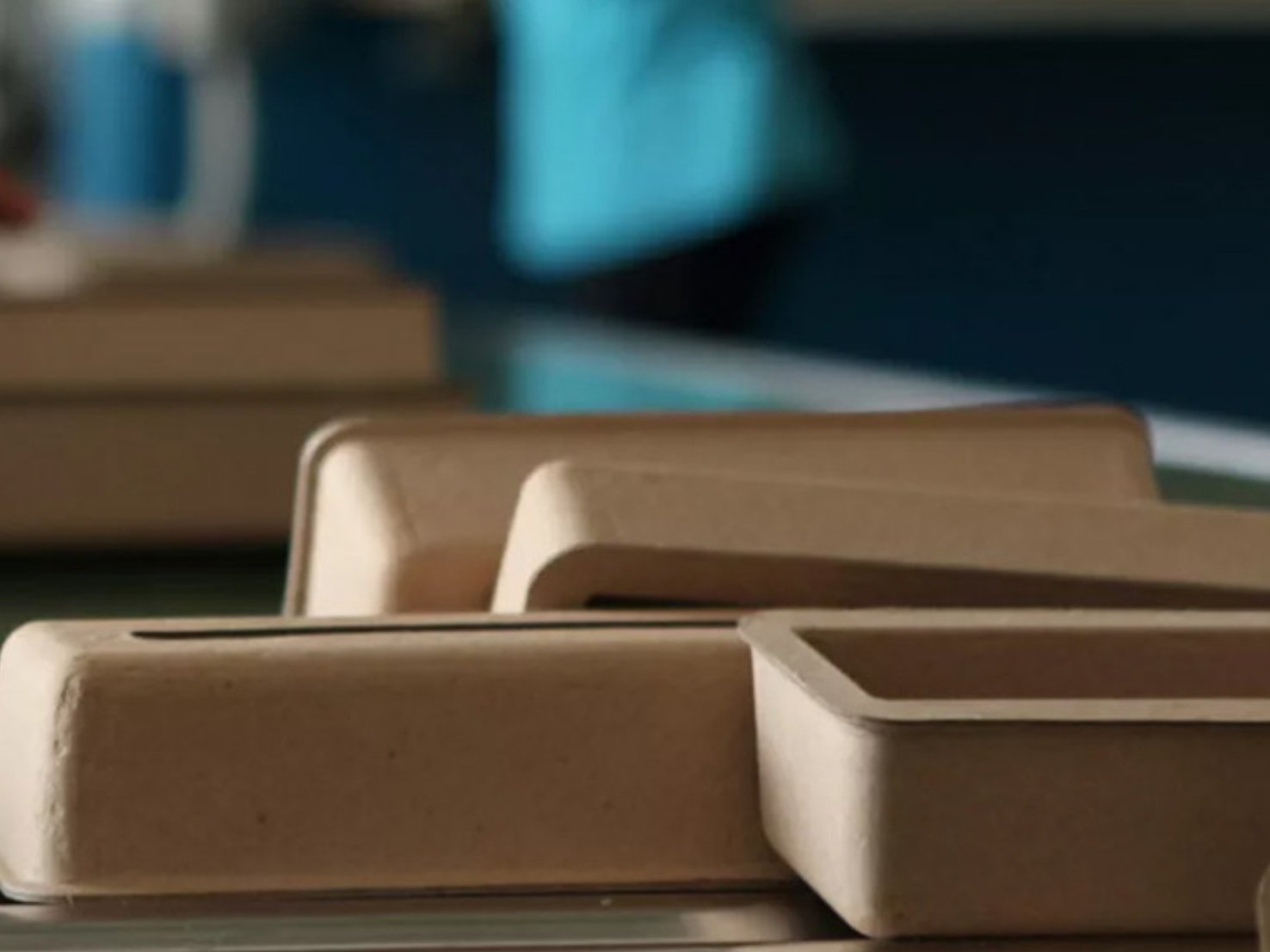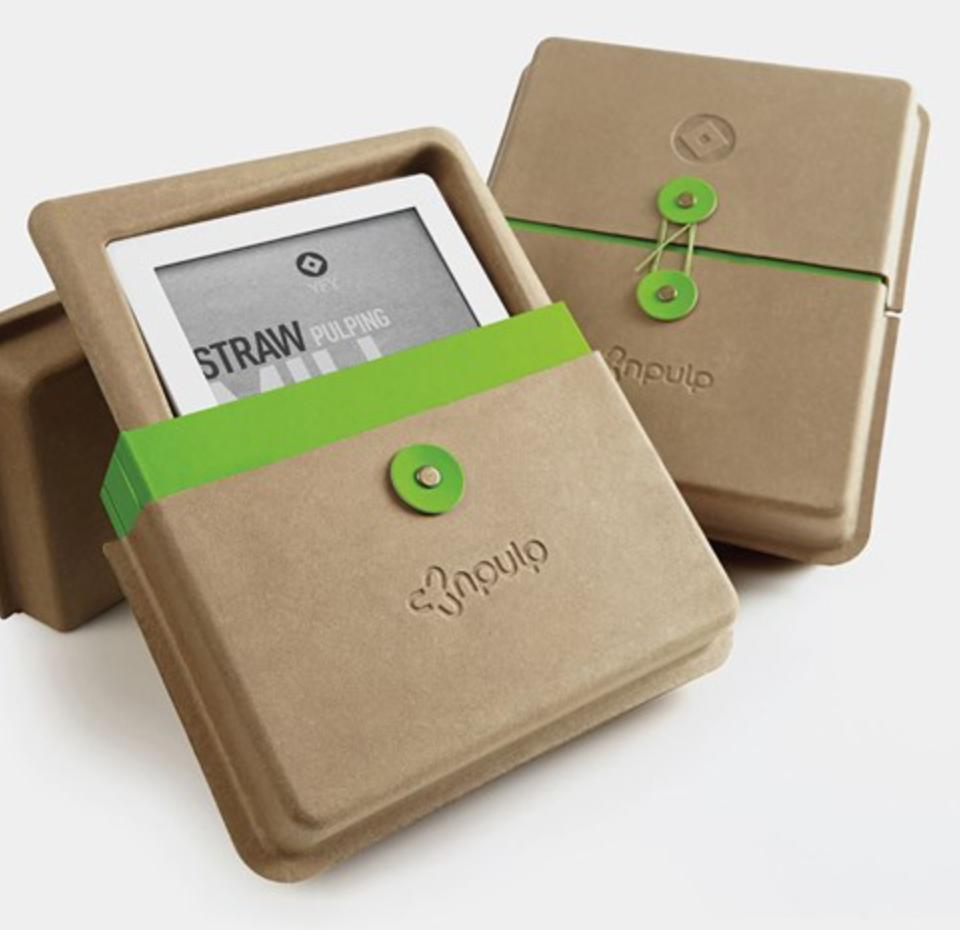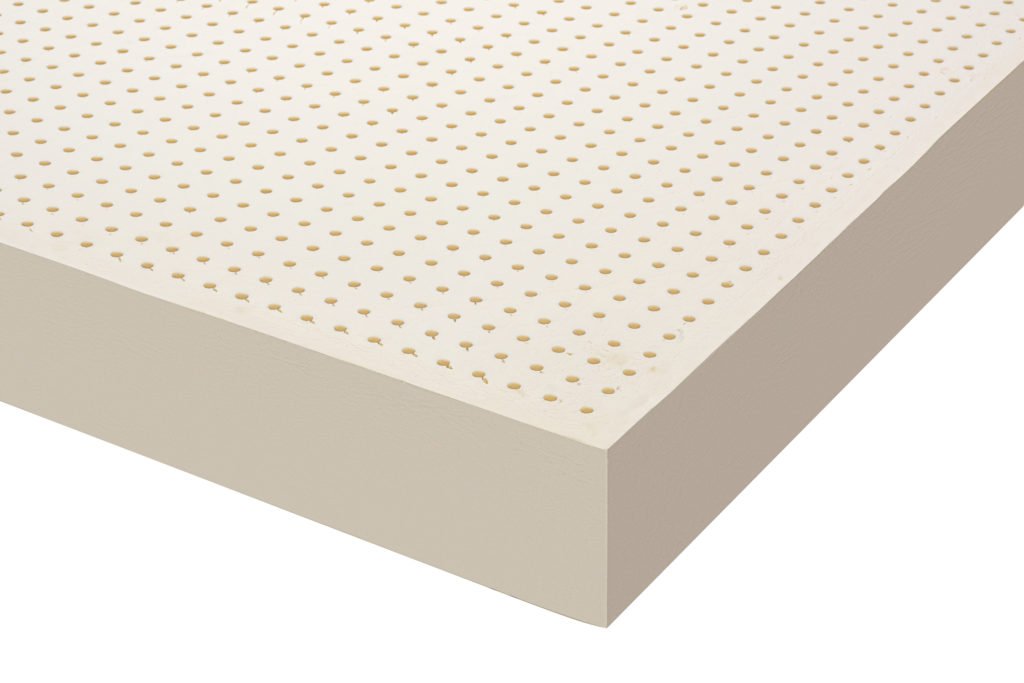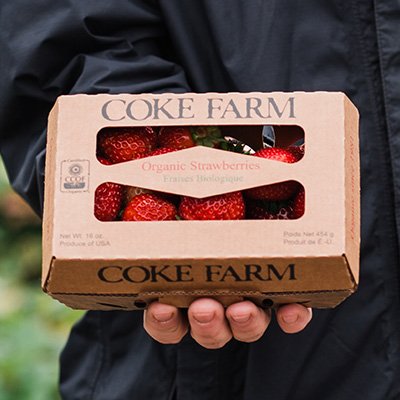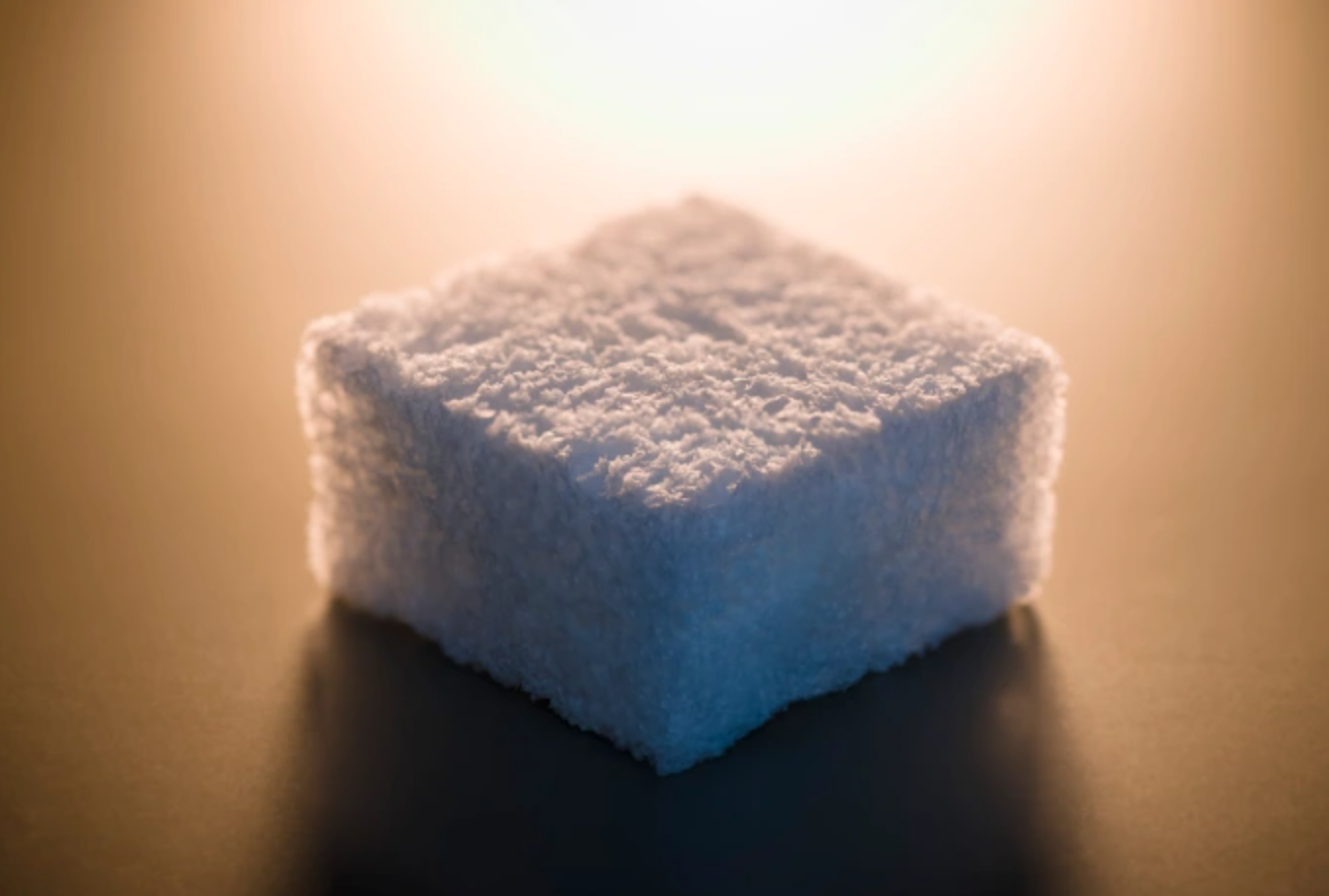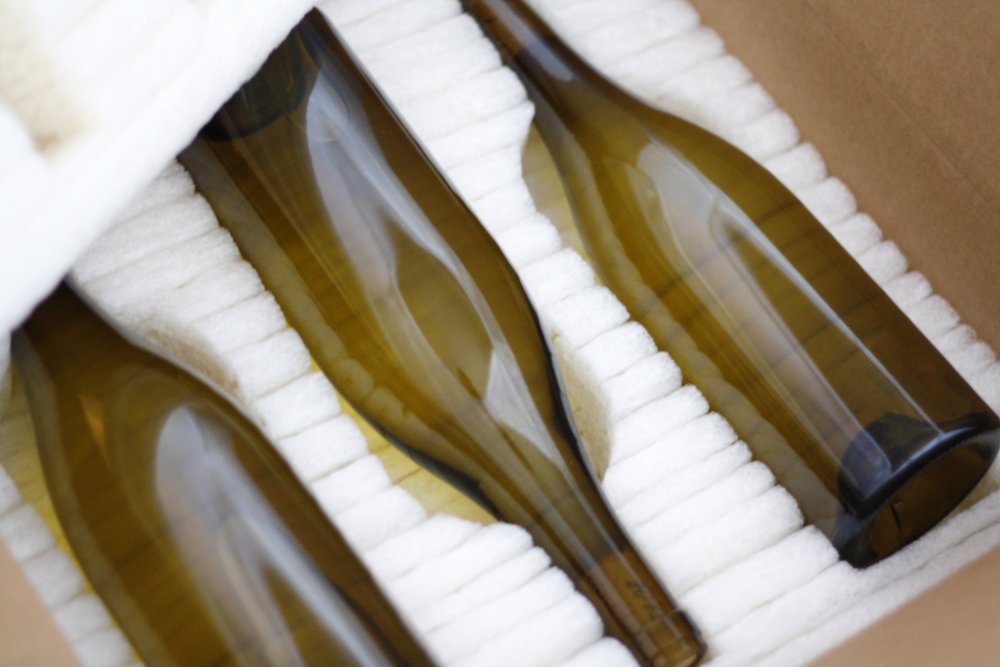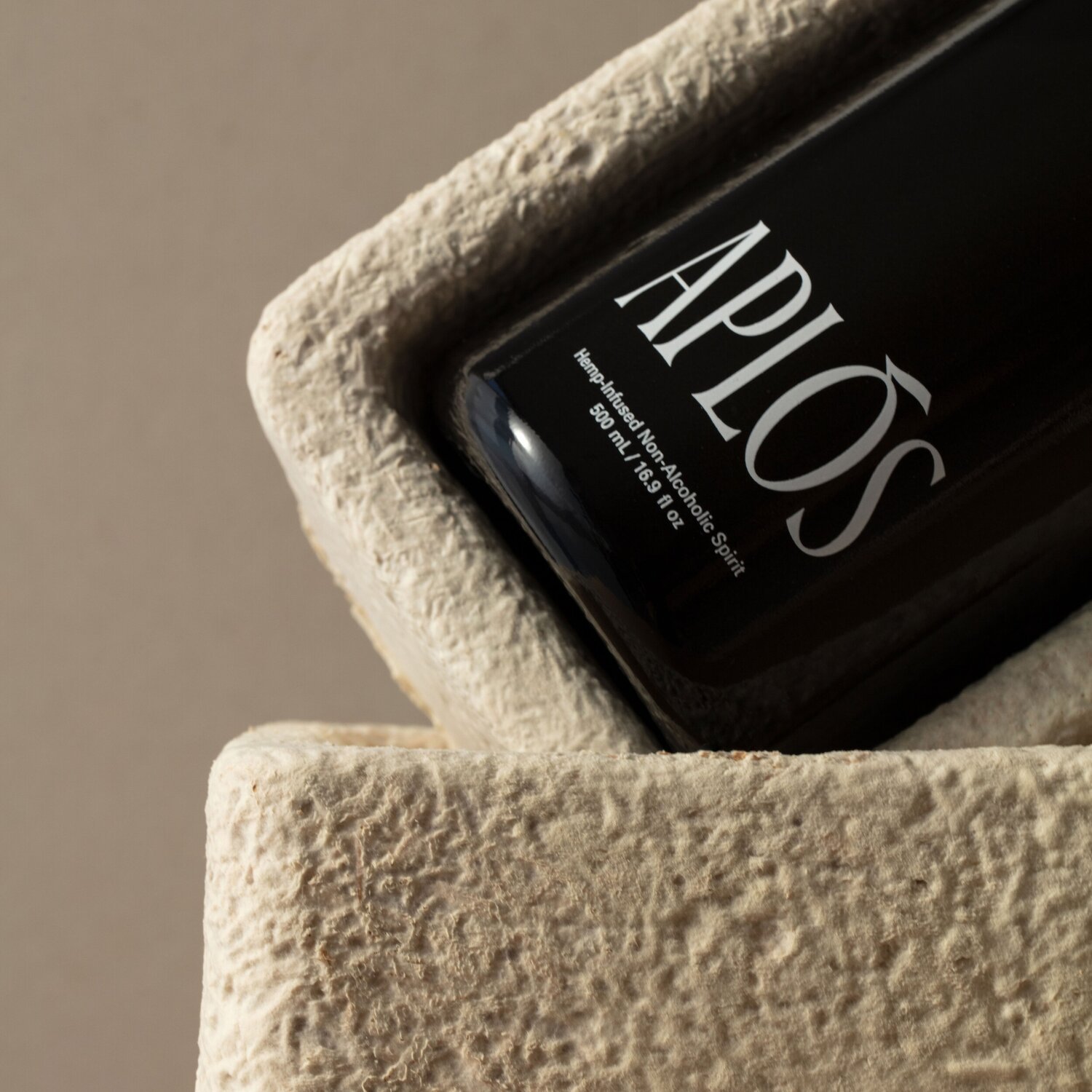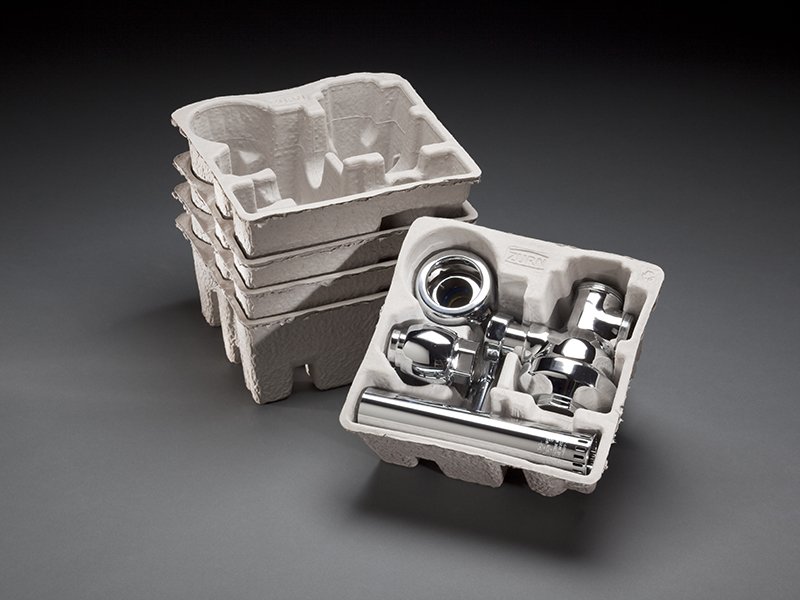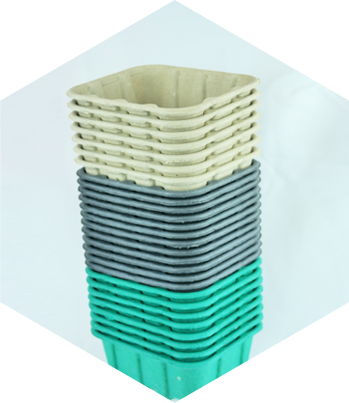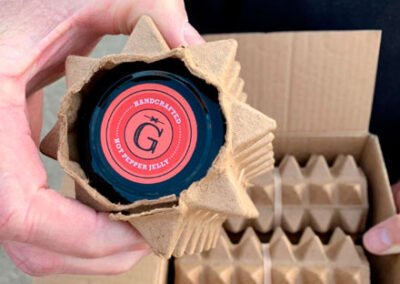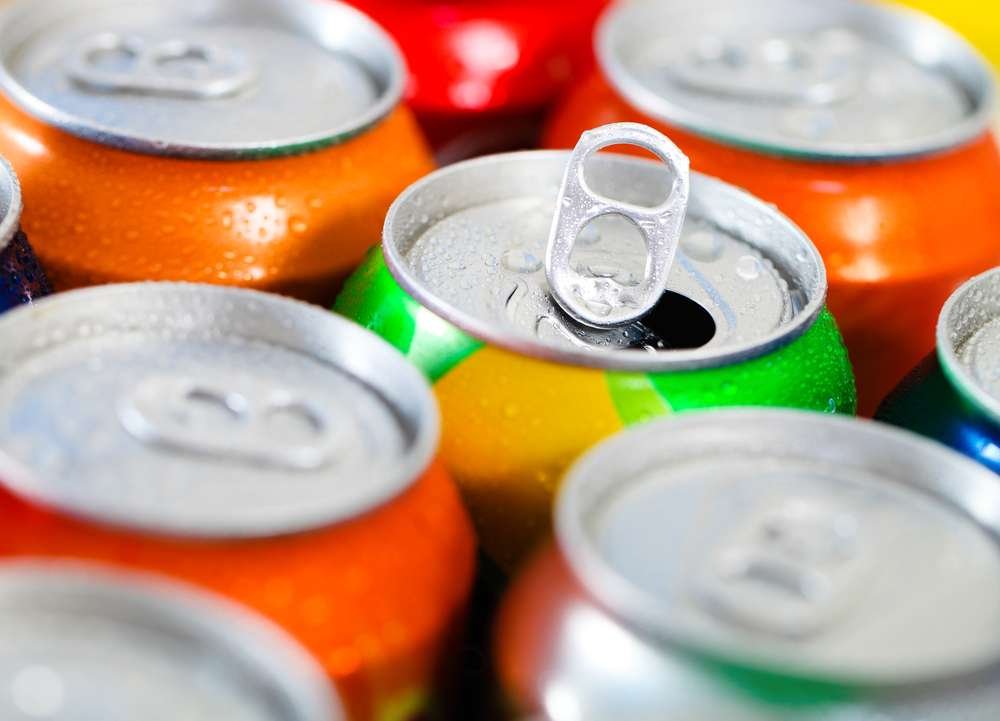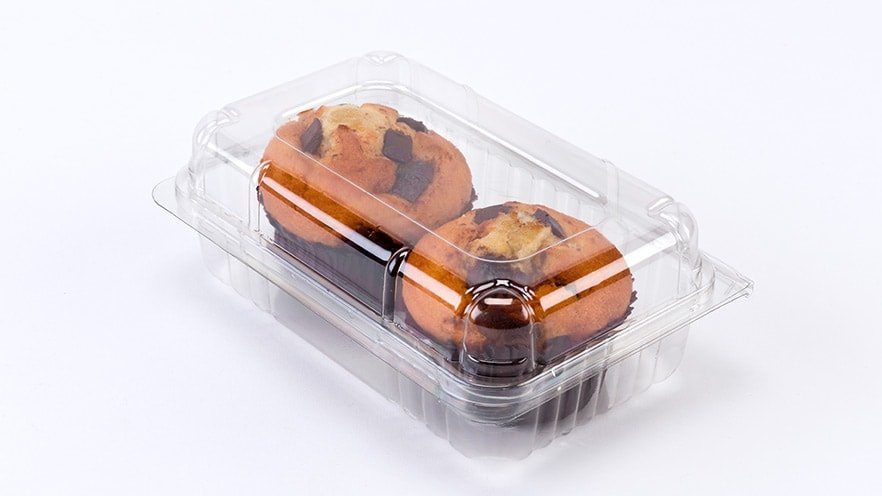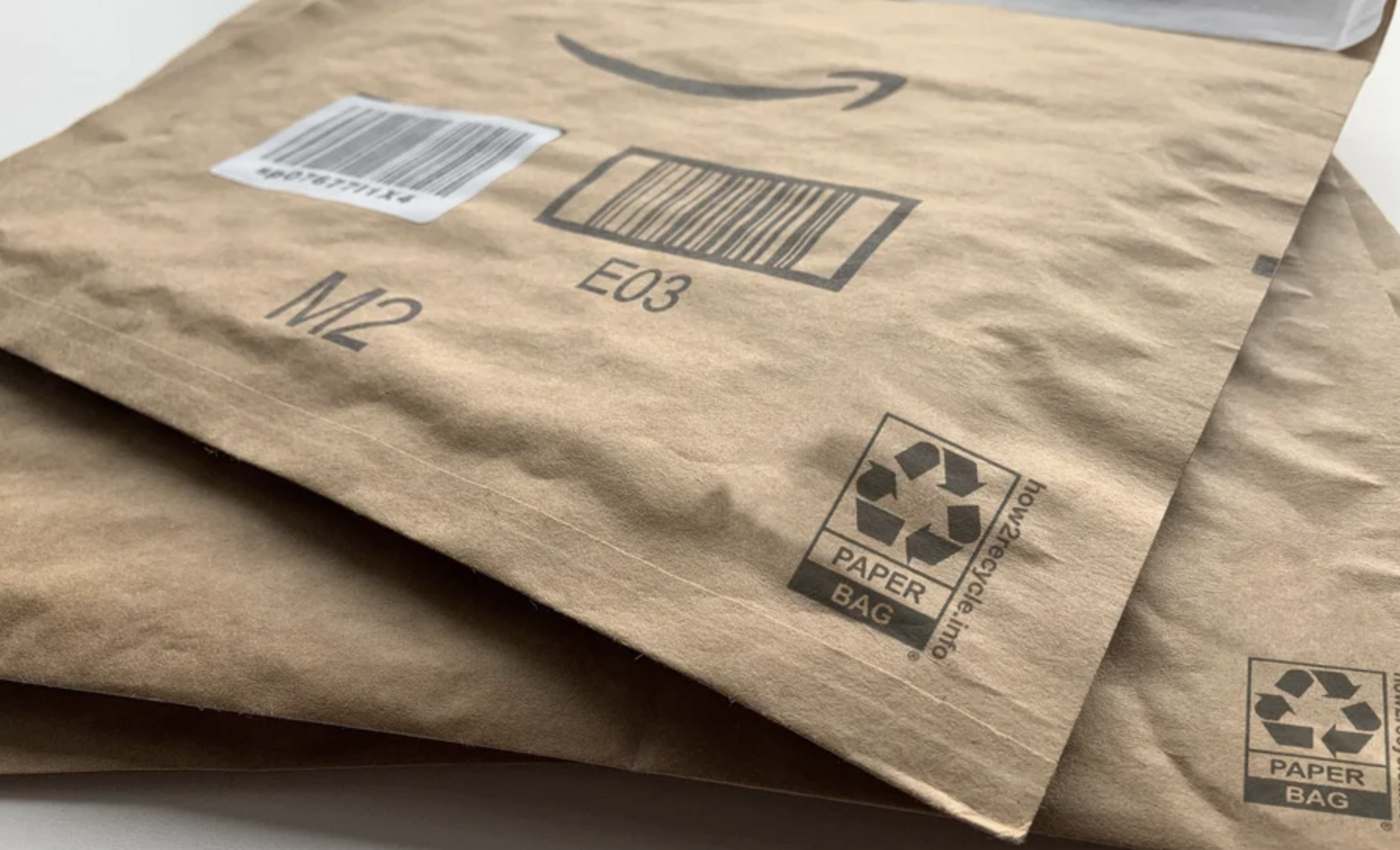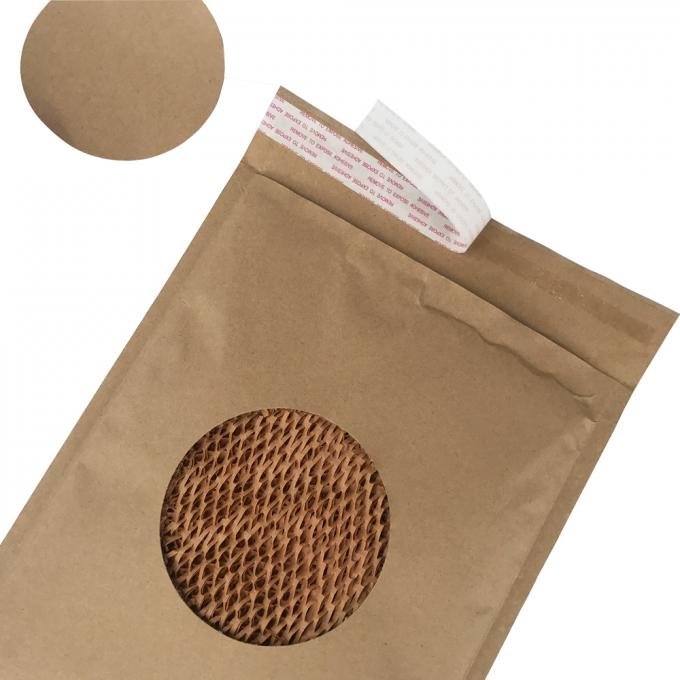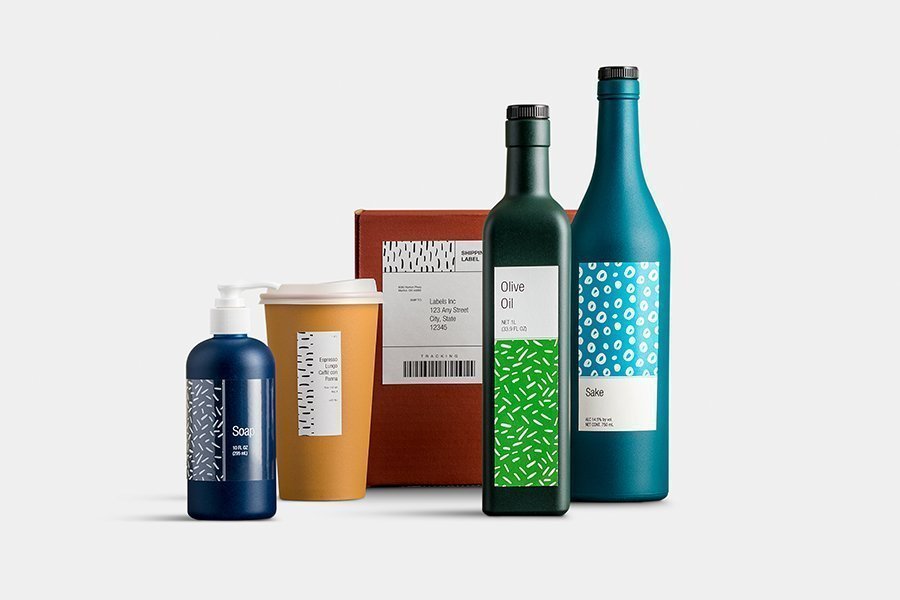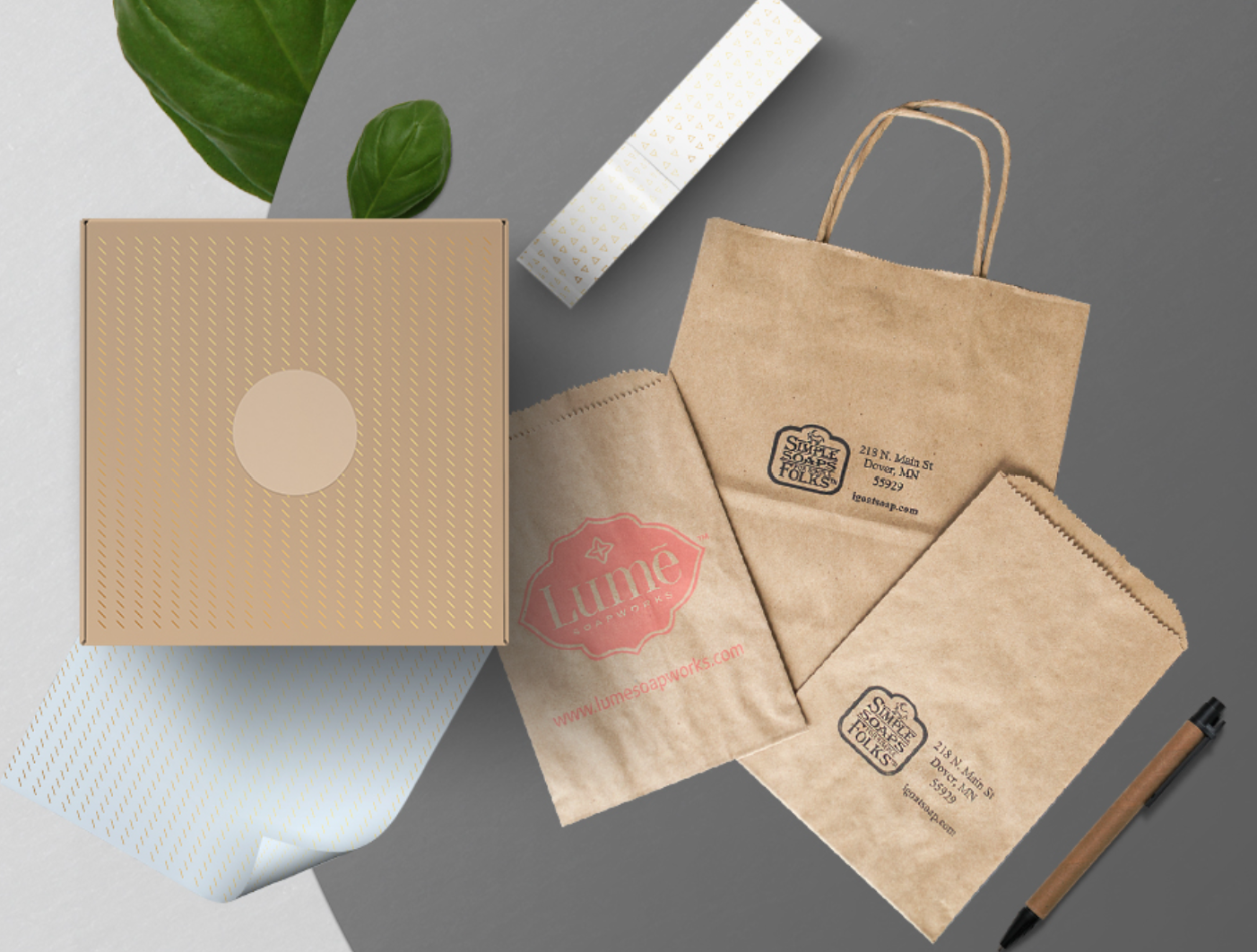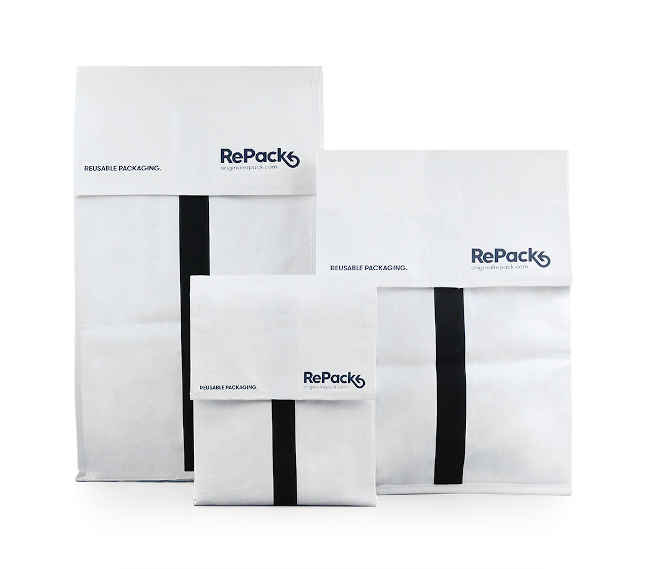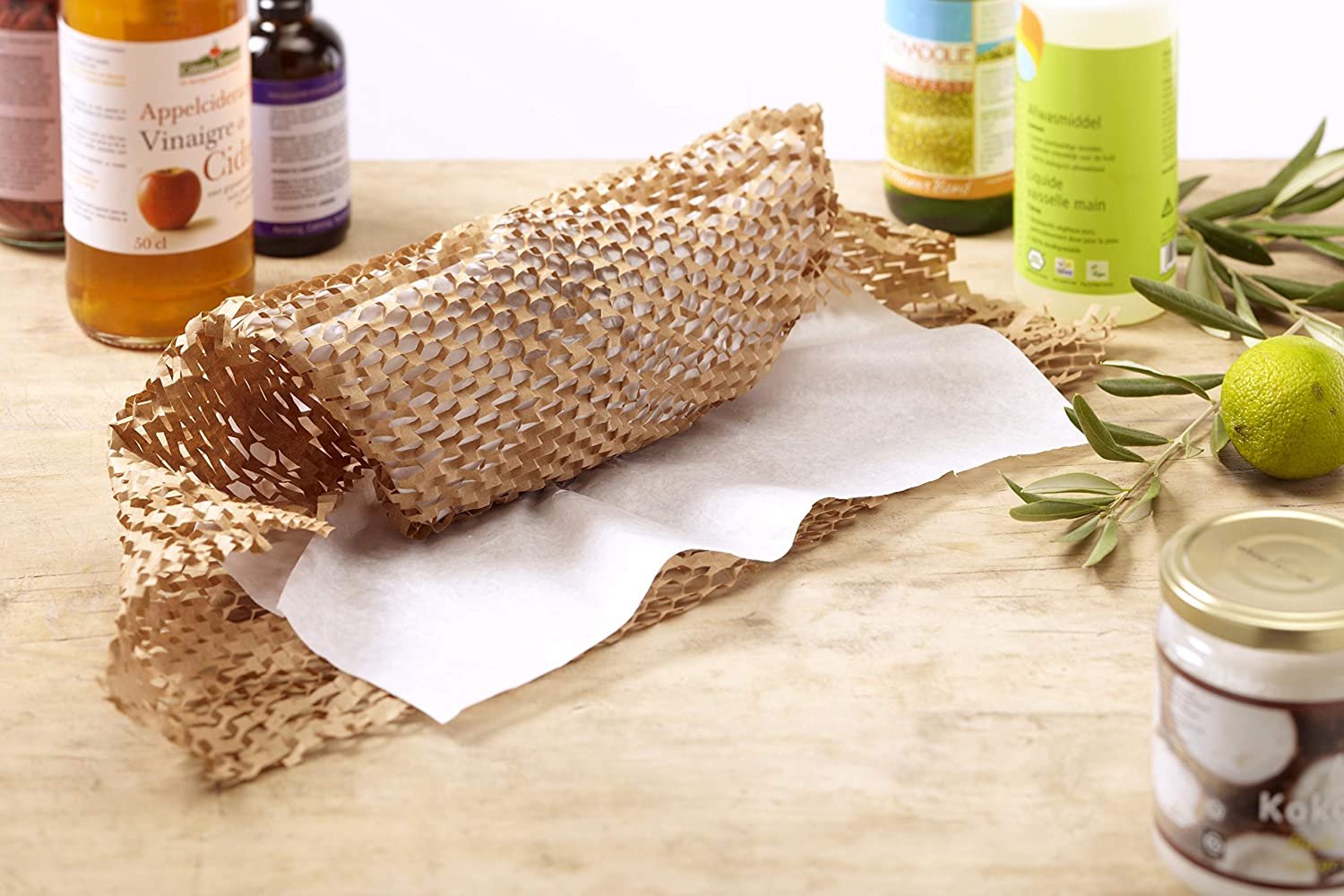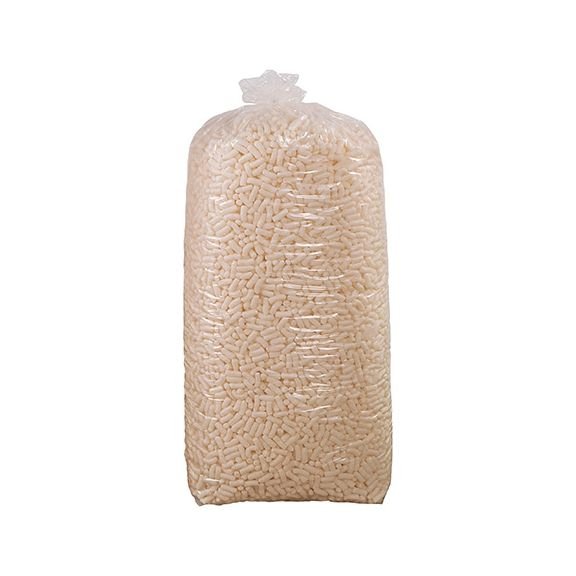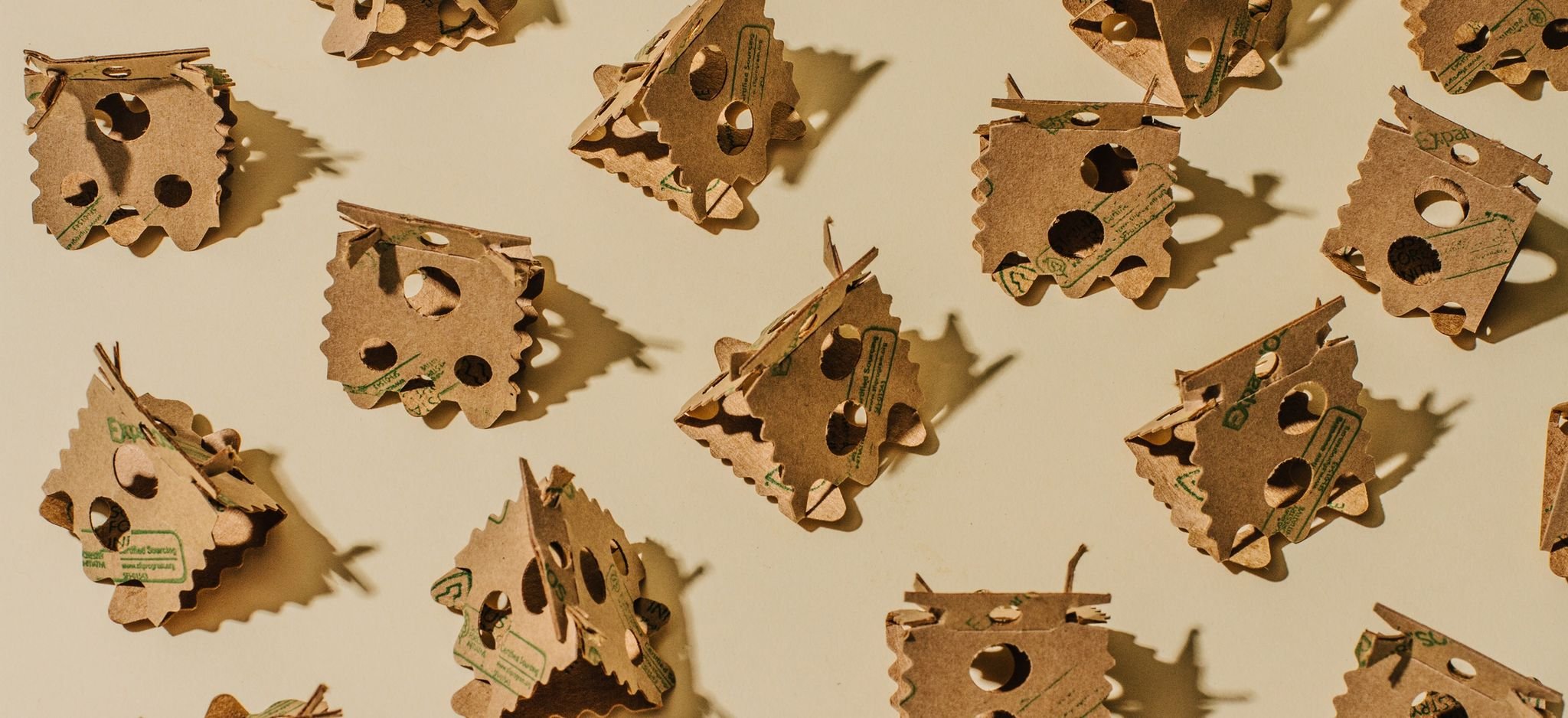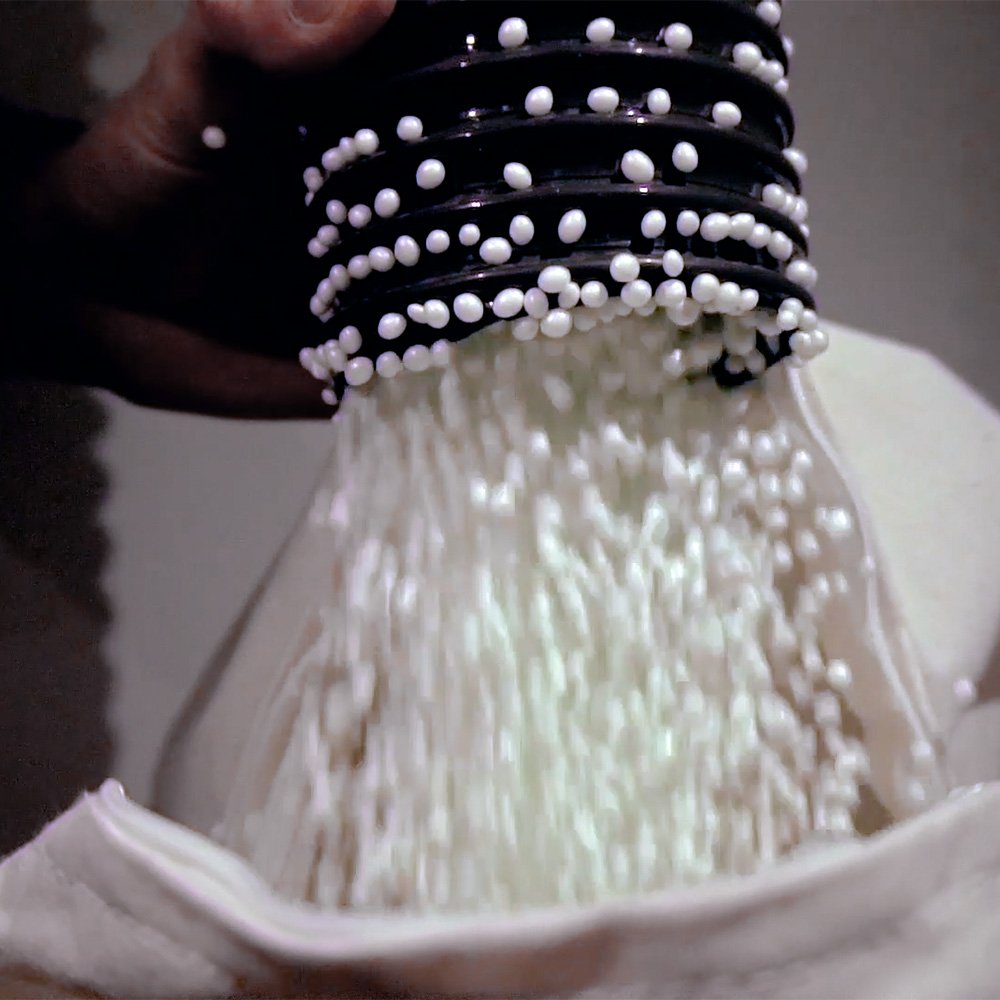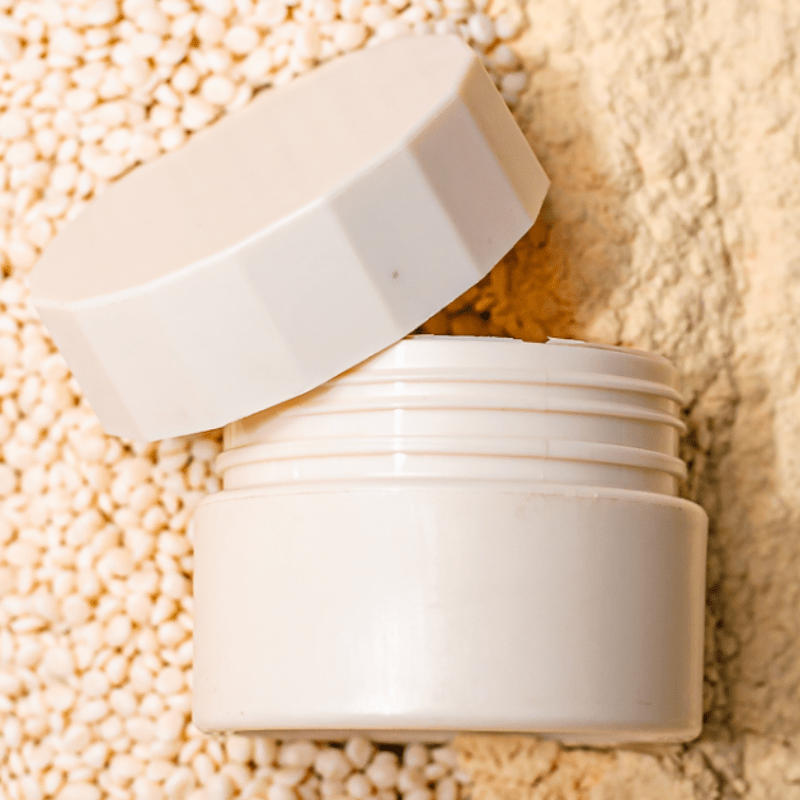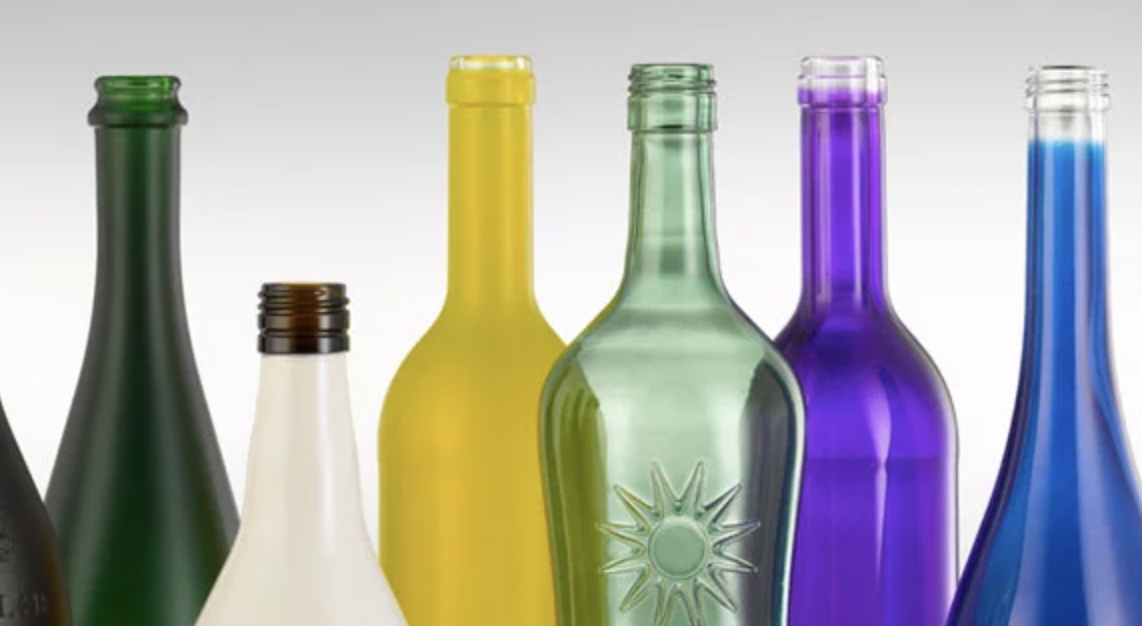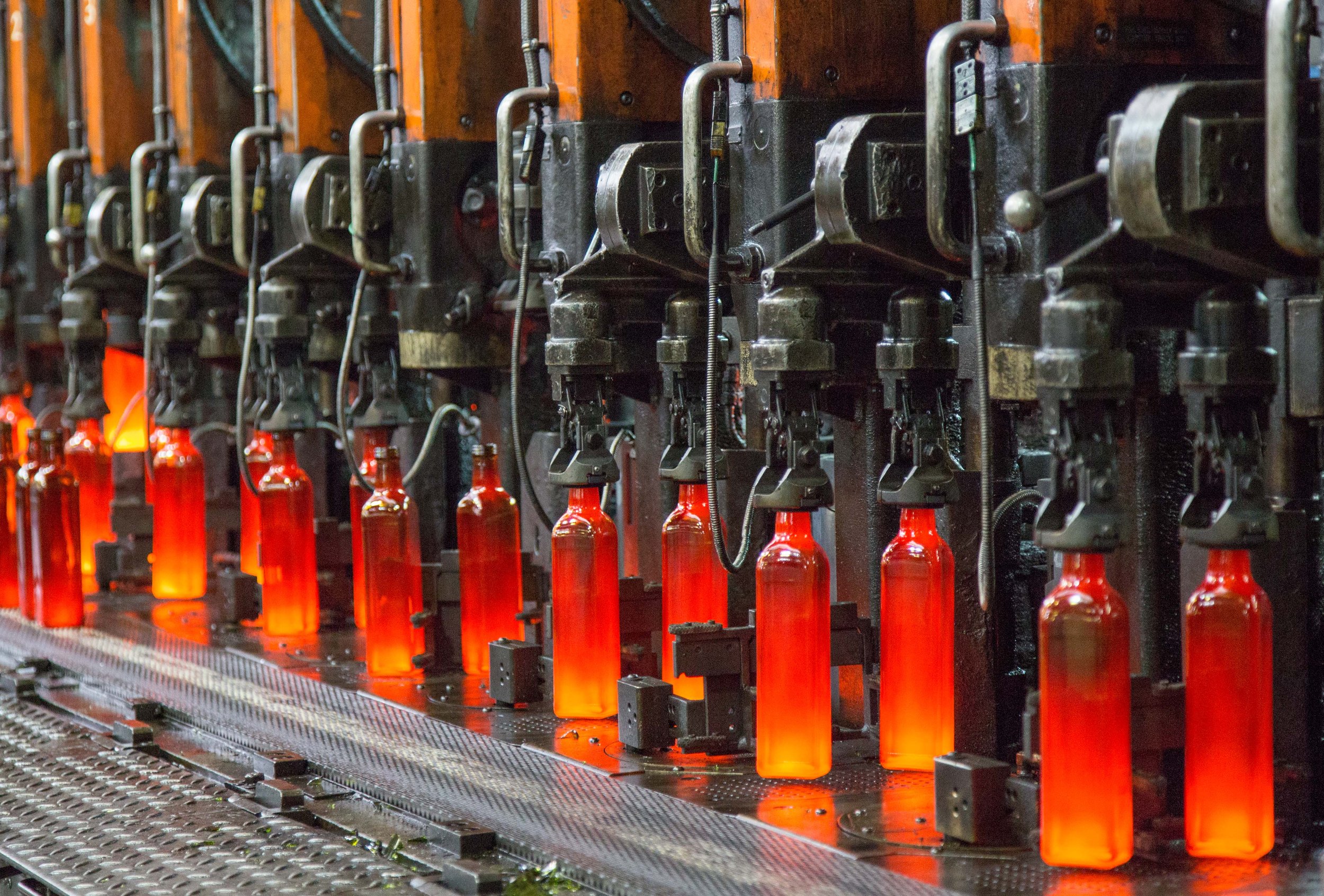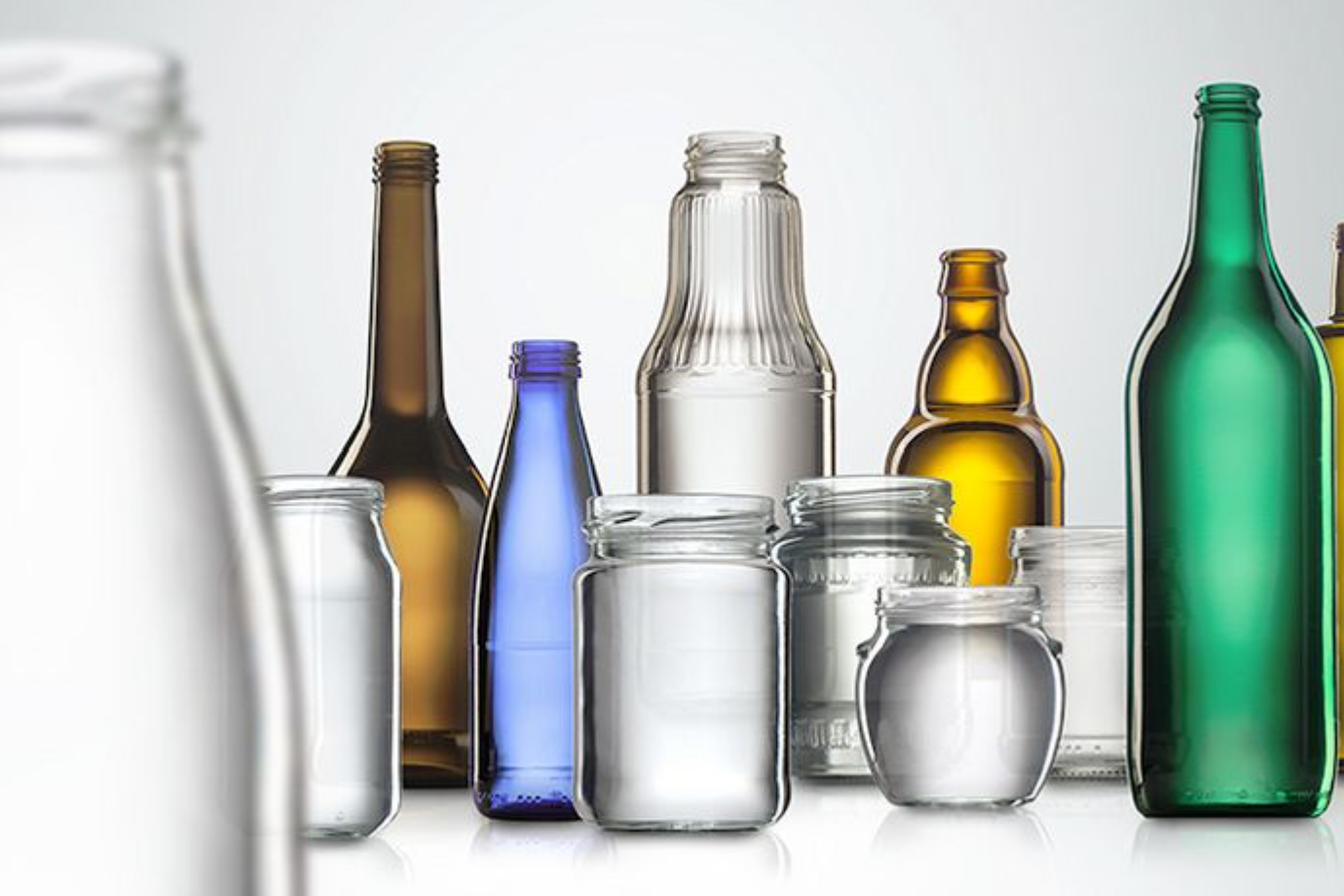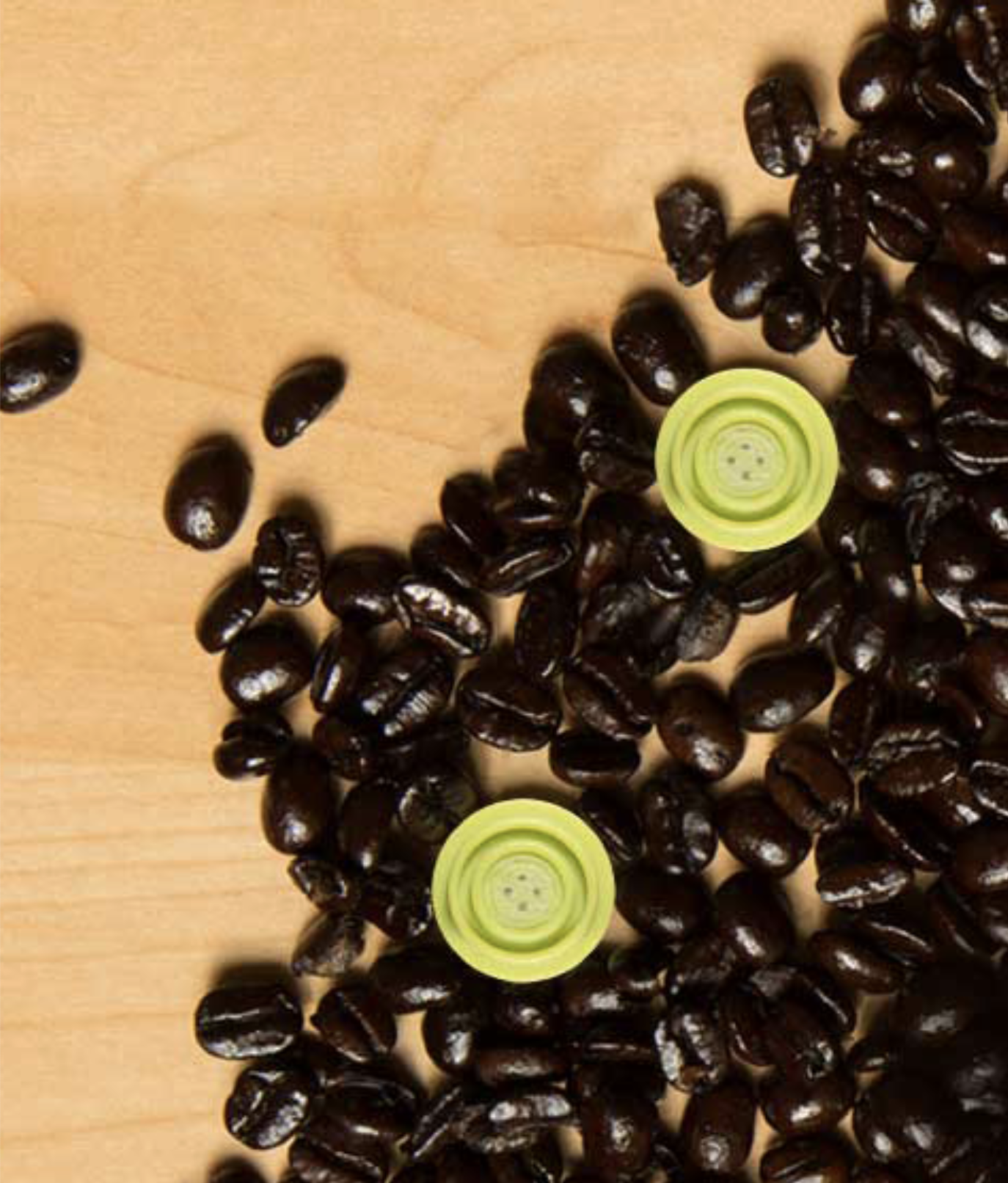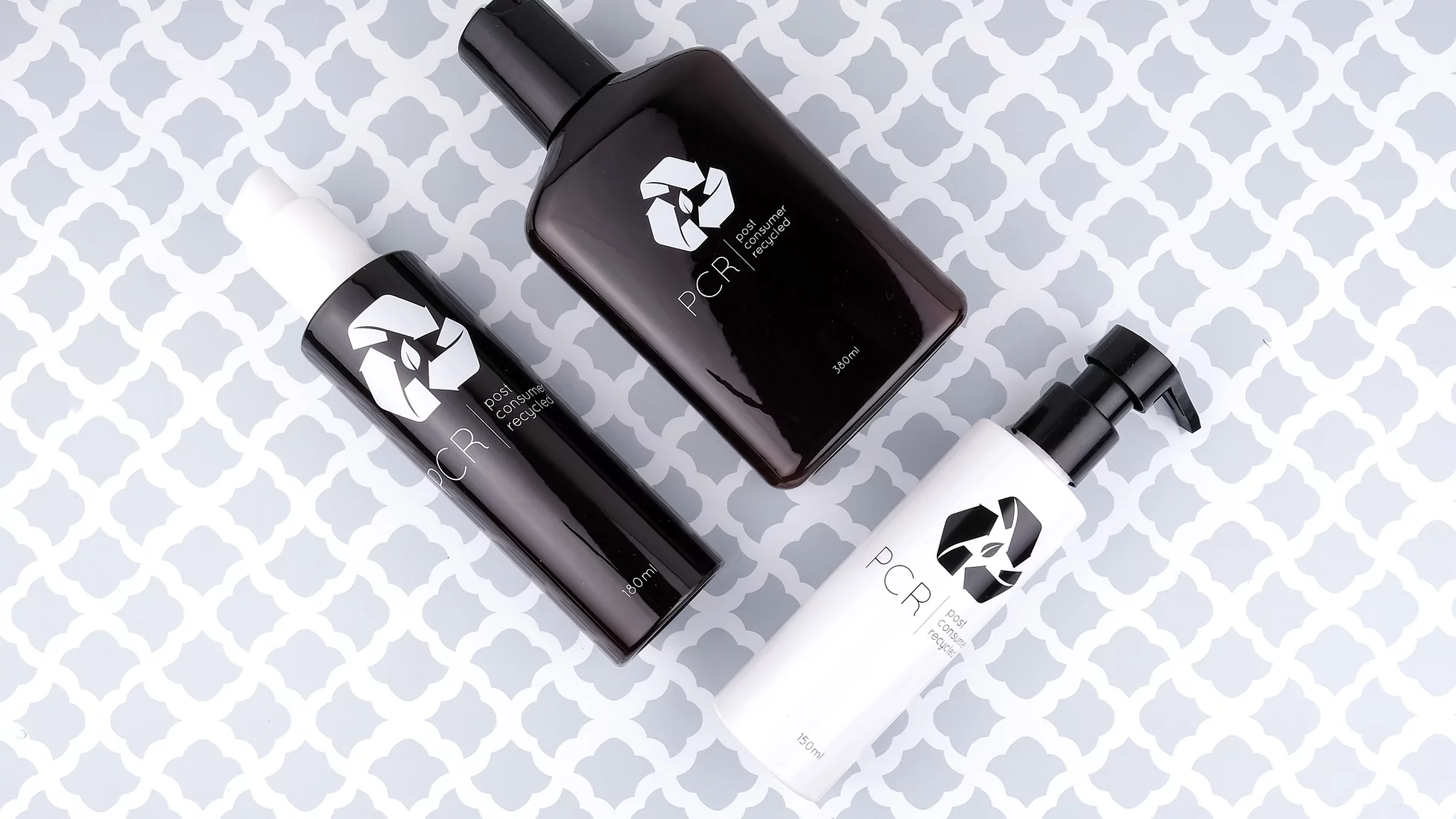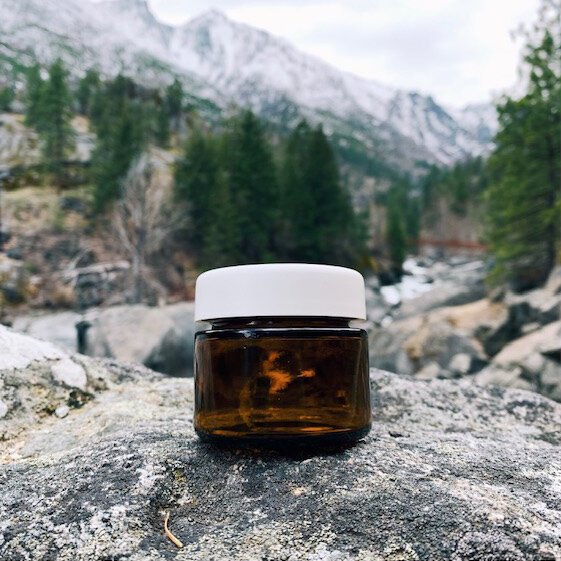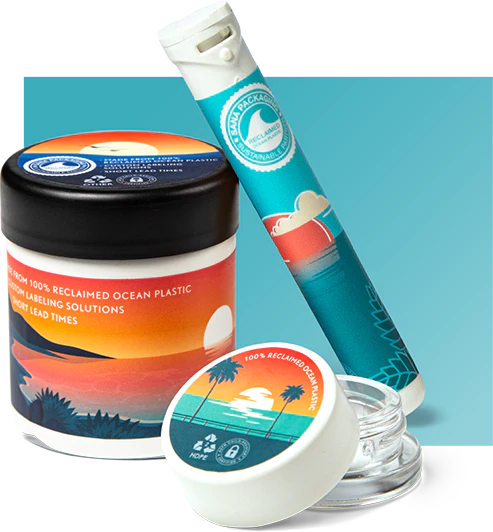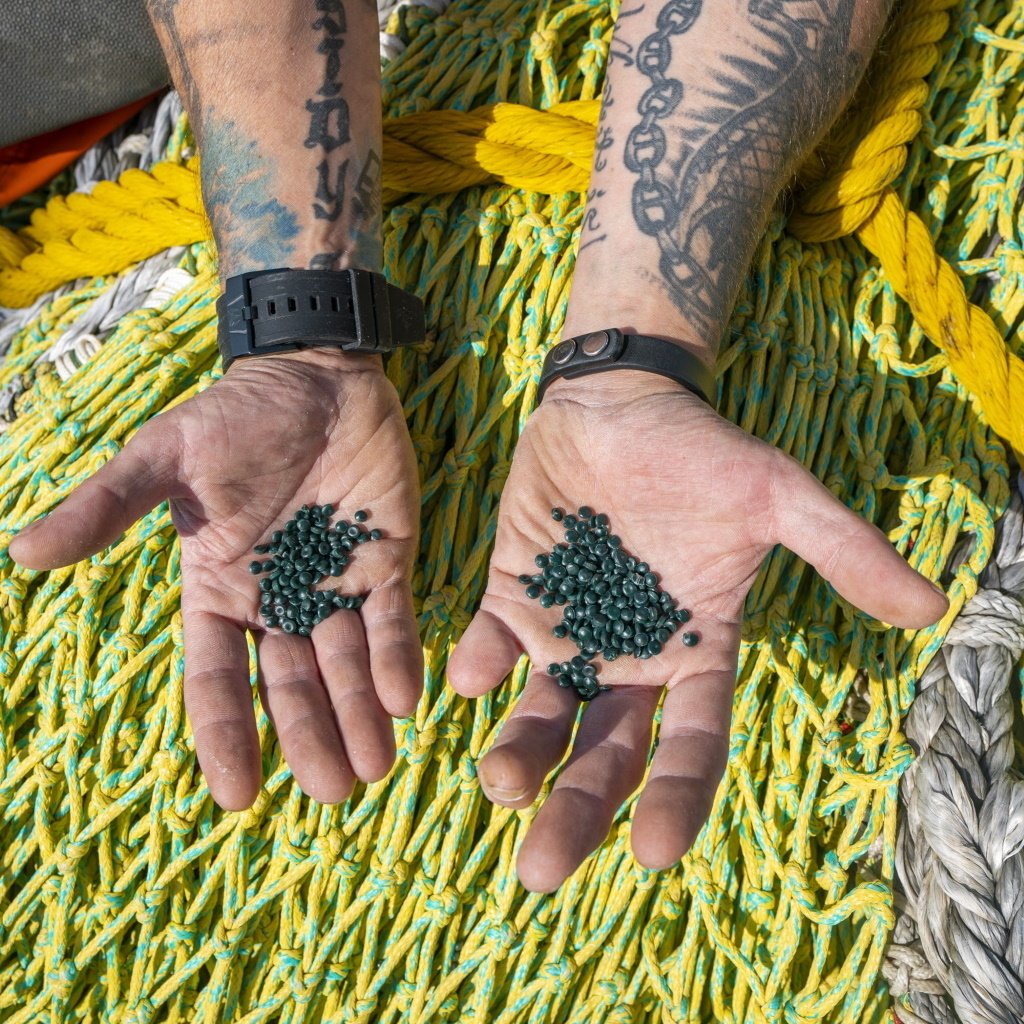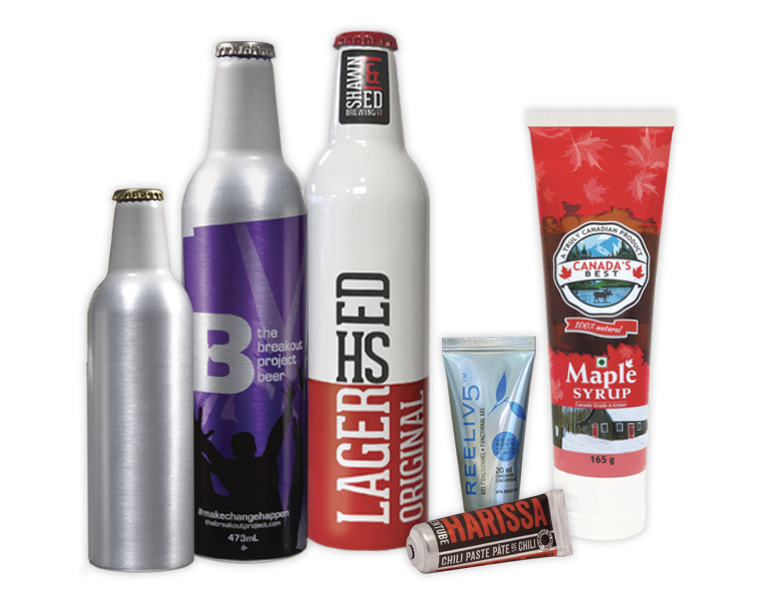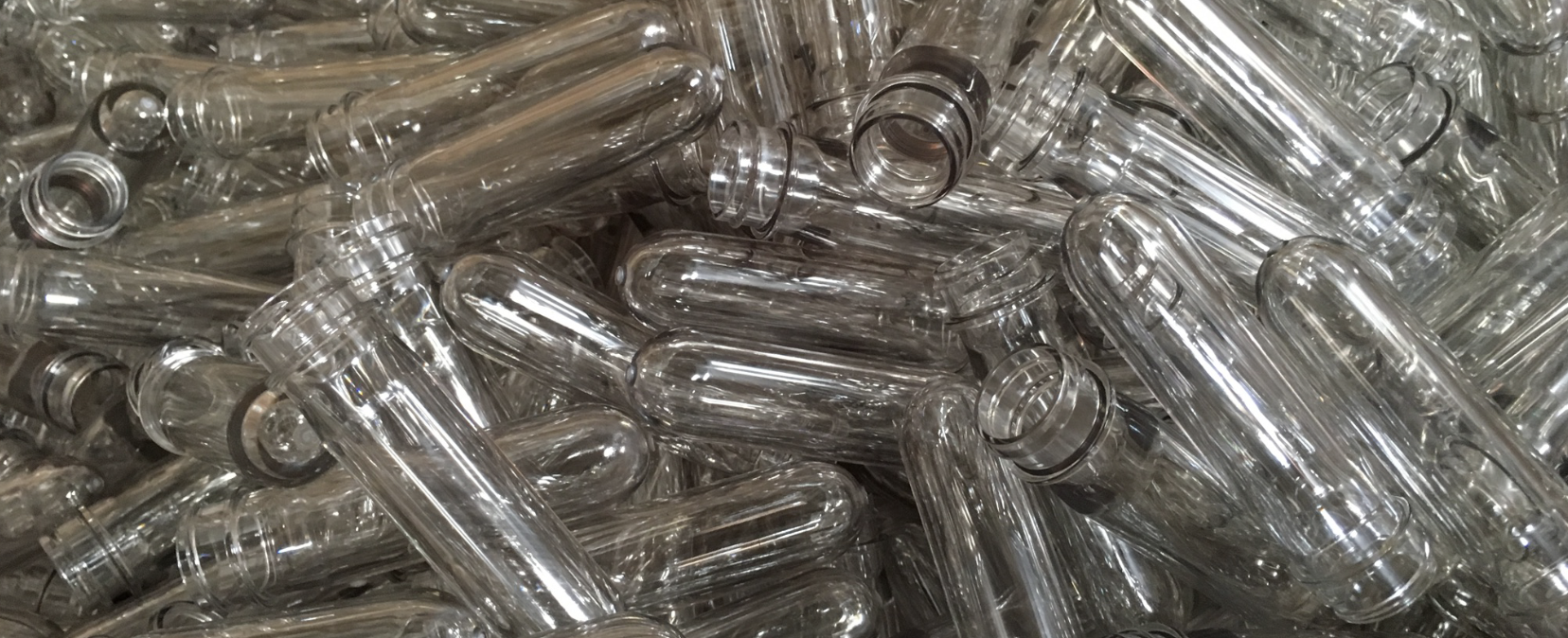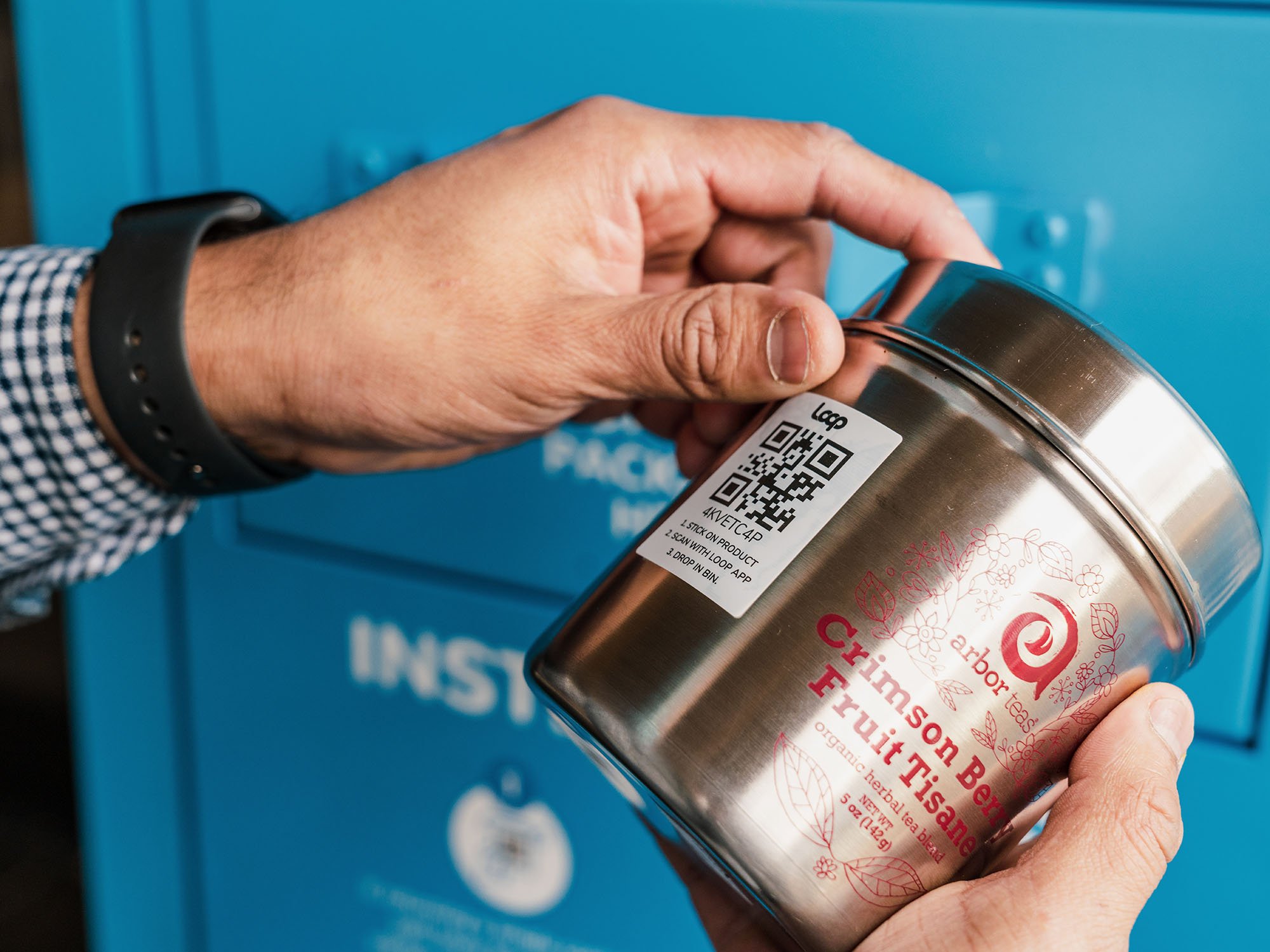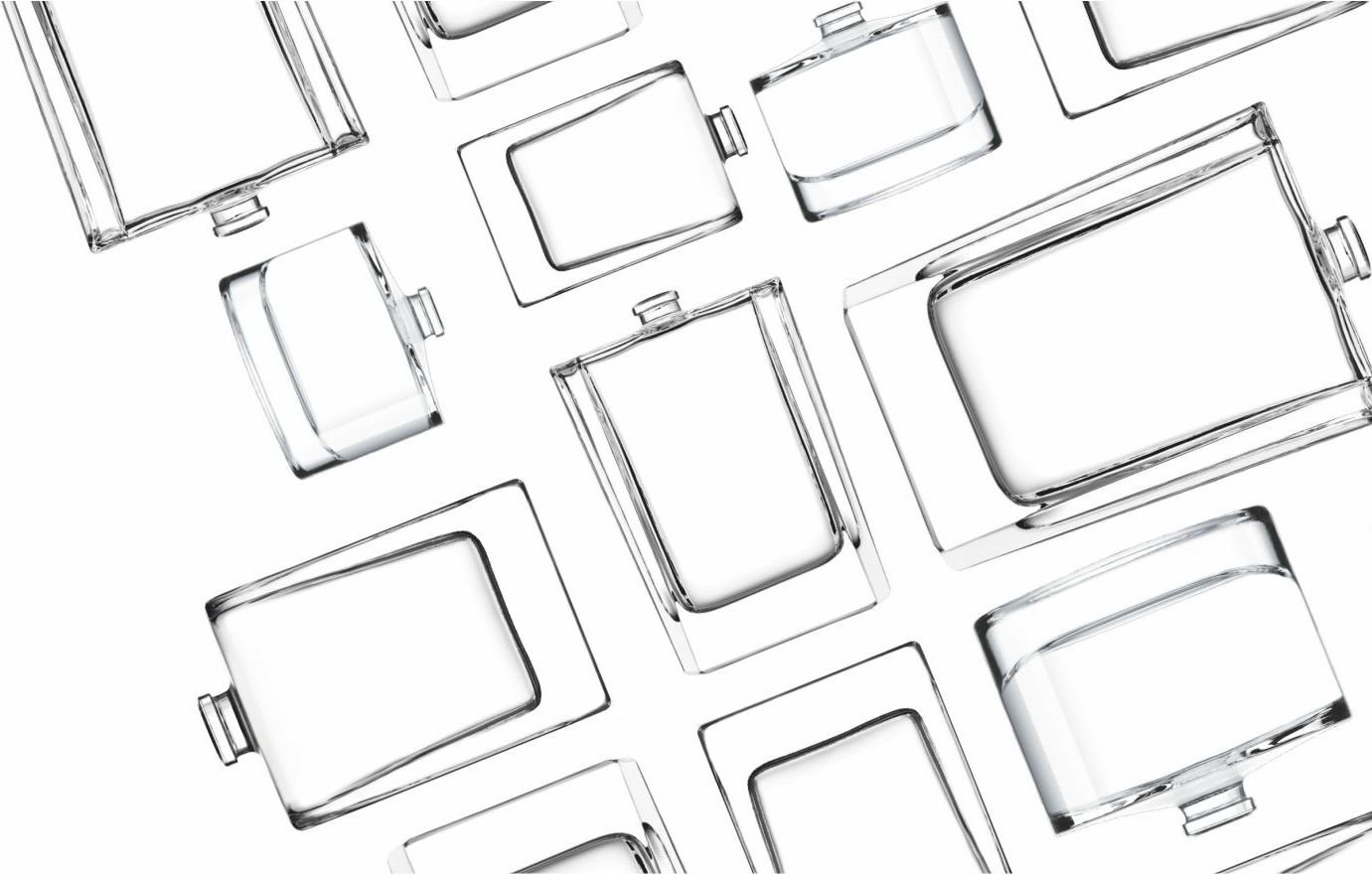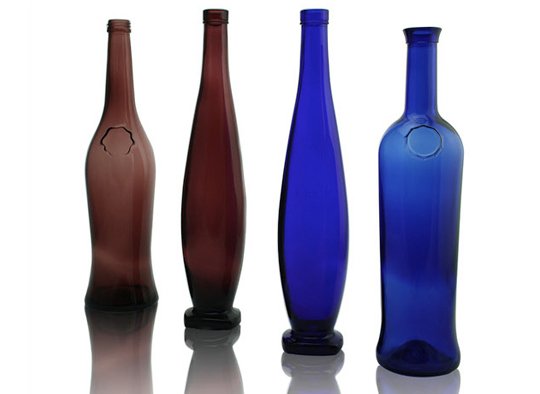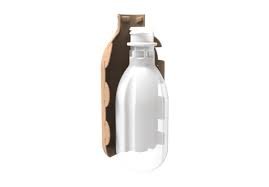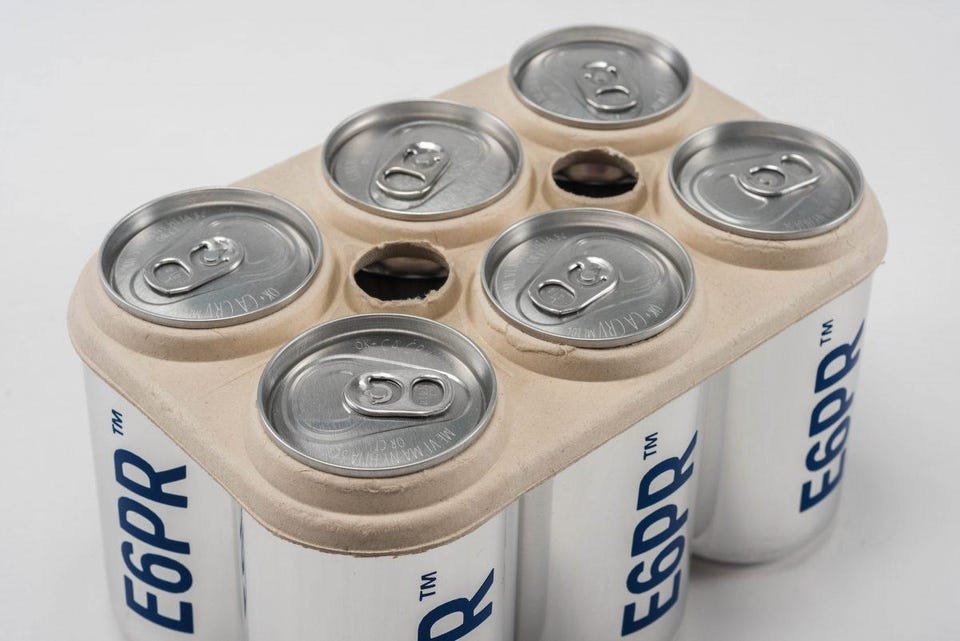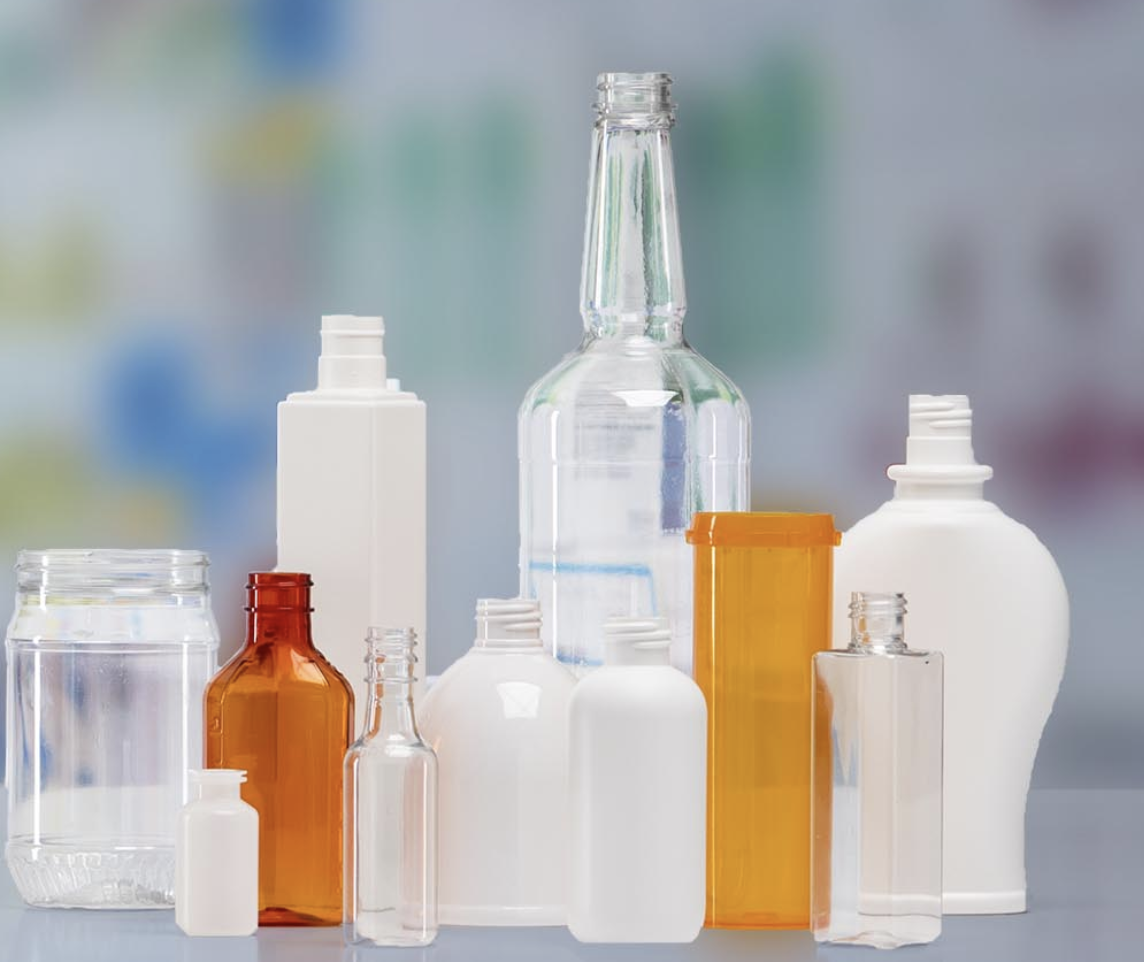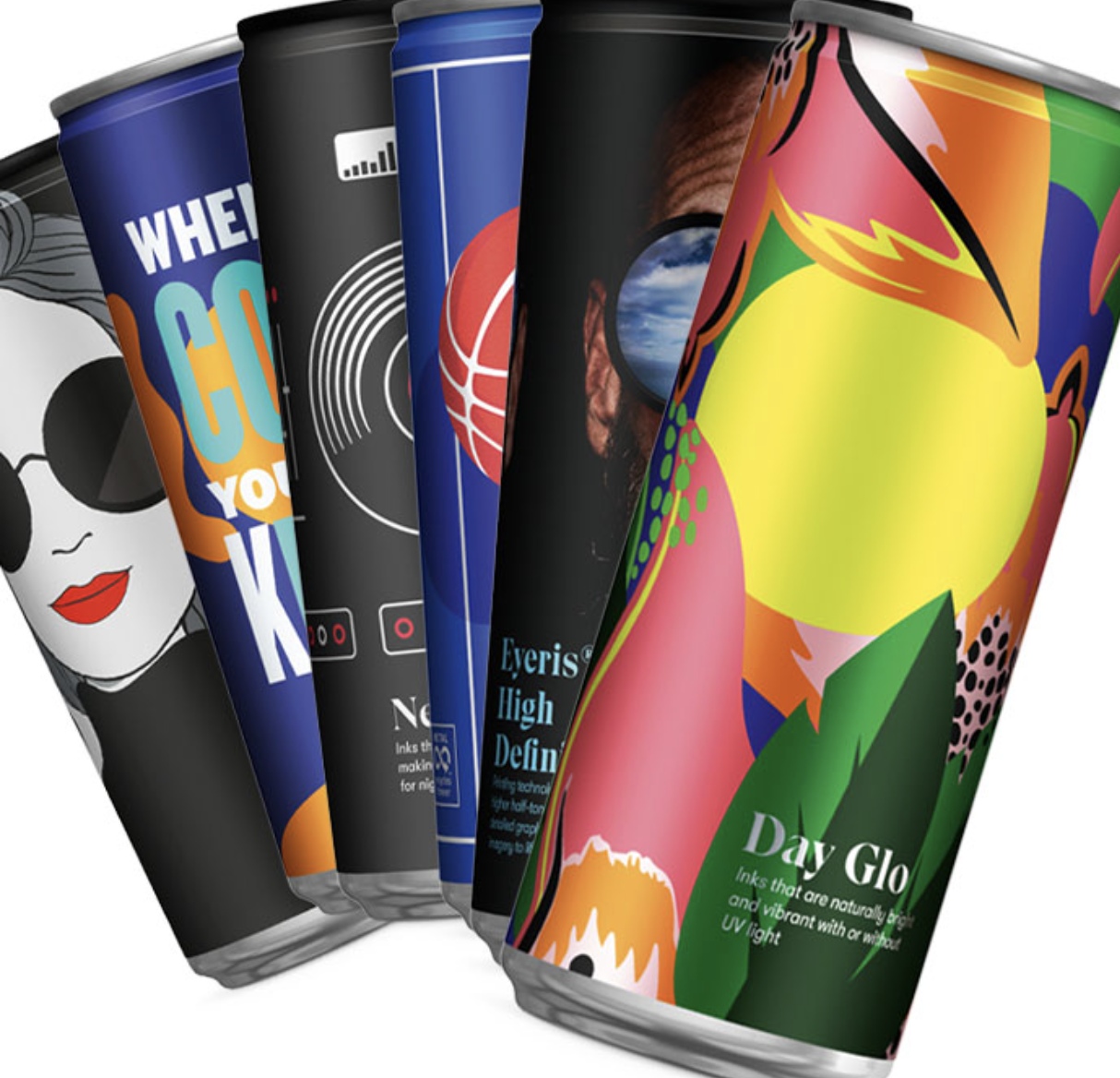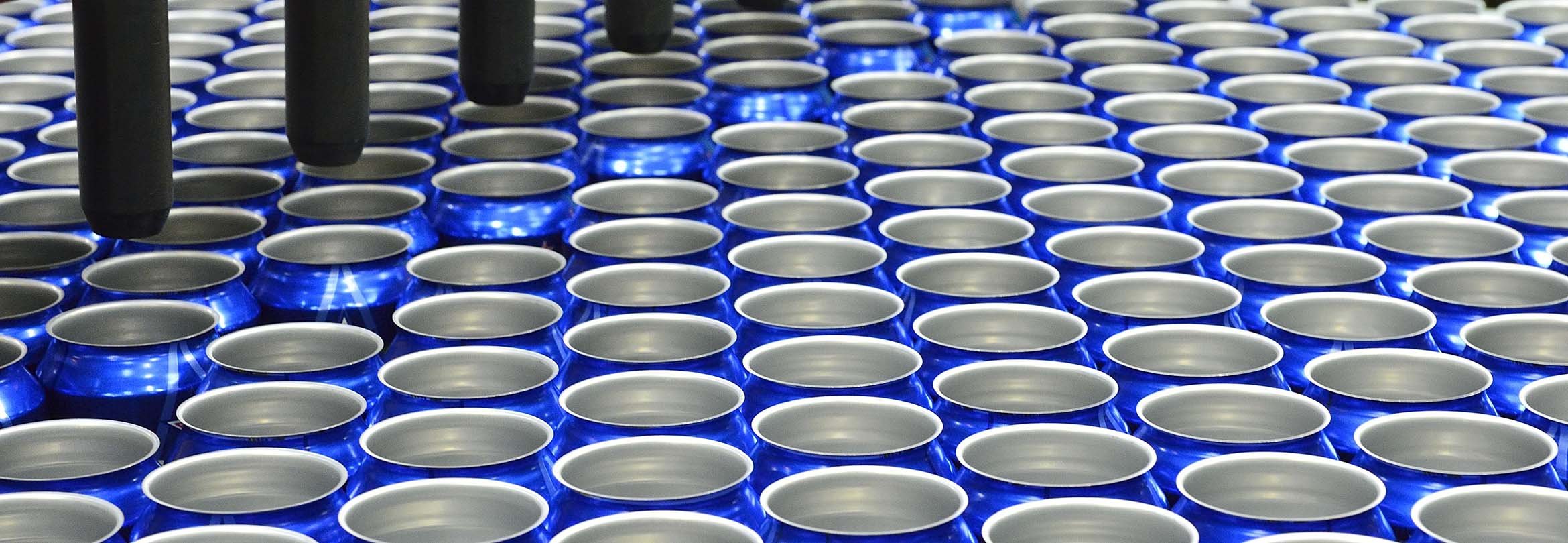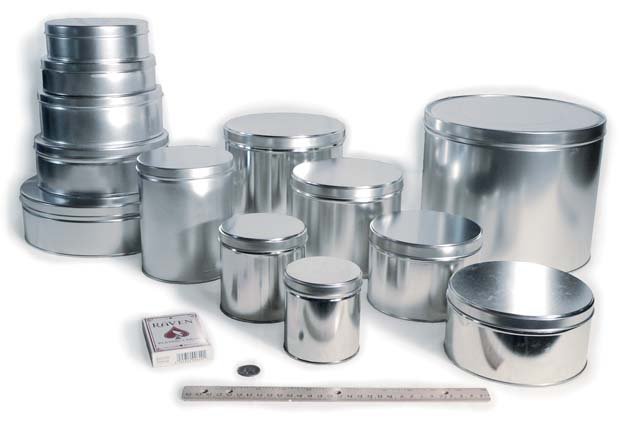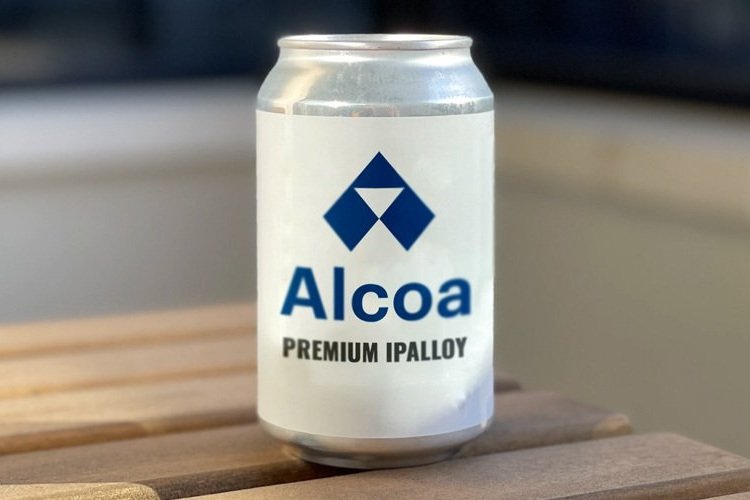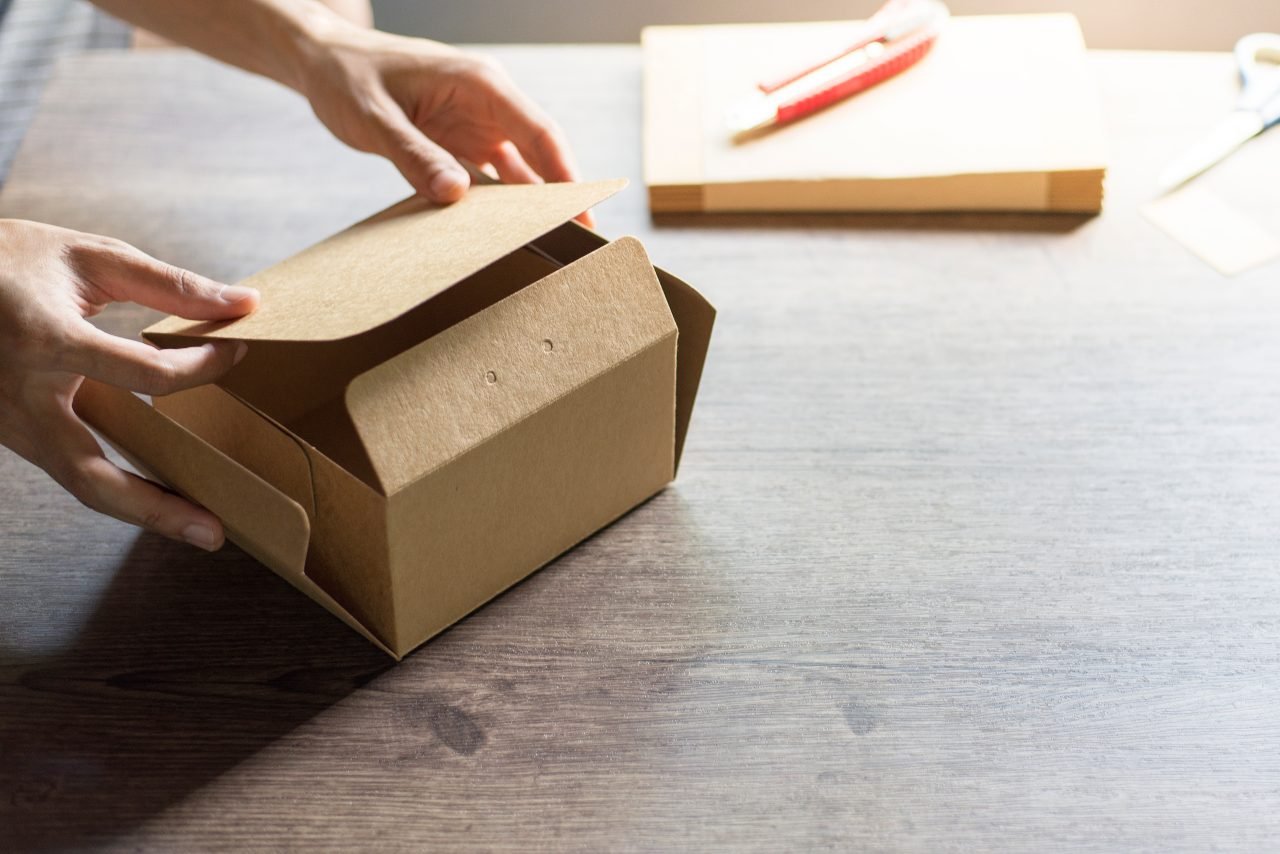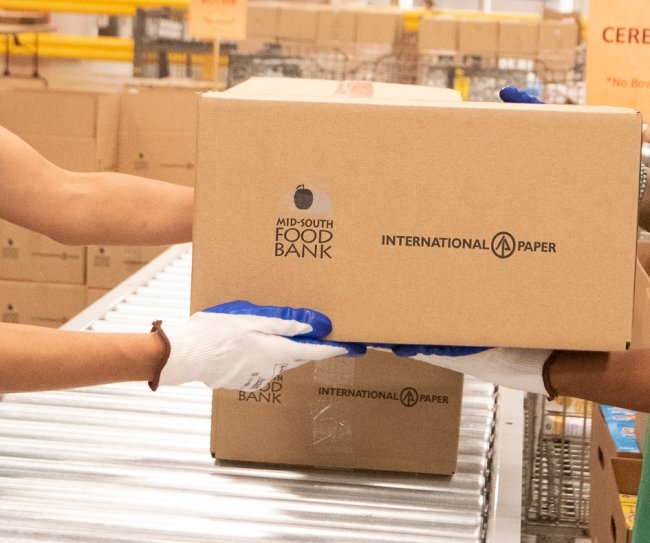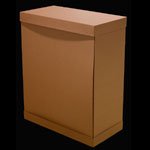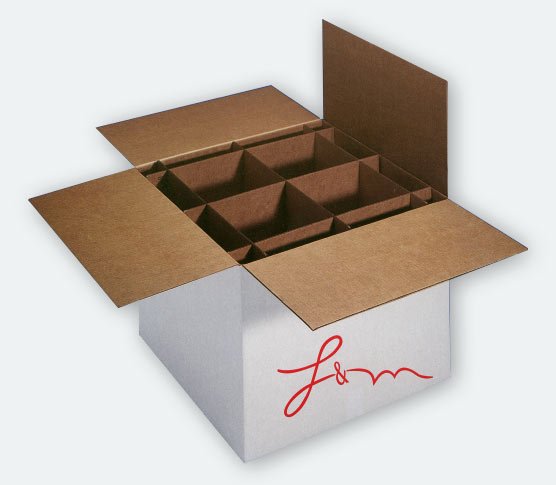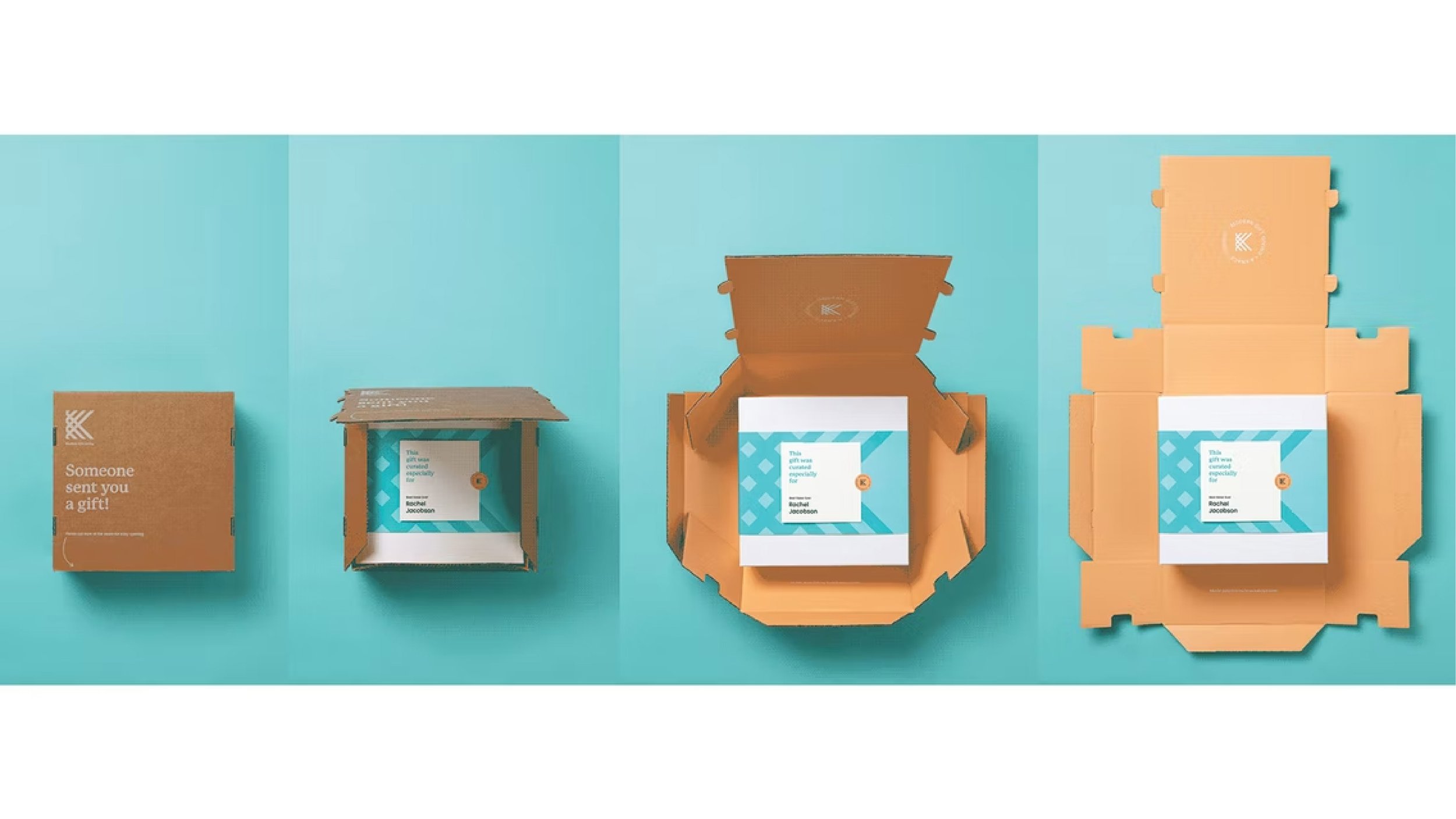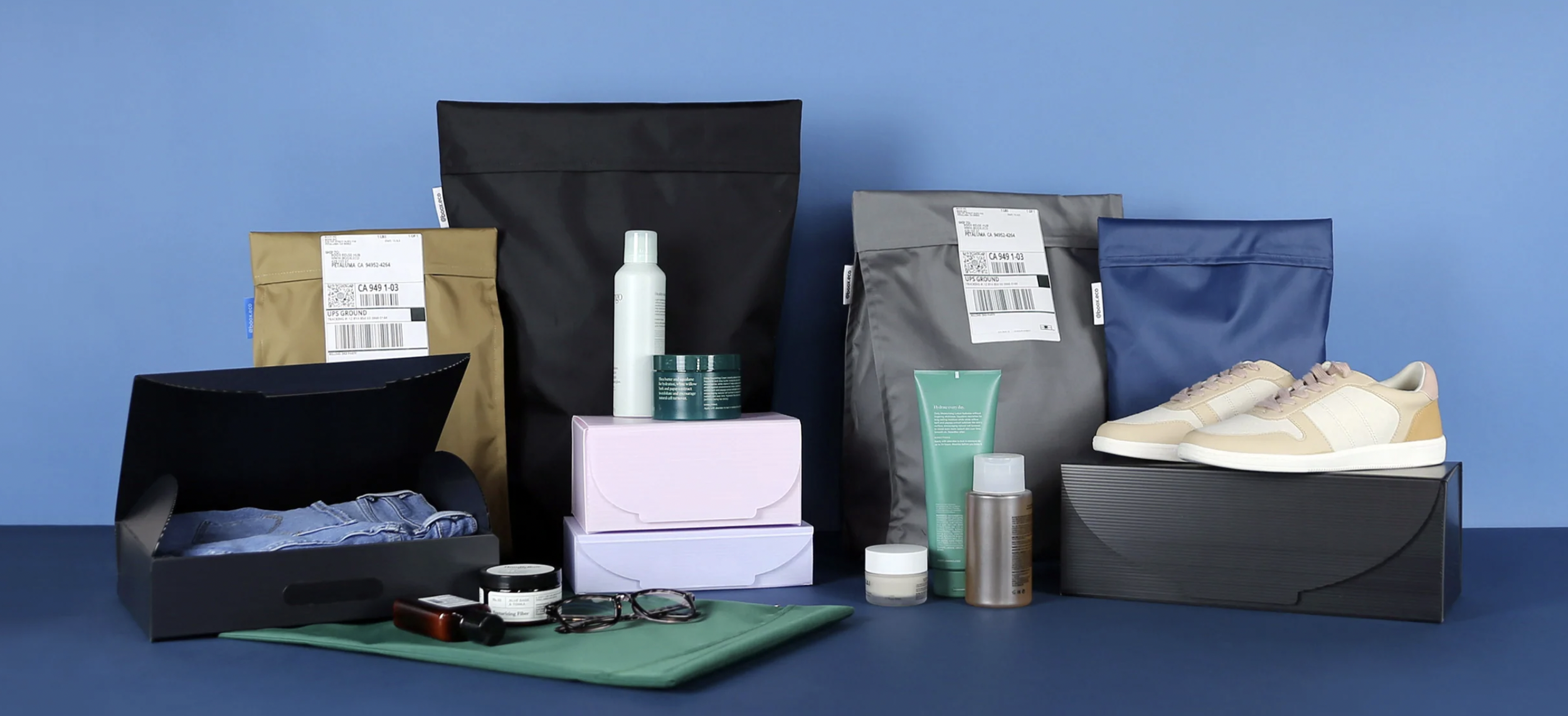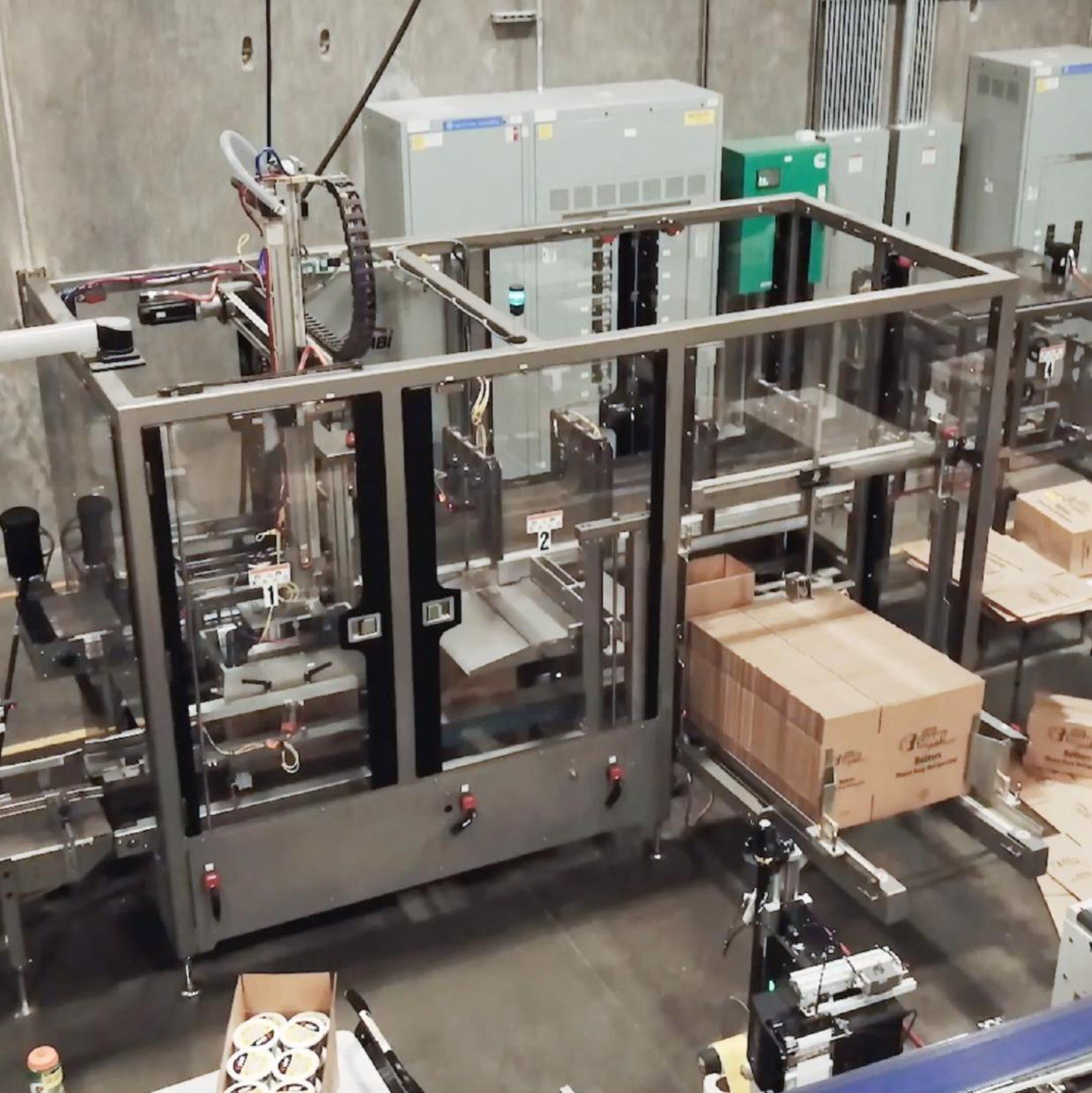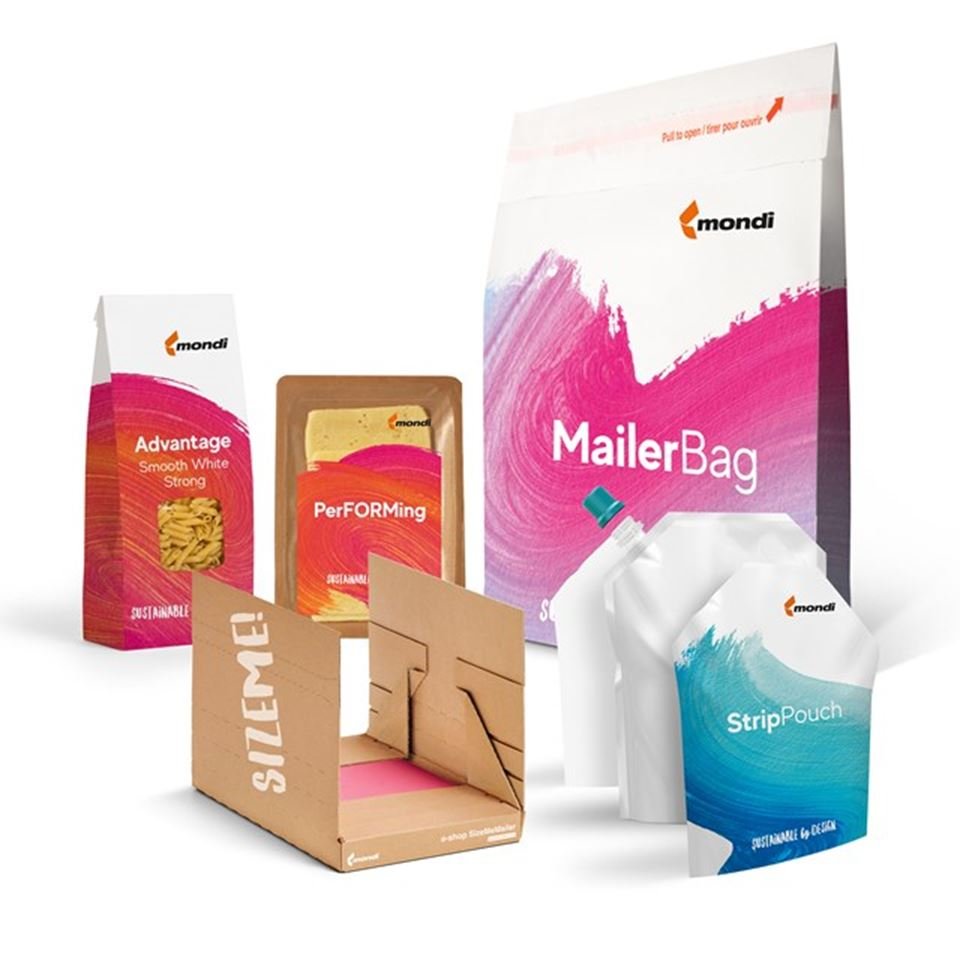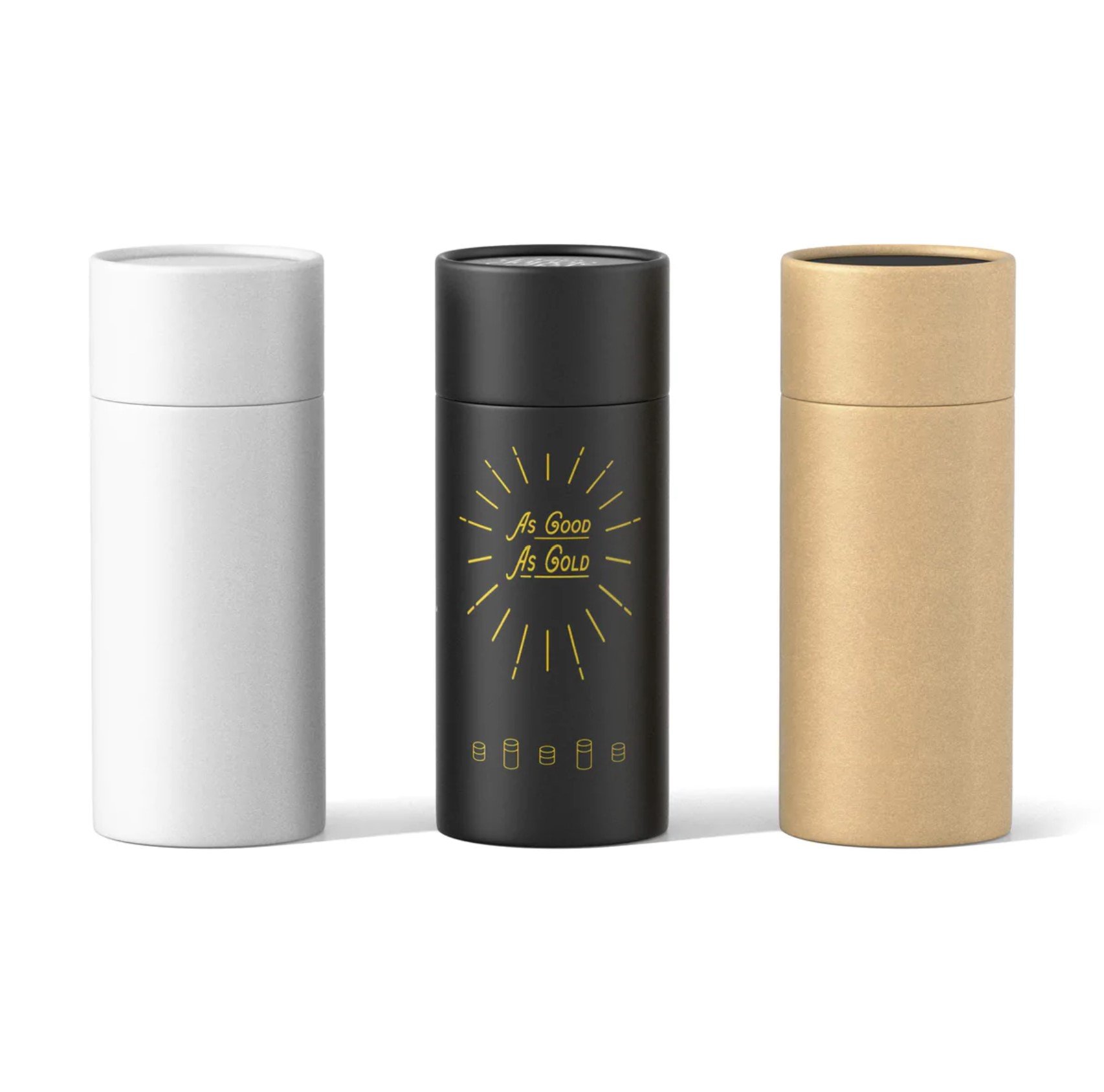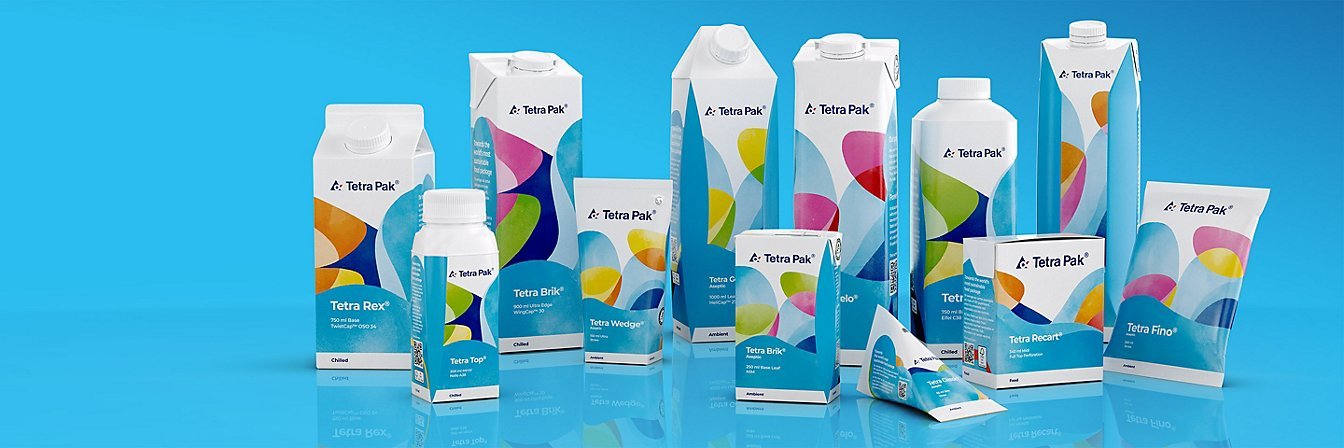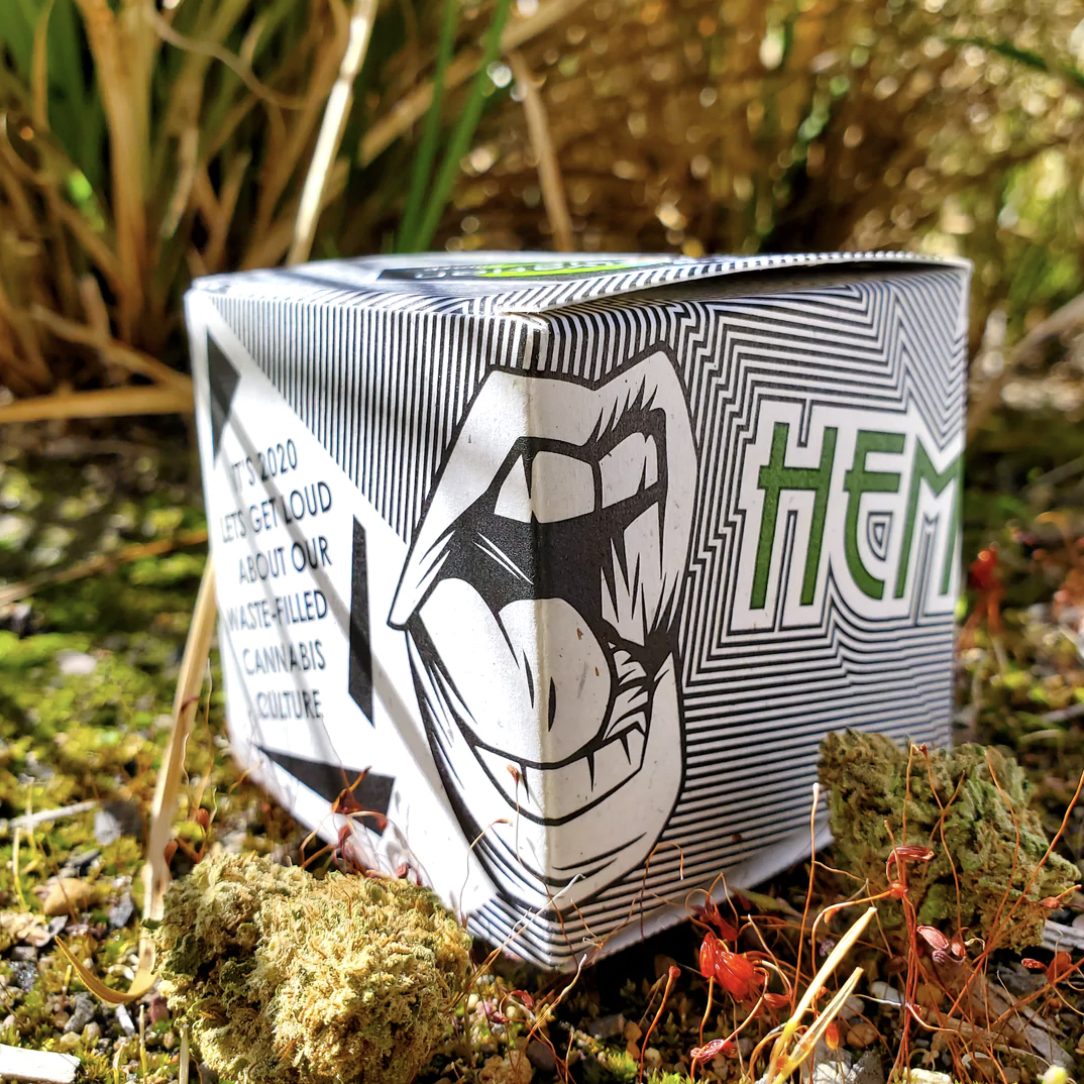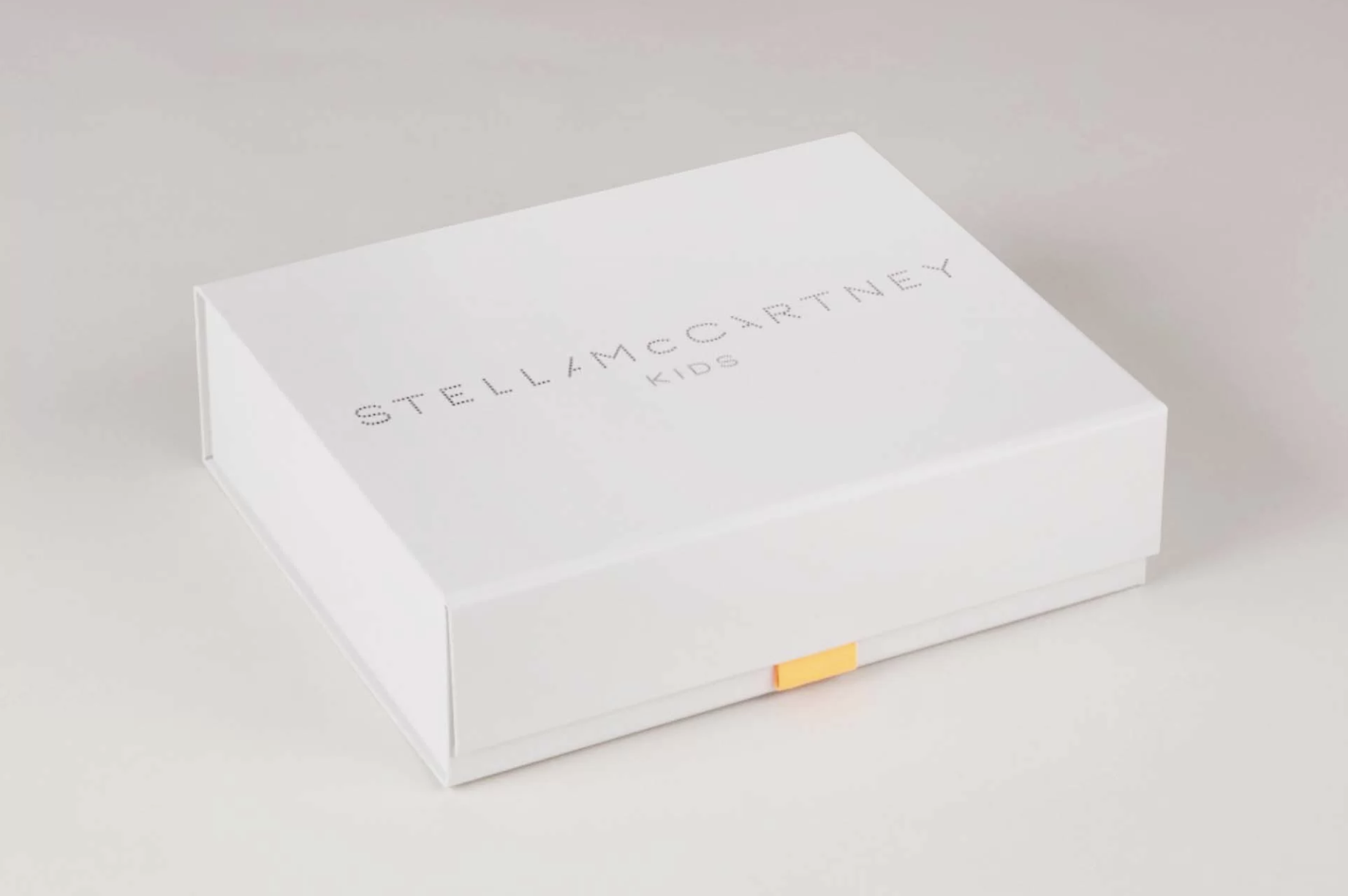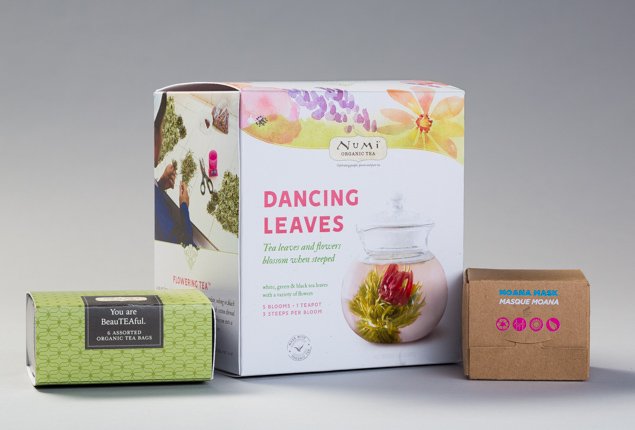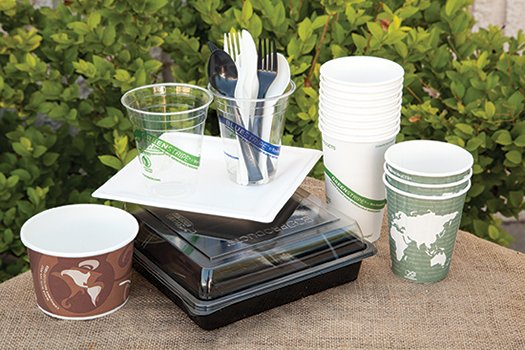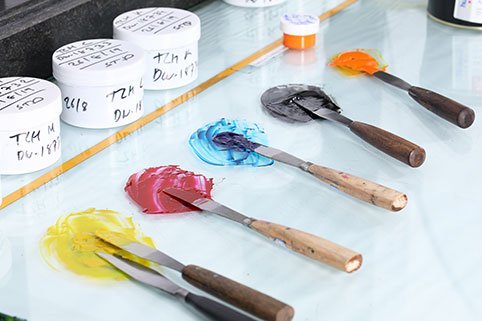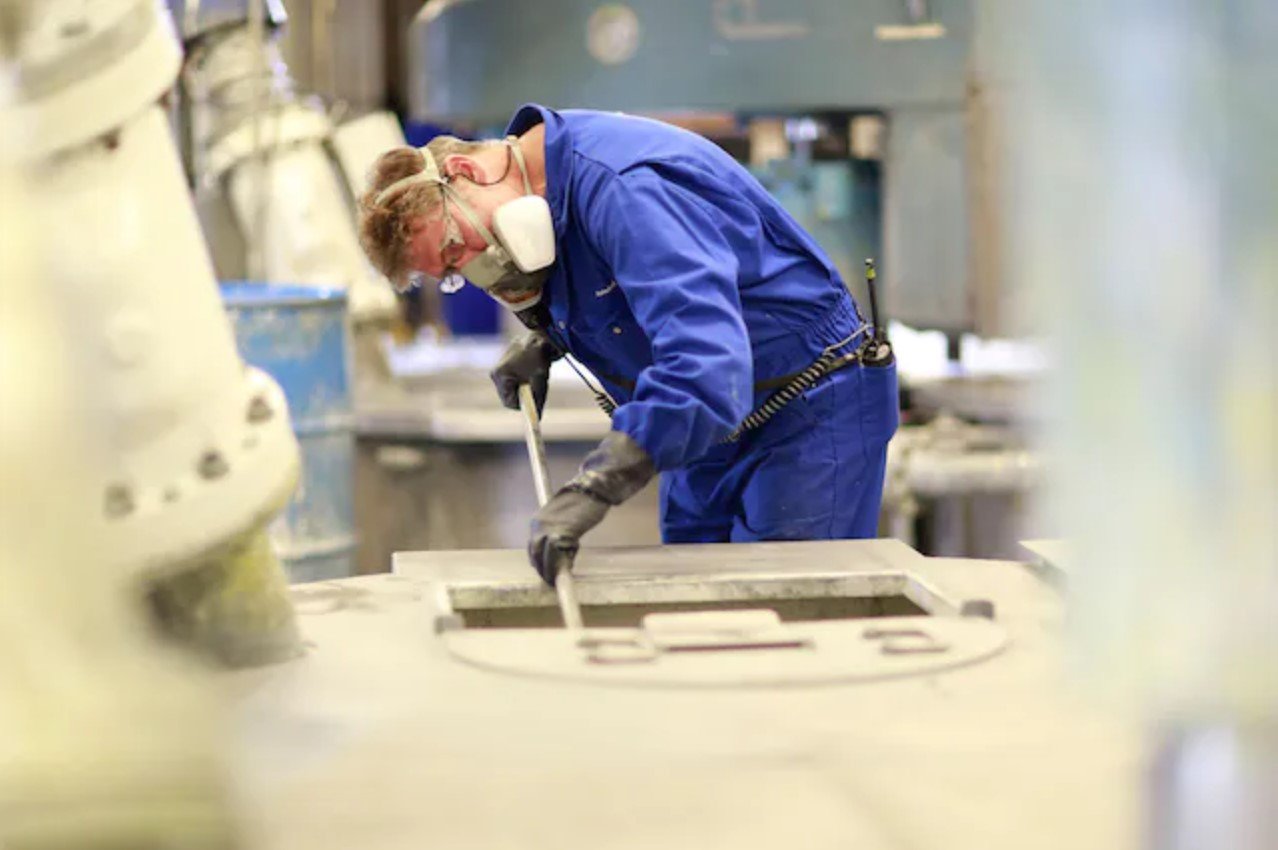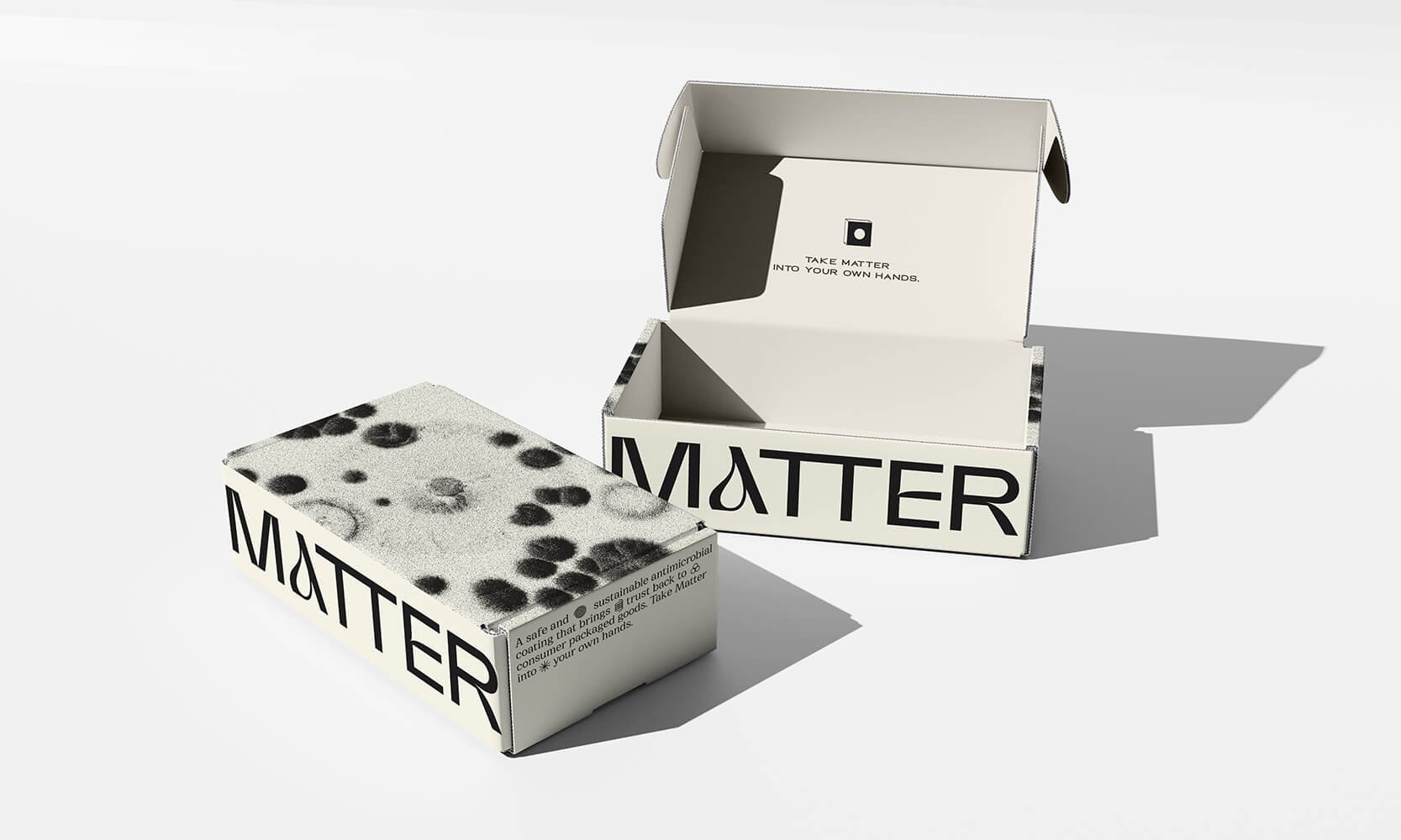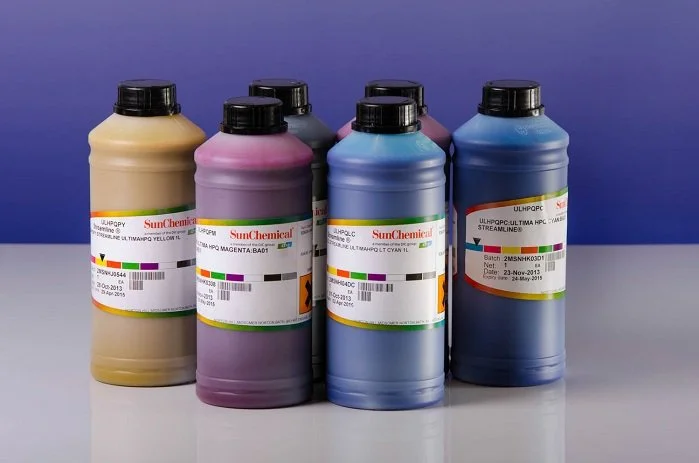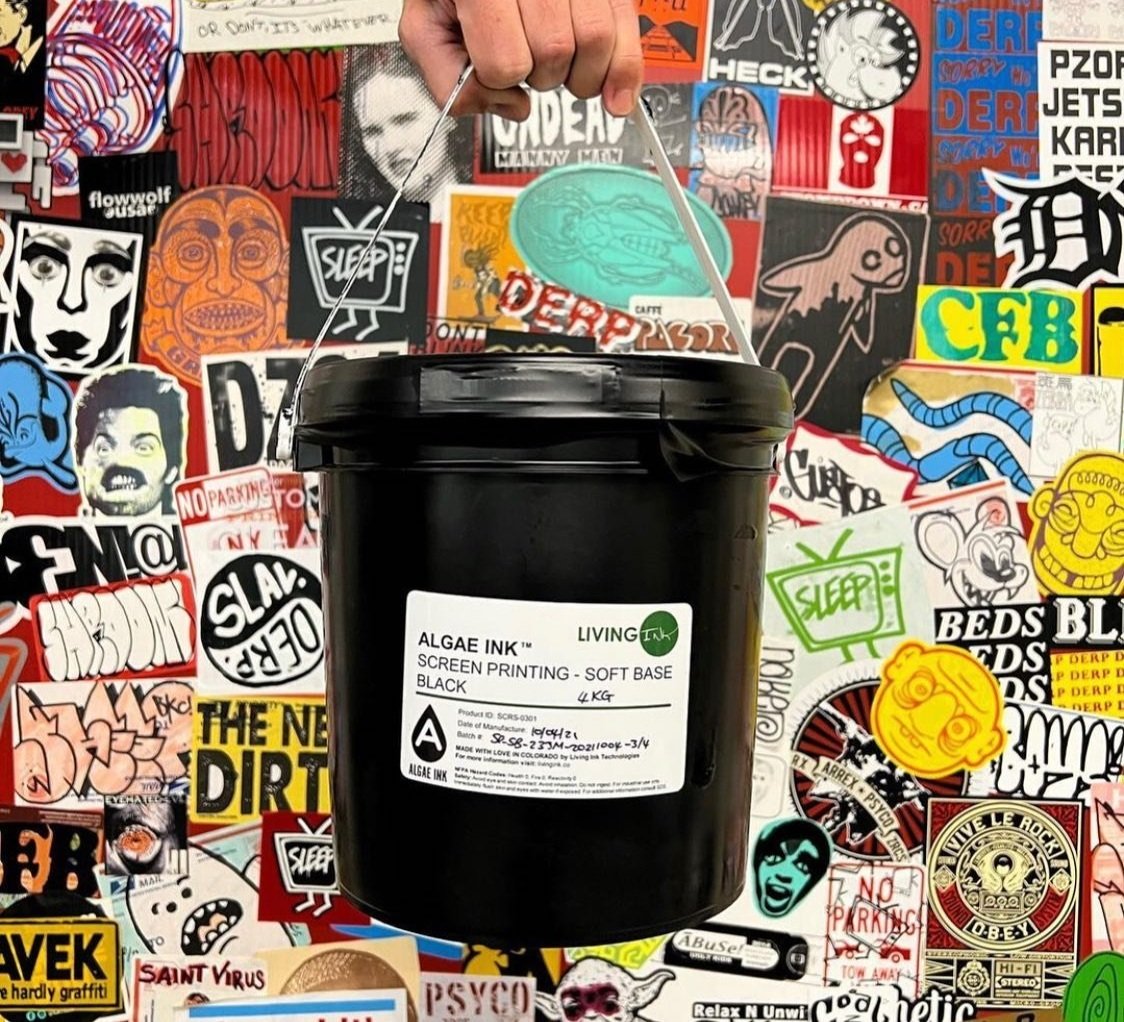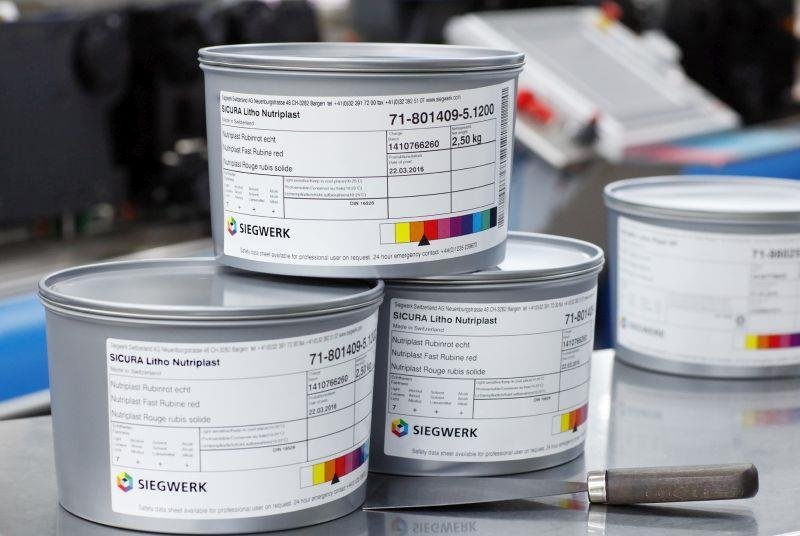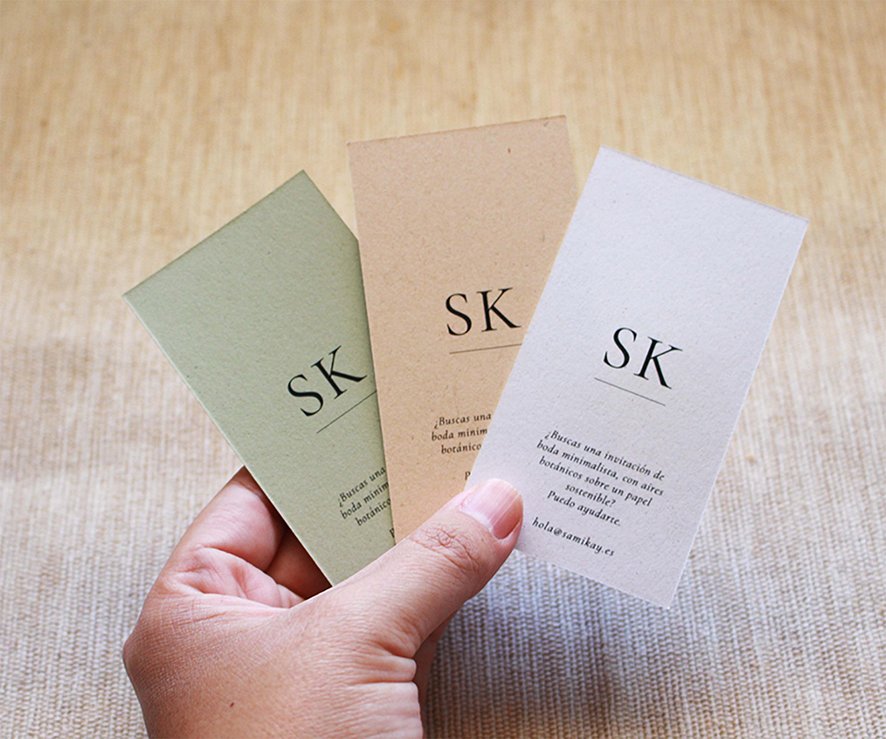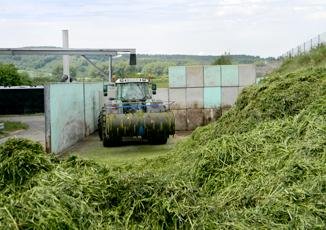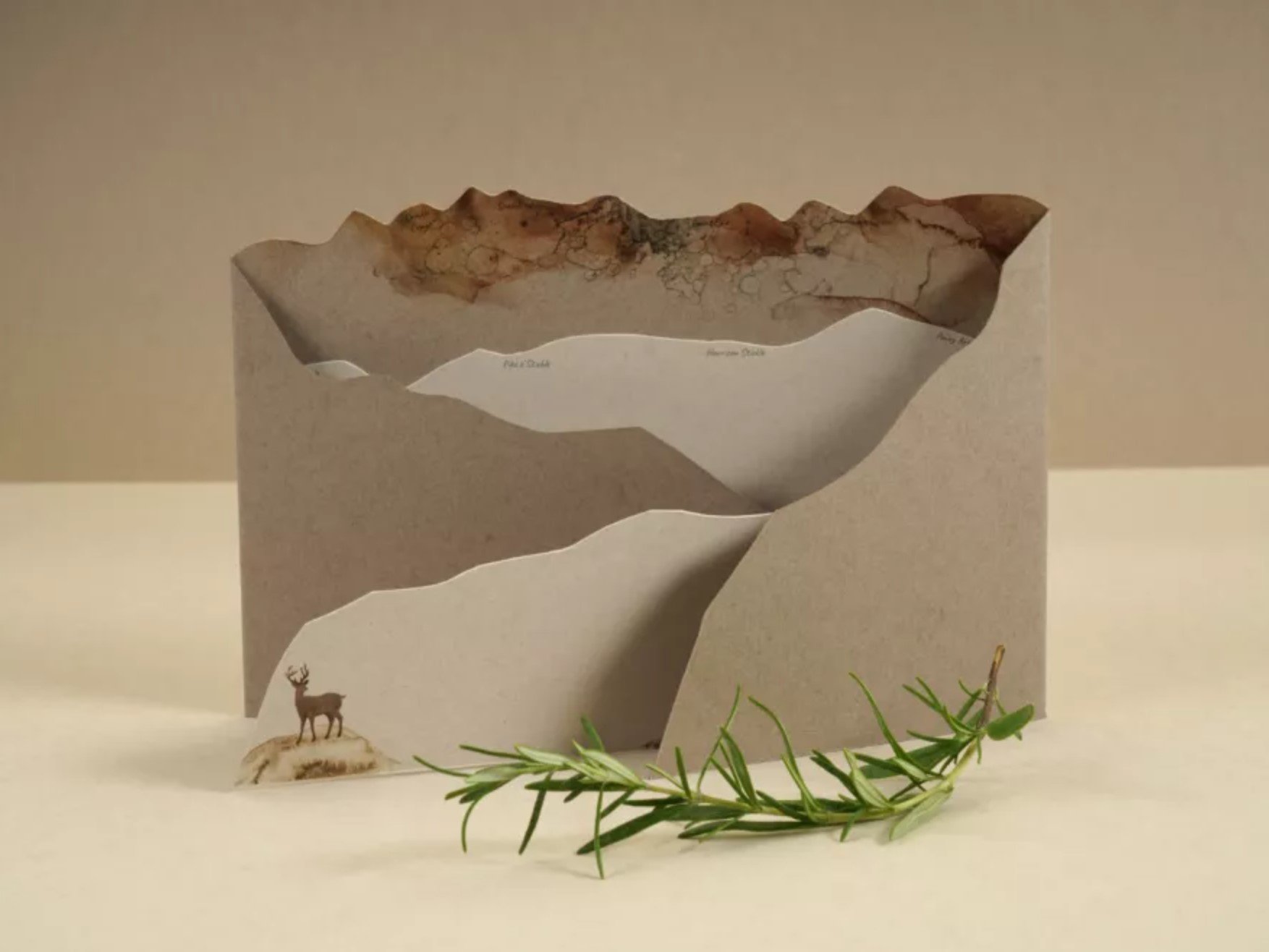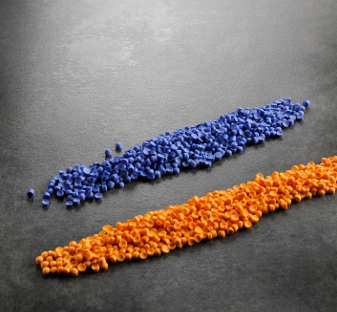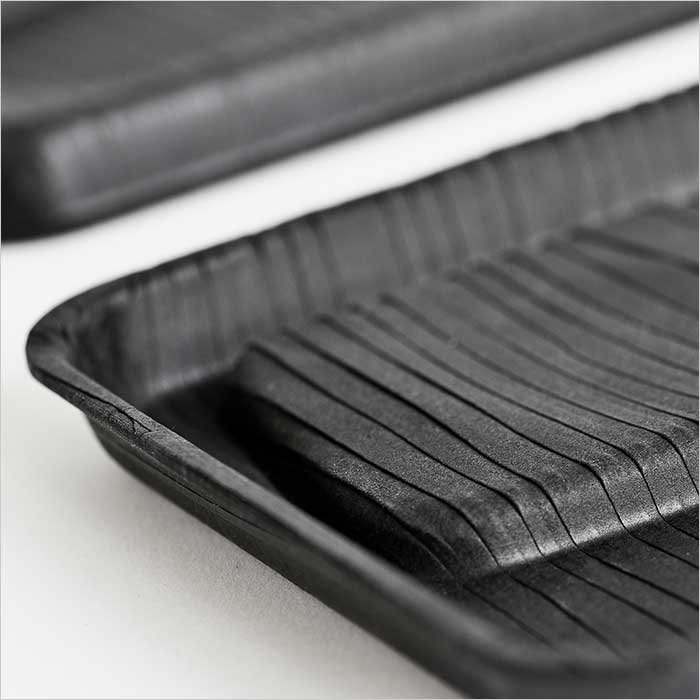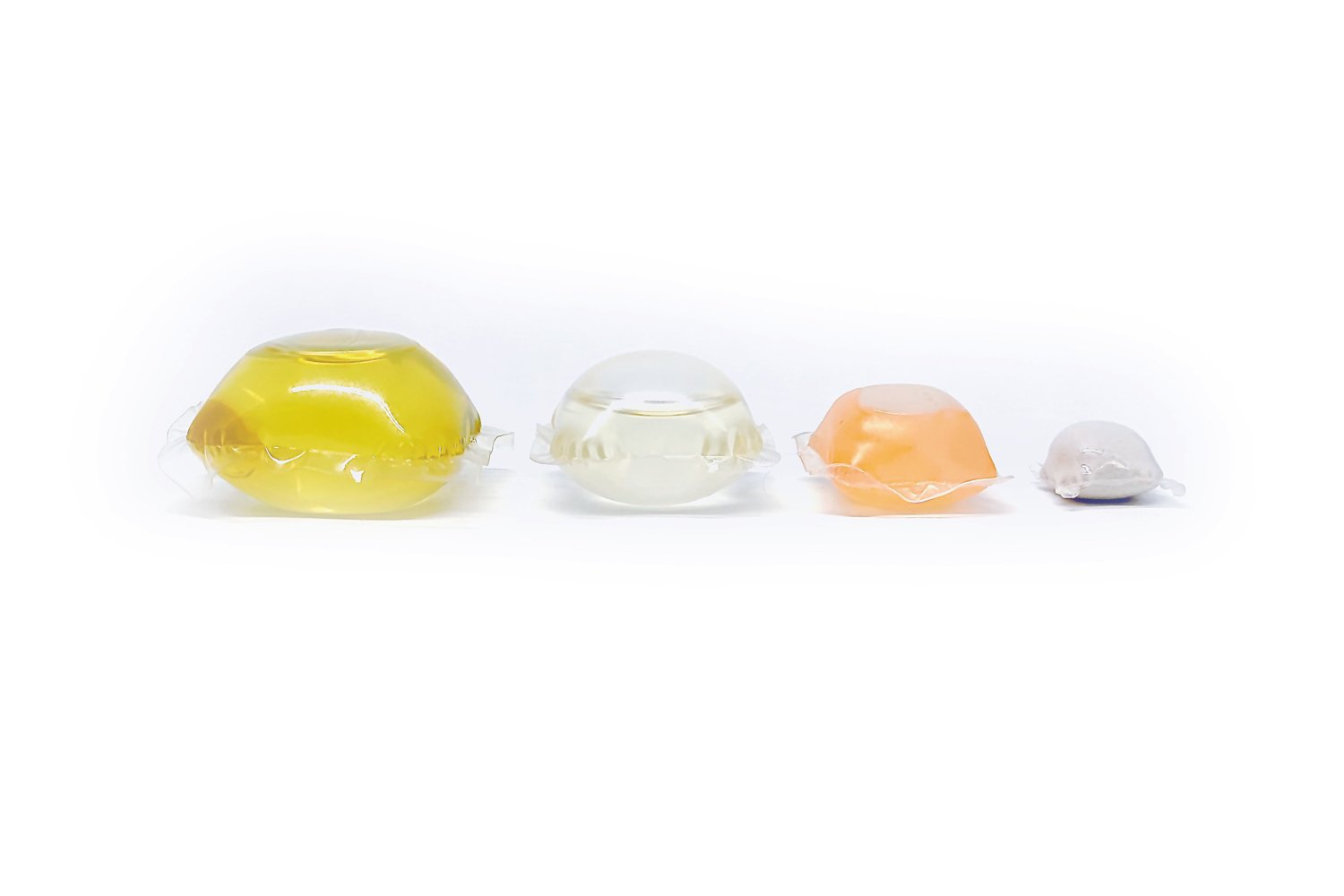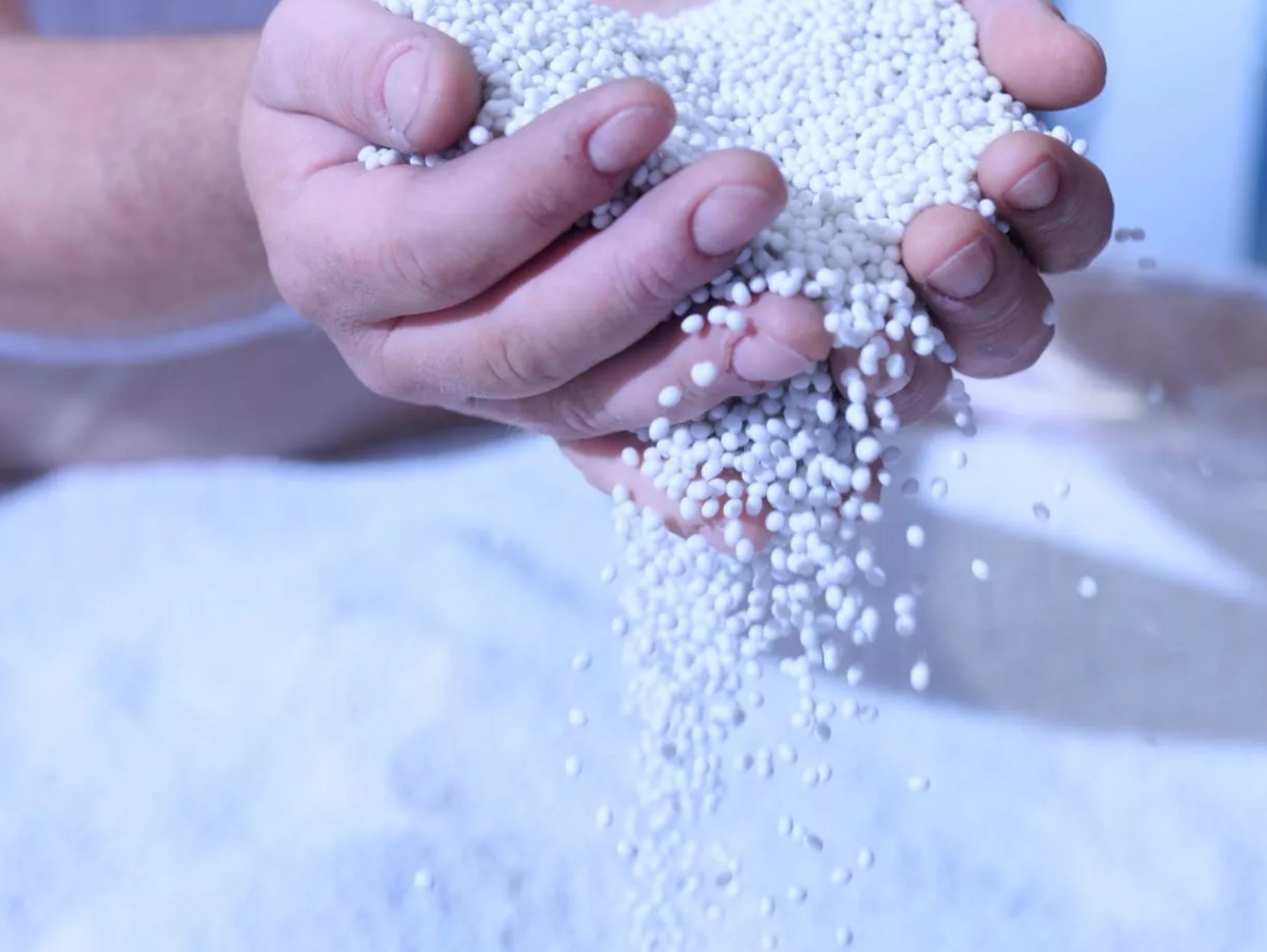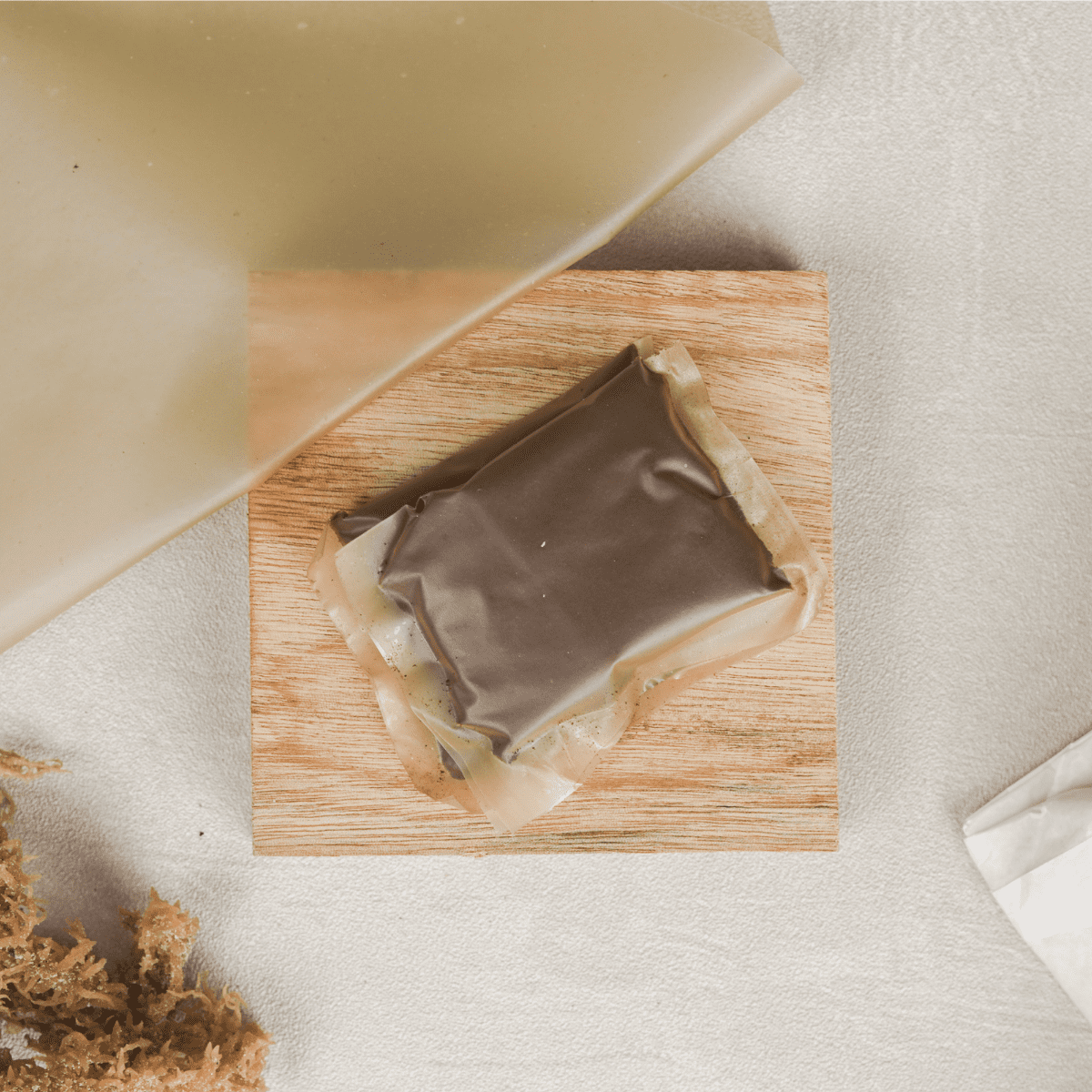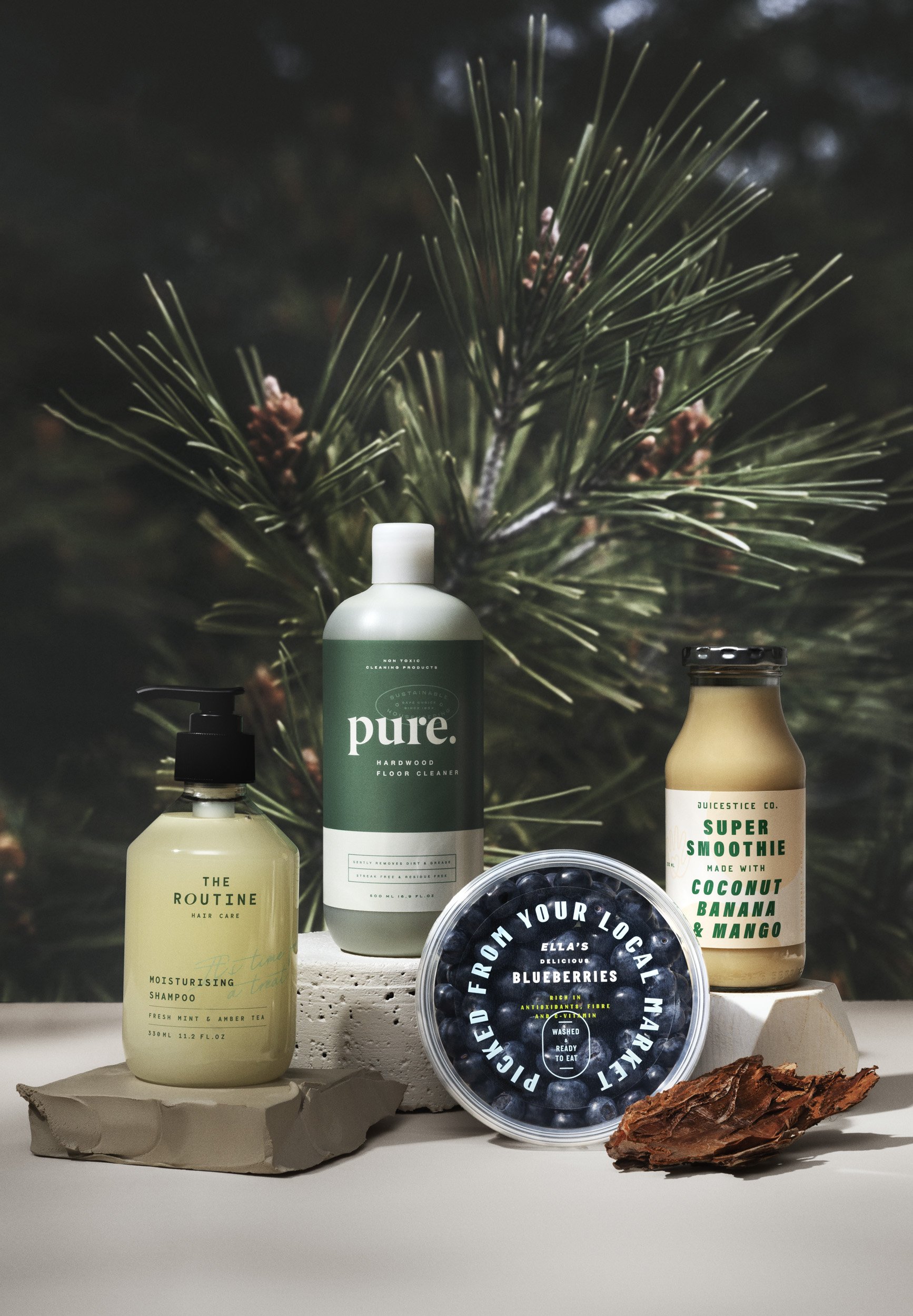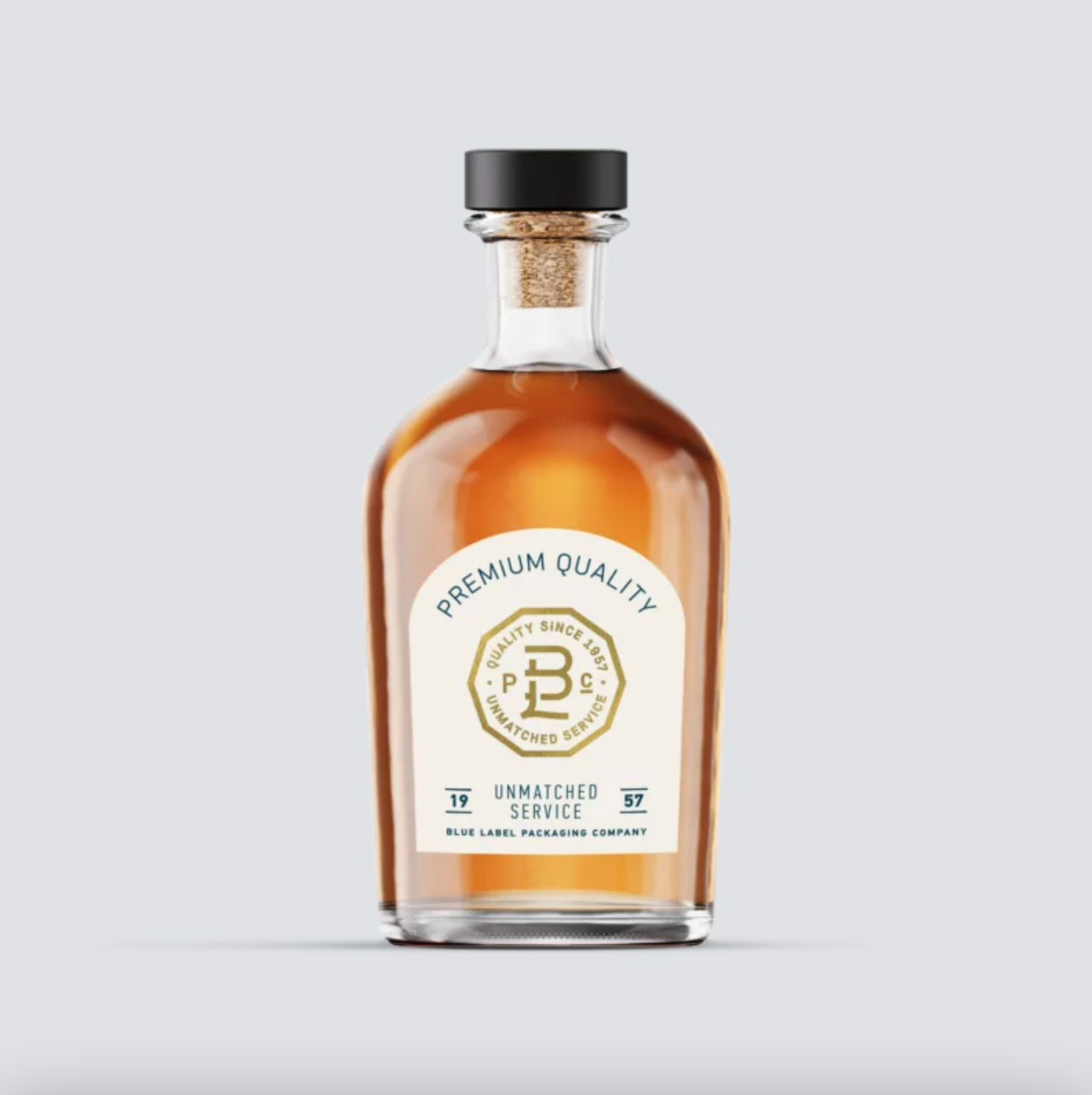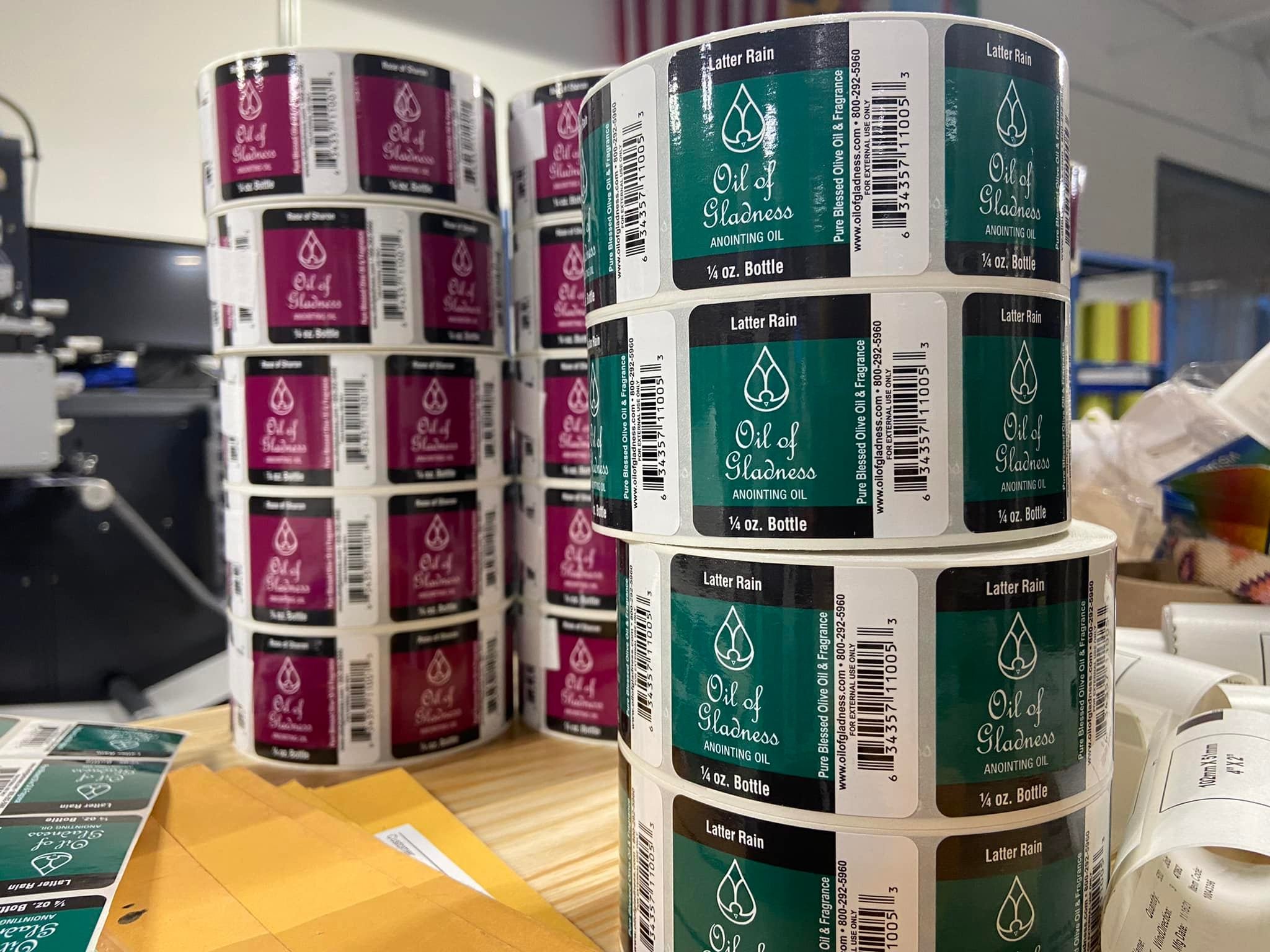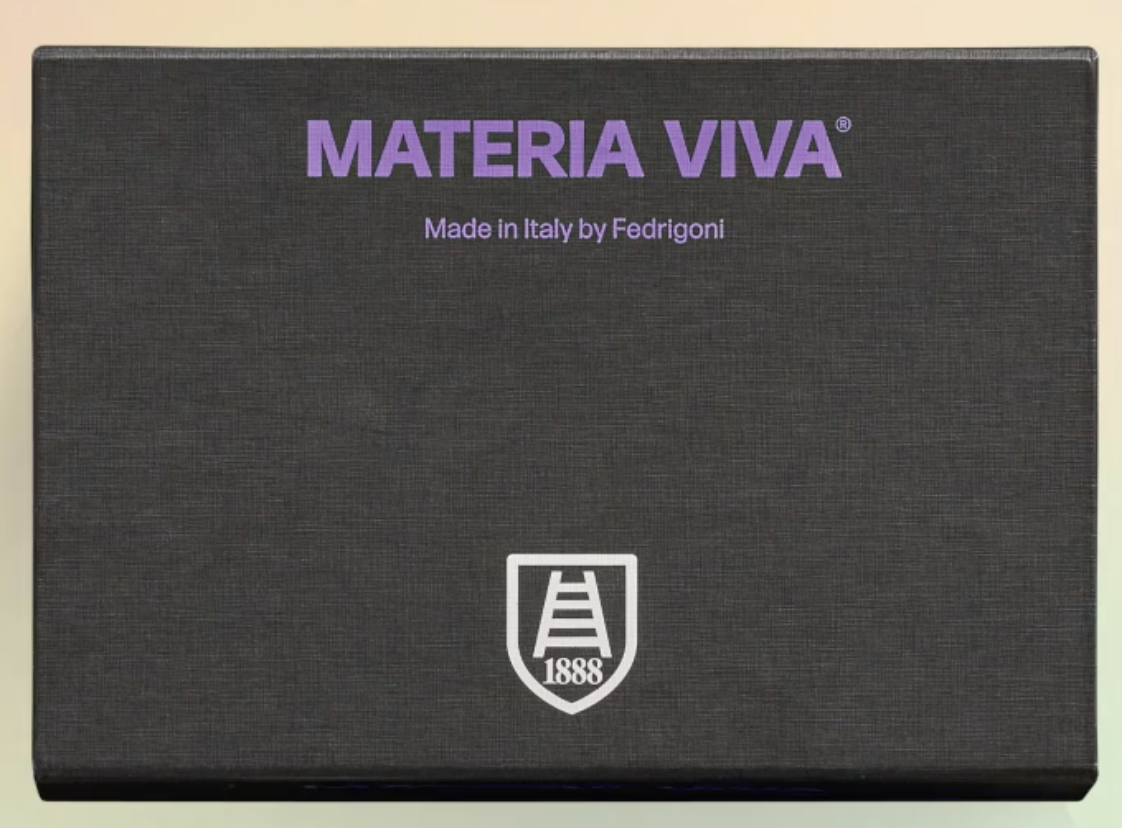Futamura
Futamura
🏭 Japan
What we like about Futamura: Their NatureFlex™️ line is made from a bio-based, home compostable plastic, derived primarily from wood pulp.

Cellulose Bags and Films
Bio-based films made from renewable resources, primarily wood pulp.
-
Options for shine and 100% clarity. The film can also be metallized or matte.
-
Like most bioplastics, Futamura’s cellulose film is derived from renewable resources, unlike traditional plastic.
In their words, “most grades [of our cellulose film] are produced with a minimum of 90% renewable raw material.”
The cellulose is sourced from wood pulp that has 2 forestry certifications:
FSC™ (Forest Stewardship Council™)
PEFC (Programme for the Endorsement of Forest Certification) Chain of Custody certifications
-
Bioplastics look and feel like traditional plastic, but most can’t be recycled, so proper disposal information should be an important part of the design. Tossing bioplastic in with recycling just adds an extra step on the way to landfill.
Futamura’s cellulose films are home and industrially compostable. If they’re not composted, they should be disposed of with regular trash.
Compostability Certifications:
TUV Home Compost
BPI
Seedling
You could consider a takeback program. If you can work with an industrial composter that accepts bioplastic, you can bulk compost your packaging on behalf of customers.
-
Bioplastics look and feel like traditional plastic, so proper disposal information should be an important part of the design, so that they don't end up in the wrong waste stream.
For this bioplastic, composting is the best case scenario. It's good to let customers know that if they can't compost it, the plastic should be thrown in with the trash. Tossing bioplastic in with recycling just adds an extra step on the way to landfill.
You could consider a takeback program. If you can work with an industrial composter that accepts bioplastic, you can bulk compost your packaging on behalf of customers.
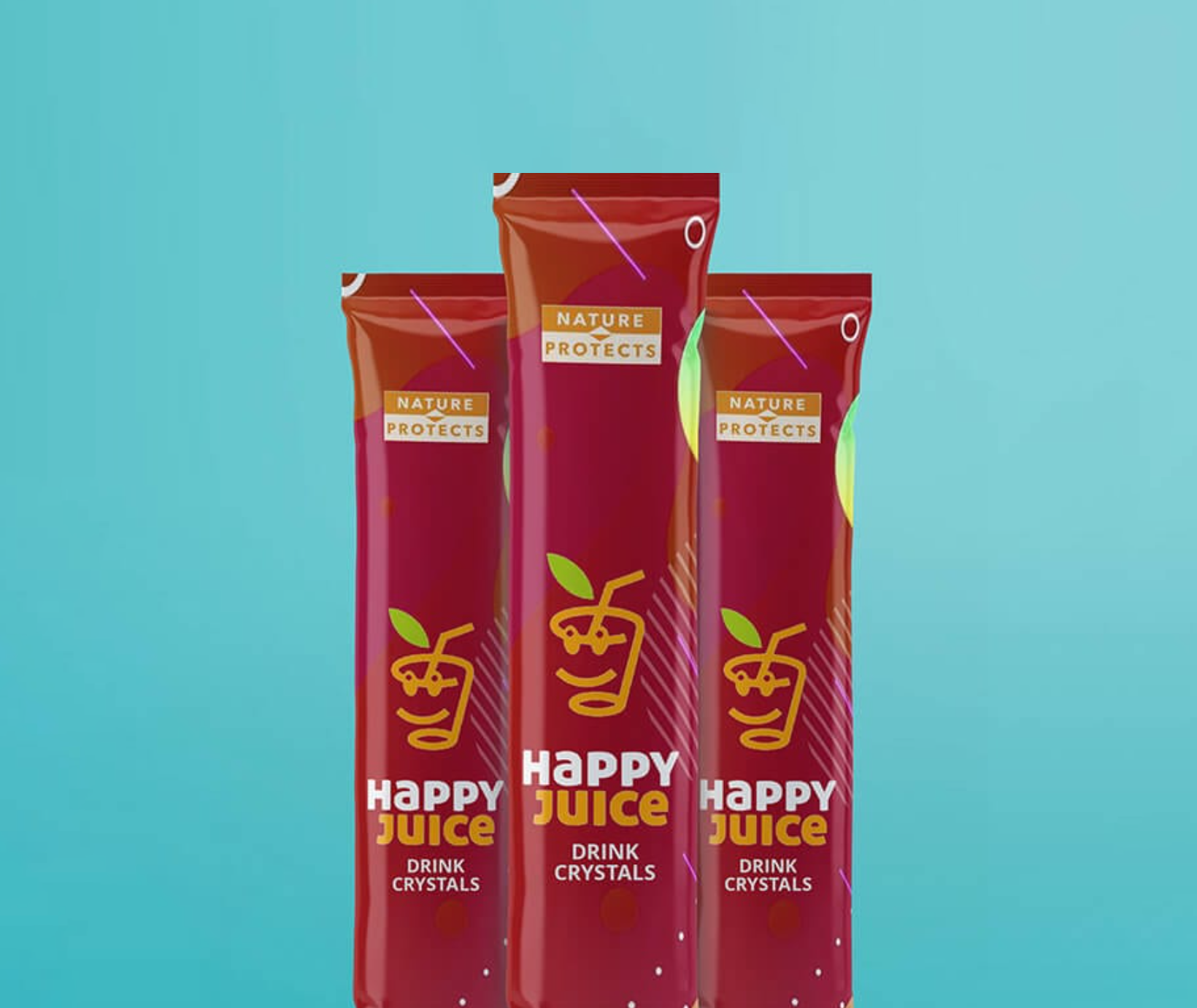
Cellulose Pouches
Bio-based films made from renewable resources, primarily wood pulp.
-
Options for shine and 100% clarity. The film can also be metallized or matte.
-
Like most bioplastics, Futamura’s cellulose film is derived from renewable resources, unlike traditional plastic.
In their words, “most grades [of our cellulose film] are produced with a minimum of 90% renewable raw material.”
The cellulose is sourced from wood pulp that has 2 forestry certifications:
FSC™ (Forest Stewardship Council™)
PEFC (Programme for the Endorsement of Forest Certification) Chain of Custody certifications
-
Bioplastics look and feel like traditional plastic, but most can’t be recycled, so proper disposal information should be an important part of the design. Tossing bioplastic in with recycling just adds an extra step on the way to landfill.
Futamura’s cellulose films are home and industrially compostable. If they’re not composted, they should be disposed of with regular trash.
Compostability Certifications:
TUV Home Compost
BPI
Seedling
-
Bioplastics look and feel like traditional plastic. Proper disposal information should be an important part of the design so that they don't end up in the wrong waste stream. Let customers know if they should recycle or compost the plastic. If composting is the best case scenario, it's good to let customers know that if they can't compost it, that it's best if the plastic is reused or thrown in with the trash. Tossing bioplastic in with recycling just adds an extra step on the way to landfill.
You could consider a takeback program. If you can work with an industrial composter that accepts bioplastic, you can bulk compost your packaging on behalf of customers.

Cellulose Mailers
Bio-based films made from renewable resources, primarily wood pulp.
-
Total clarity and shine are possible. The film can also be metallized or matte.
-
Like most bioplastics, Futamura’s cellulose film is derived from renewable resources, unlike fossil fuels.
They say that “most grades [of our cellulose film] are produced with a minimum of 90% renewable raw material.”
The cellulose is sourced from wood pulp that has 2 forestry certifications:
FSC™ (Forest Stewardship Council™)
PEFC (Programme for the Endorsement of Forest Certification) Chain of Custody certifications
-
Futamura’s cellulose films are home and industrially compostable. If they’re not composted, they should be disposed of with regular trash.
Compostability Certifications:
TUV Home Compost
BPI
Seedling
-
Bioplastics look and feel like traditional plastic. Proper disposal information should be an important part of the design so that they don't end up in the wrong waste stream. Let customers know if they should recycle or compost the plastic. If composting is the best case scenario, it's good to let customers know that if they can't compost it, that it's best if the plastic is reused or thrown in with the trash. Tossing bioplastic in with recycling just adds an extra step on the way to landfill.
You could consider a takeback program. If you can work with an industrial composter that accepts bioplastic, you can bulk compost your packaging on behalf of customers.
Poly Bags & Films
Large offering of stock paper and plastic ecommerce solutions, with impressive PCR rates.
Biopolymer extracted from nature to take many forms: films, rigid containers, and more.
Selection of home compostable plastic mailers and bags. They also carry compostable tape and labels.
Trays & Inserts
Specializes in corn starch foam, a dissolvable, home-compostable alternative to plastic foam and insulation.
Paper Mailers
Large offering of stock paper and plastic ecommerce solutions, with impressive PCR rates.
Manufacturer of boxes and paper mailers that also specializes in high quality adhesive and labels.
Expansive catalog of stock and custom ecommerce packaging, from mailers and boxes to tape and labels.
Selection of home compostable plastic mailers and bags. They also carry compostable tape and labels.
Cushioning
Large offering of stock paper and plastic ecommerce solutions, with impressive PCR rates.
Specializes in corn starch foam, a dissolvable, home-compostable alternative to plastic foam and insulation.
Jars & Bottles
Industrially compostable bamboo bioplastic jars and bottles for personal care products.
Glass bottles and jars for food and beverage, made from an average of 60% recycled content.
Personal care packaging like bottles and tubes made from 100% post consumer recycled plastic, sugarcane, or aluminum.
Glass containers made from high percentages of recycled glass and ocean-bound plastic caps.
Glass manufacturer, specializing in cosmetics and perfume, with options for plastic closures.
Jars and bottles, with options for recycled content in addition to mono-material pouches.
Corrugated
US-based corrugated manufacturer with 100% recycled content Envirokraft line. Strongest TikTok game in the corrugated manufacturing world.
Corrugated manufacturer with options for a water and grease barrier that’s compatible with paper recycling.
US-based supplier carrying a good array of stock options and are capable of doing custom solutions.
Manufacturer of boxes and paper mailers that also specializes in high quality adhesive and labels.
Expansive catalog of stock and custom ecommerce packaging, from mailers and boxes to tape and labels.
Folding Cartons
Utah PaperBox is a folding carton and rigid packaging manufacturer based in Salt Lake City.
European manufacturer offering recyclable paper packaging with barrier protection against water and grease.
Folding cartons and collateral made from paper blend made from 50% hemp 50% recycled paper.
Specializing in paperboard boxes, folding cartons, and collateral, with options for 100% recycled paper.
Expansive catalog of stock and custom ecommerce packaging, from mailers and boxes to tape and labels.
Personal care packaging like bottles and tubes made from 100% post consumer recycled plastic, sugarcane, or aluminum.
Food Service
Large catalog of low minimum compostable options. Be wary of PLA with further research.
Inks & Coatings
Raw Materials
Industrially compostable bamboo bioplastic jars and bottles for personal care products.
European manufacturer offering recyclable paper packaging with barrier protection against water and grease.
Folding cartons and collateral made from paper blend made from 50% hemp 50% recycled paper.
Biopolymer extracted from nature to take many forms: films, rigid containers, and more.
Labels
High-performing self-adhesive paper and film products for an extensive set of end-uses, with a range of fossil fuel-free options.
Quality custom labels, shrink sleeves, and hang tags with fast turn around for a variety of industries.
Manufacturer of boxes and paper mailers that also specializes in high quality adhesive and labels.
Expansive catalog of stock and custom ecommerce packaging, from mailers and boxes to tape and labels.
Selection of home compostable plastic mailers and bags. They also carry compostable tape and labels.
Specialty Papers
European manufacturer offering recyclable paper packaging with barrier protection against water and grease.
Folding cartons and collateral made from paper blend made from 50% hemp 50% recycled paper.


